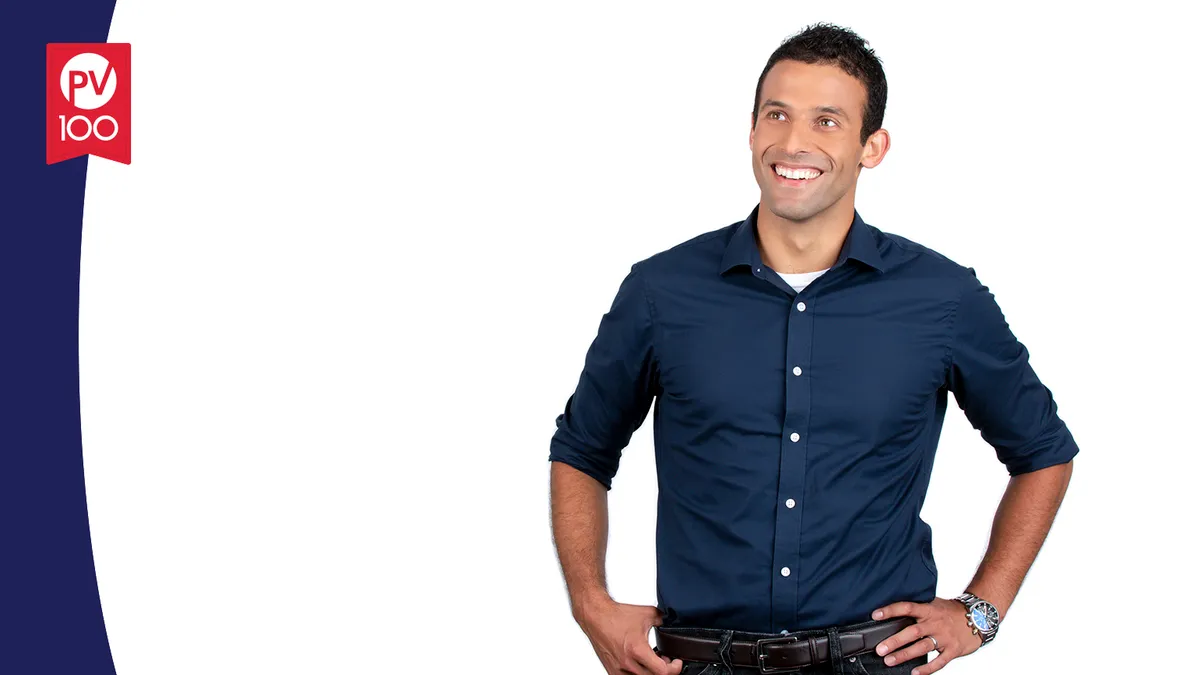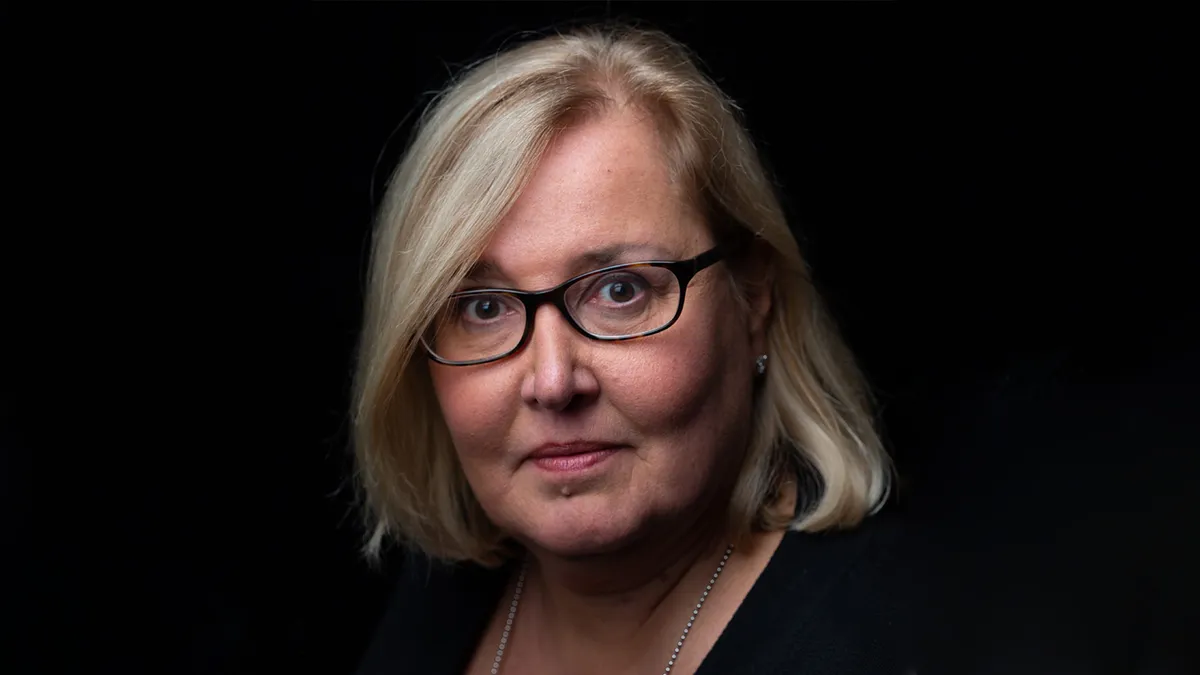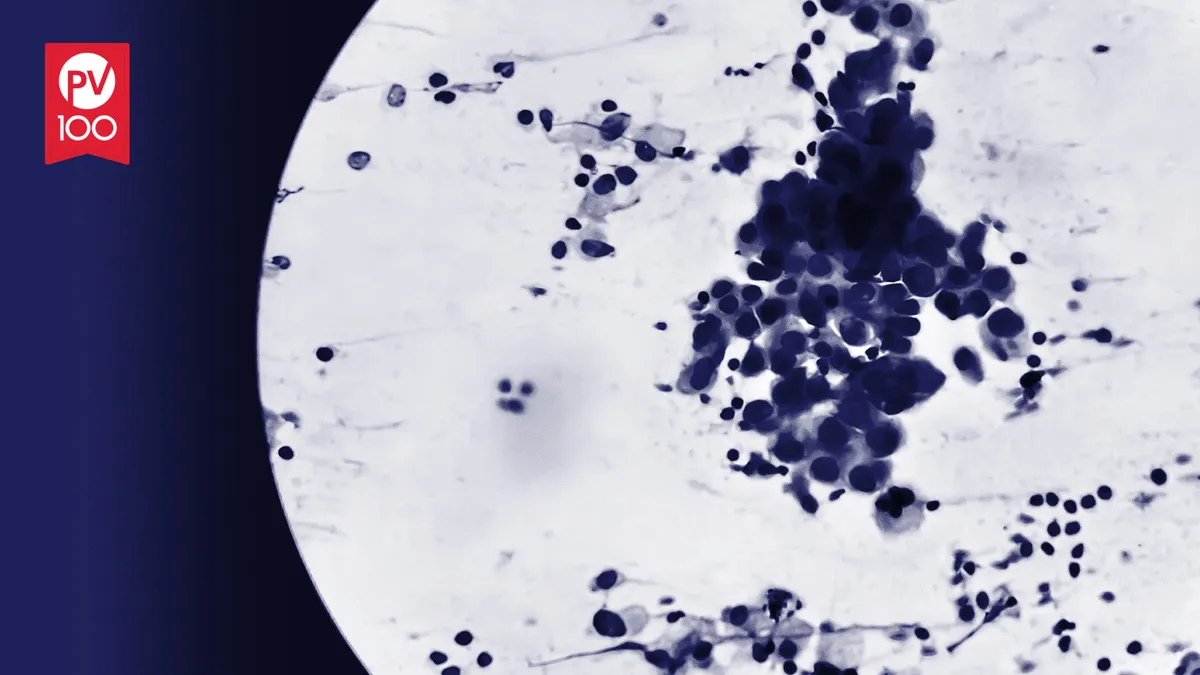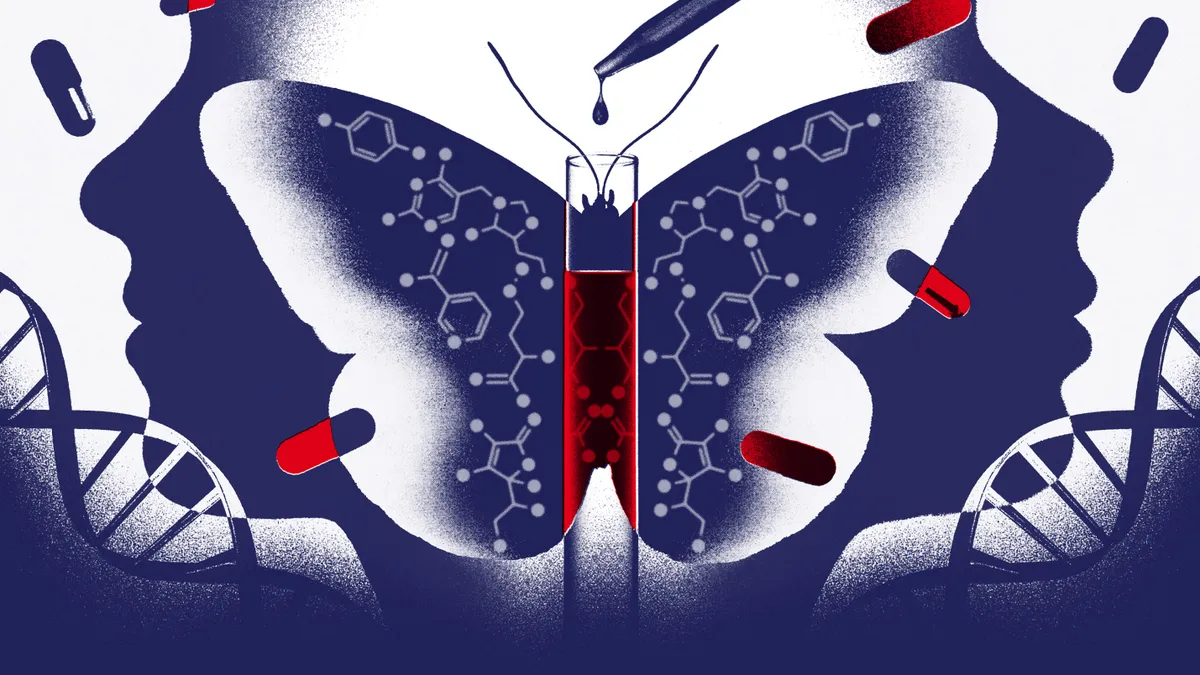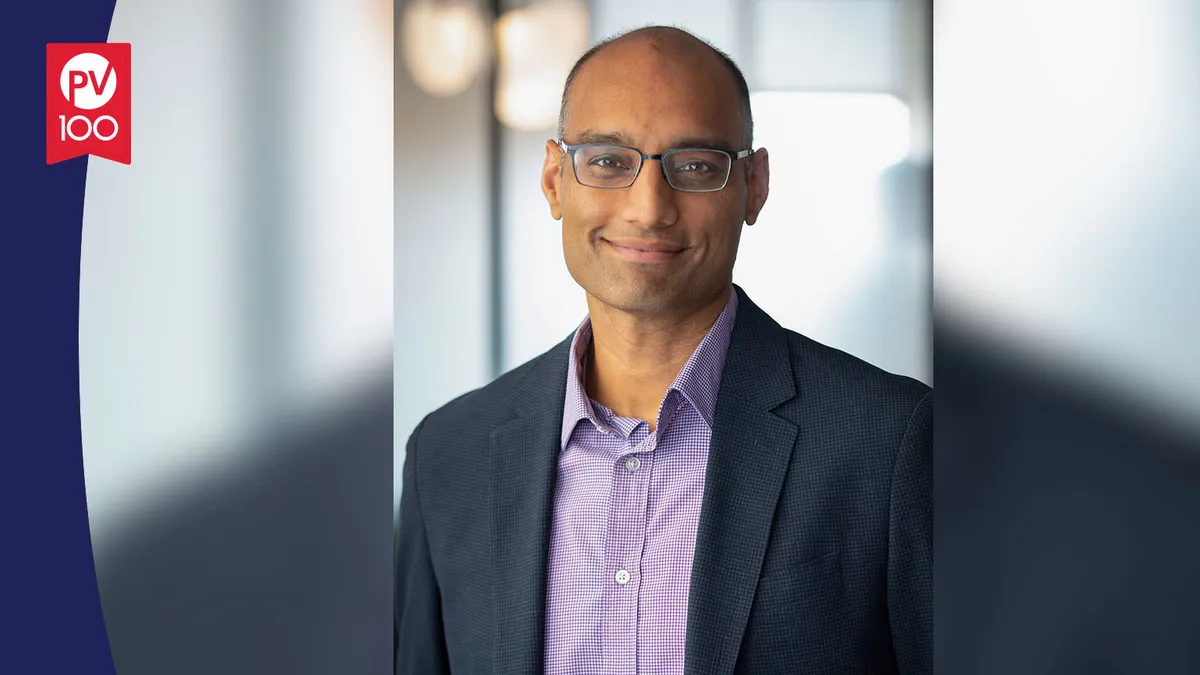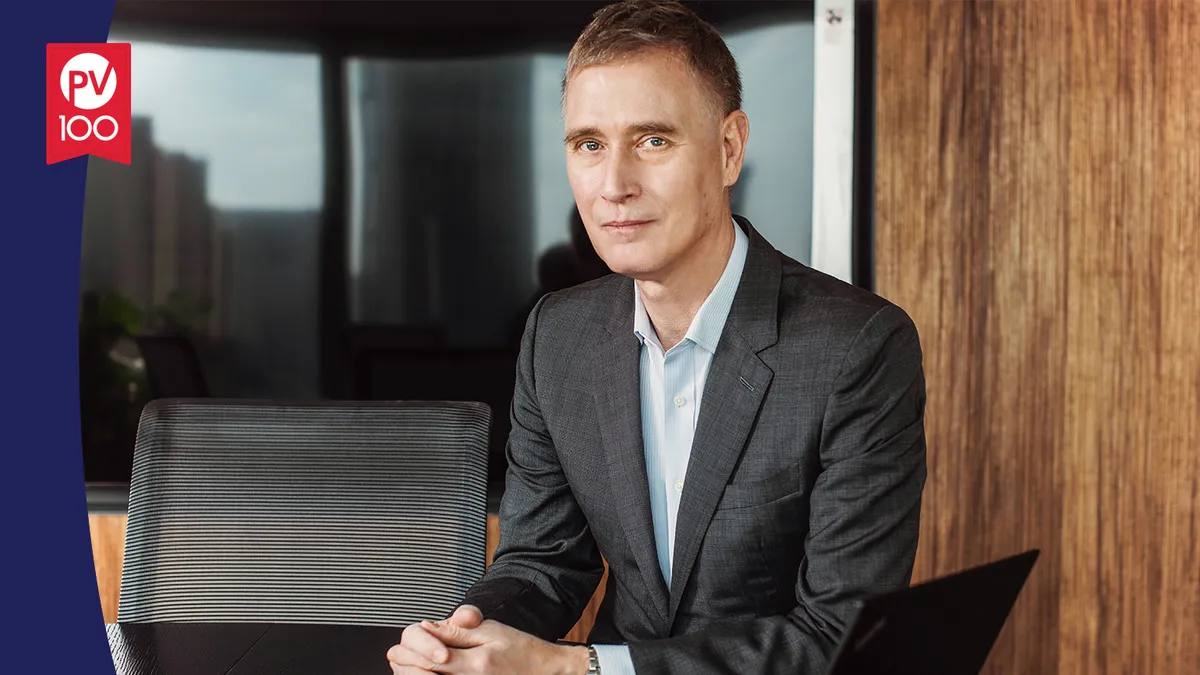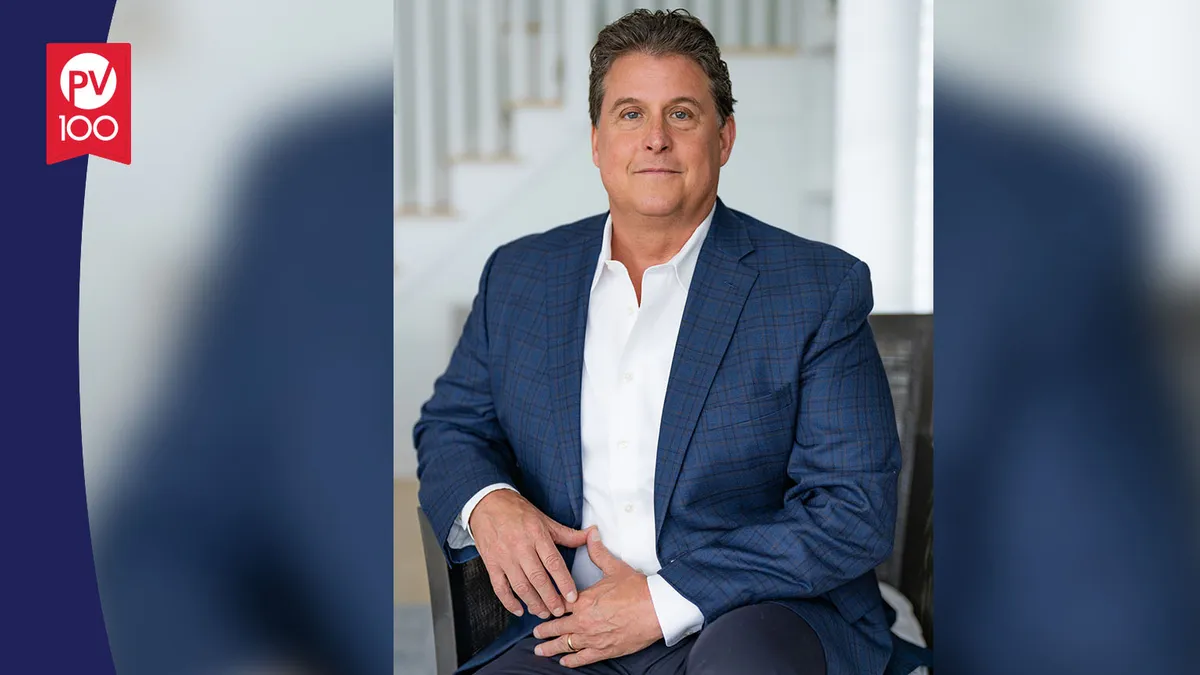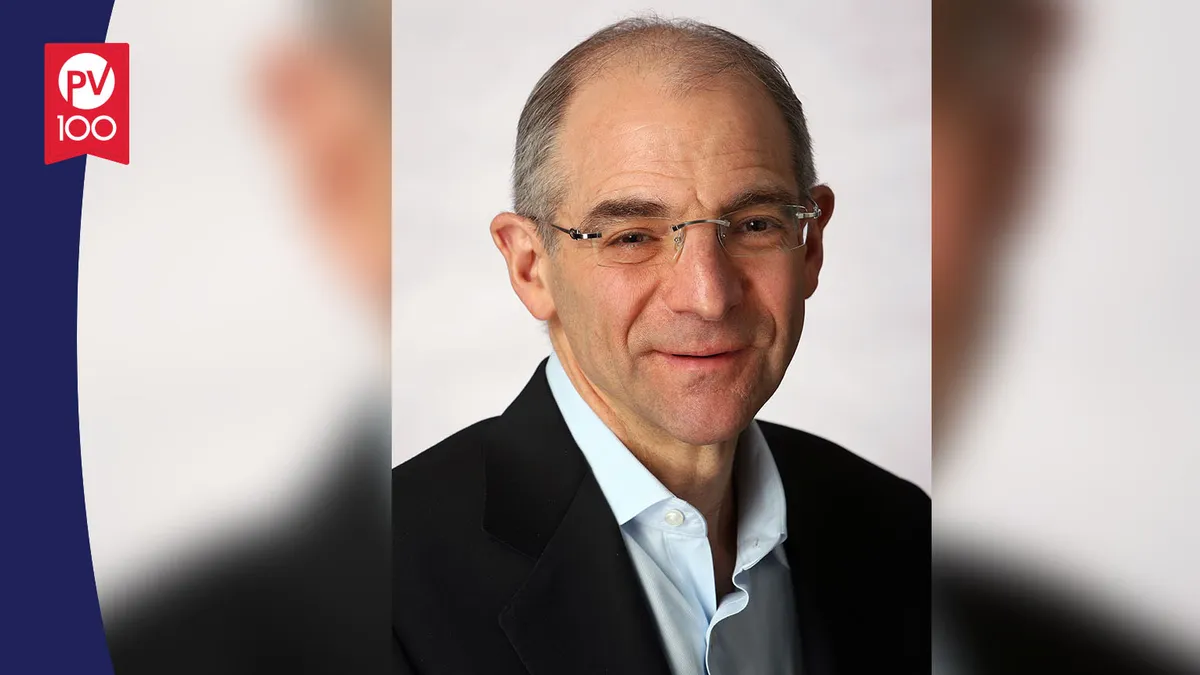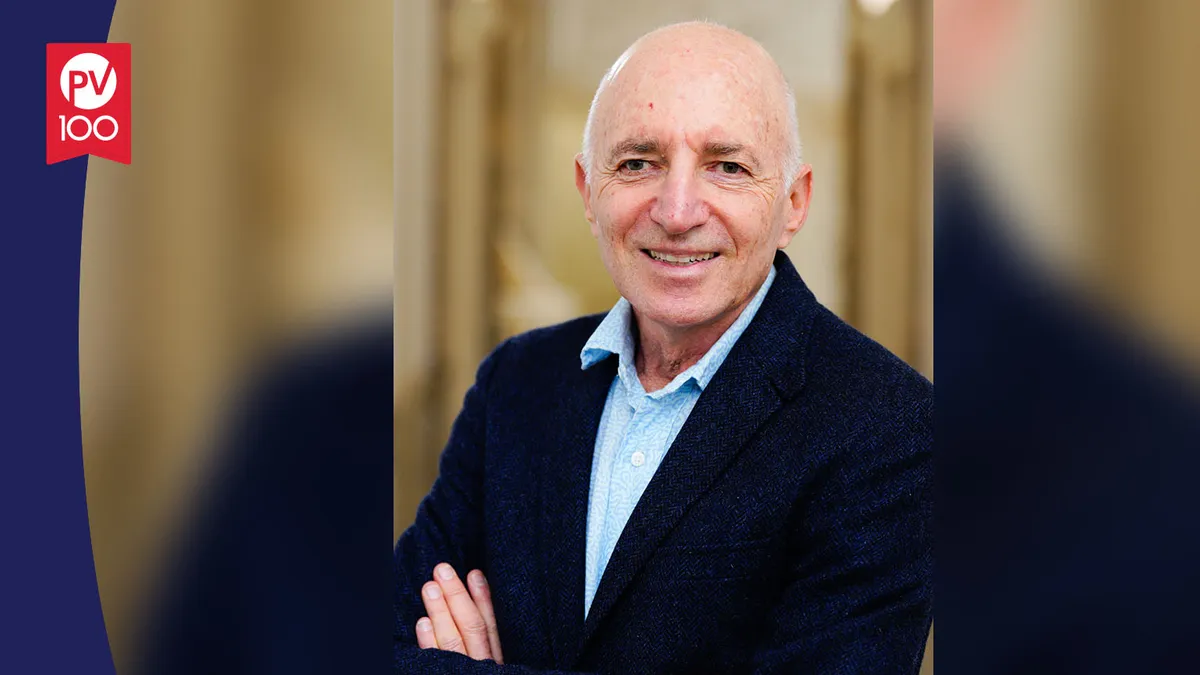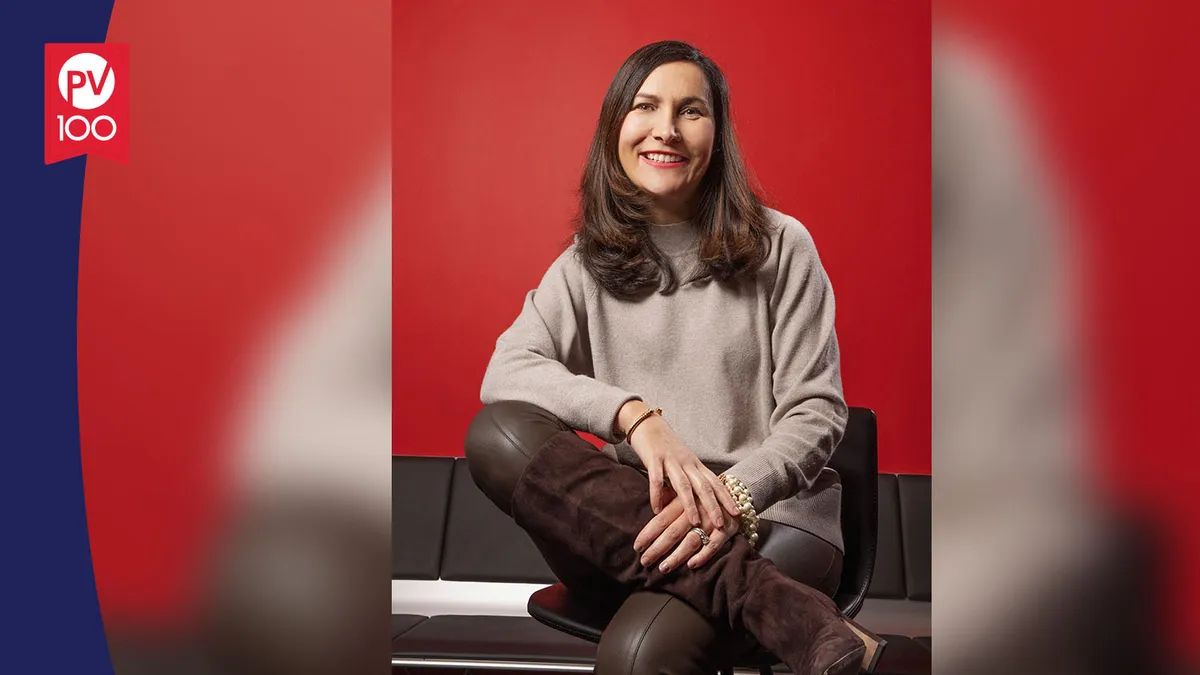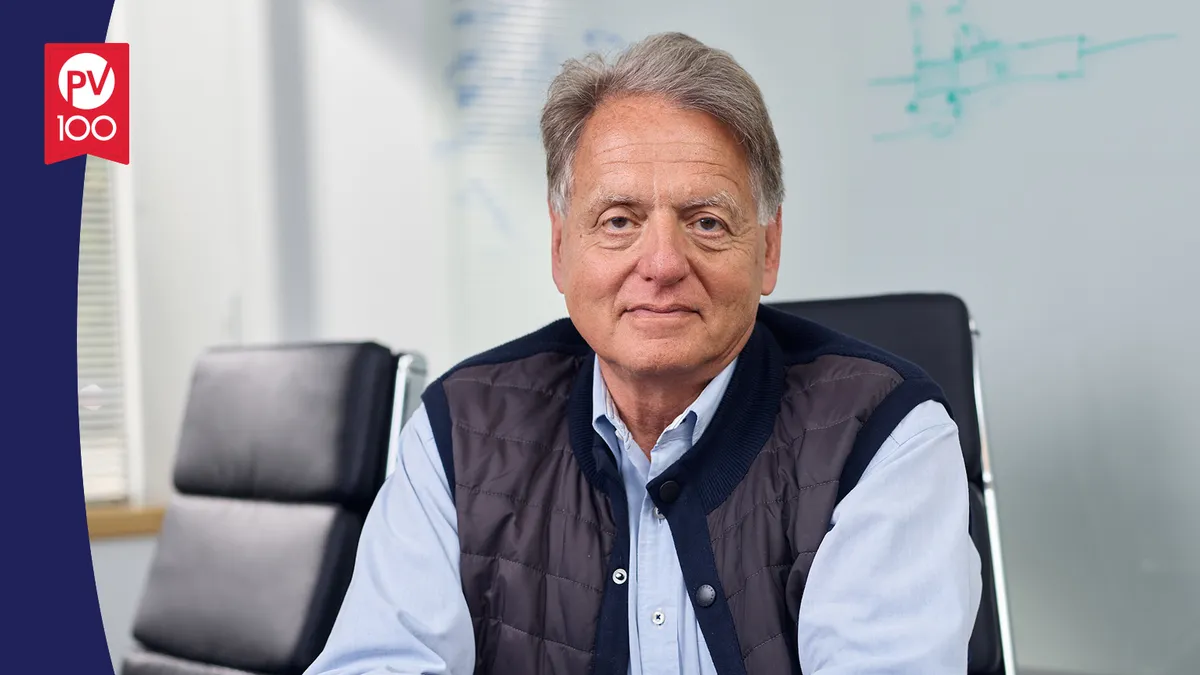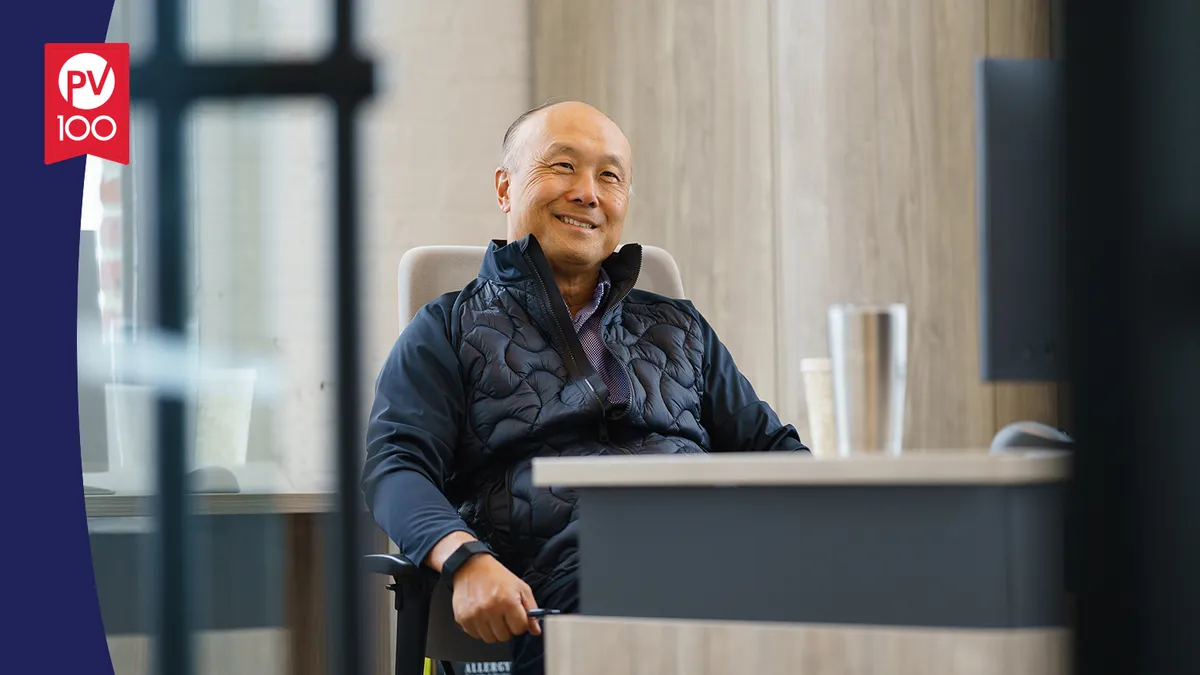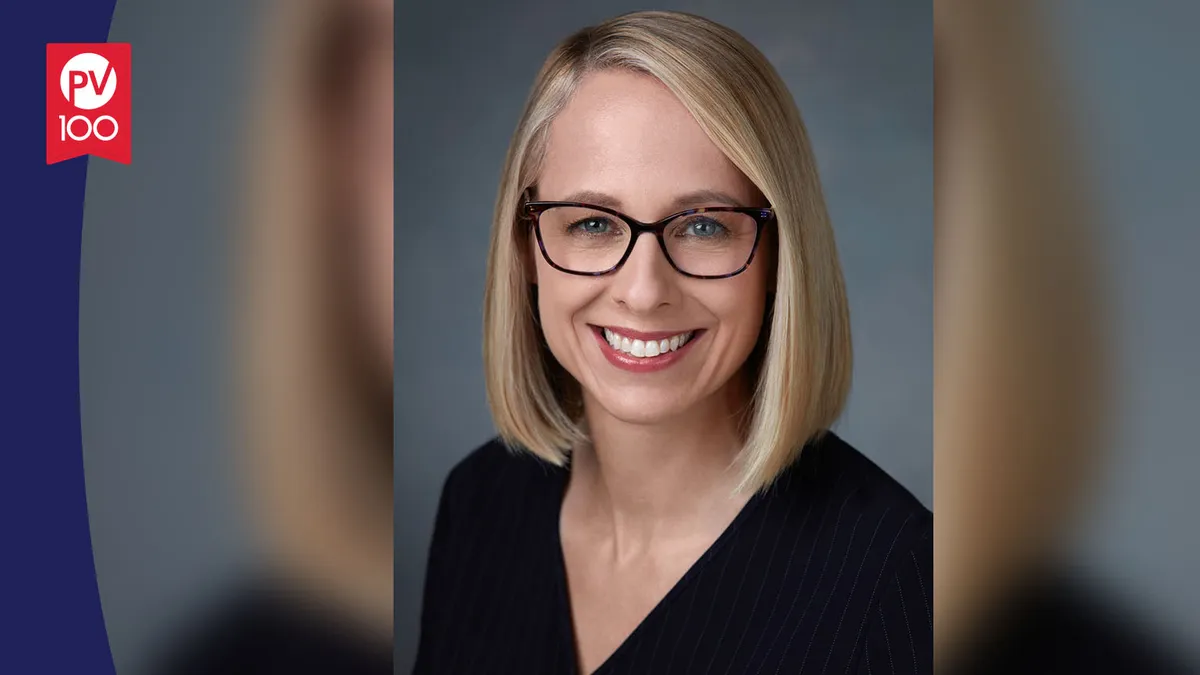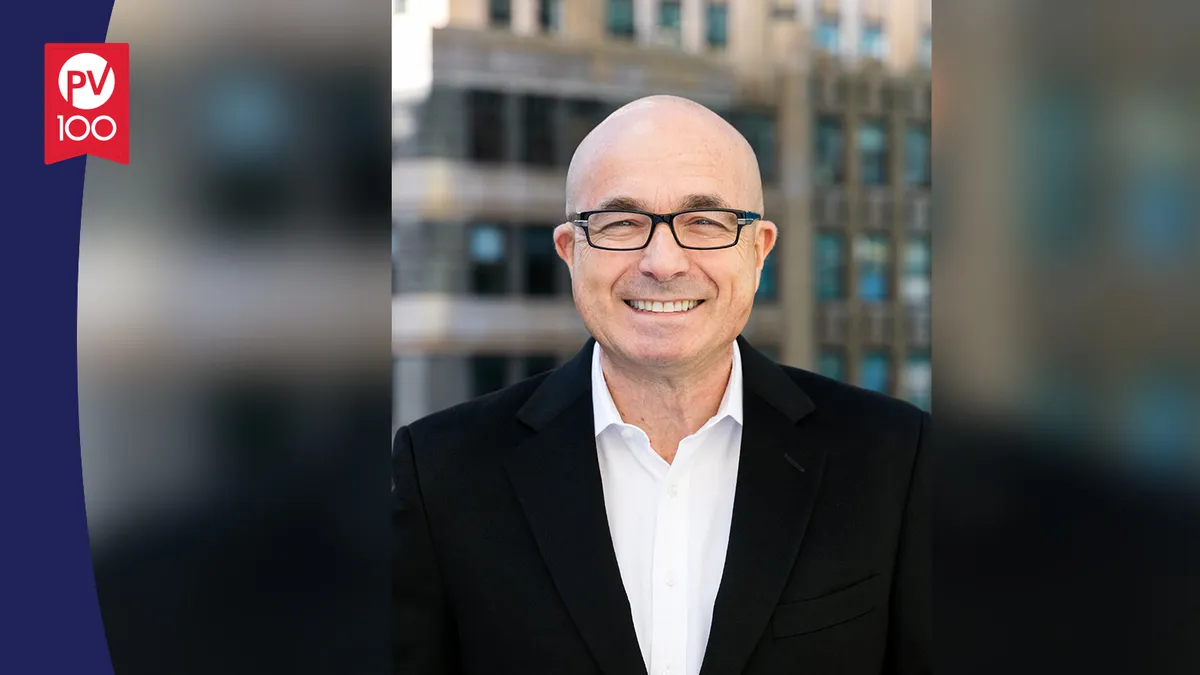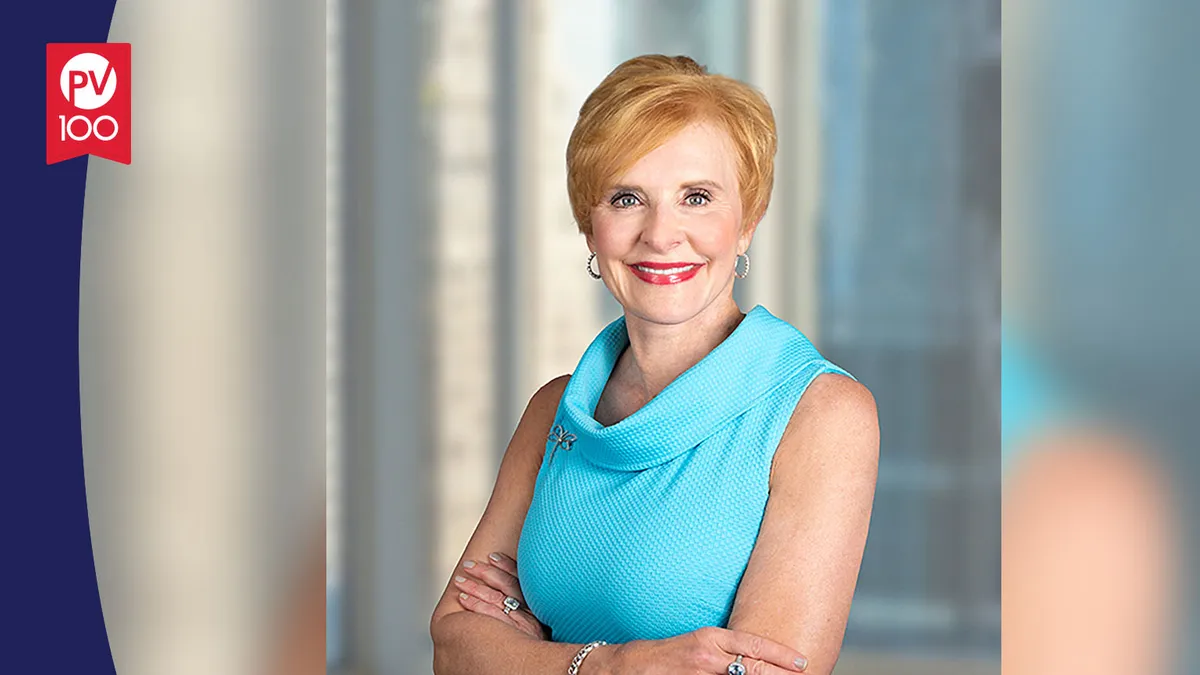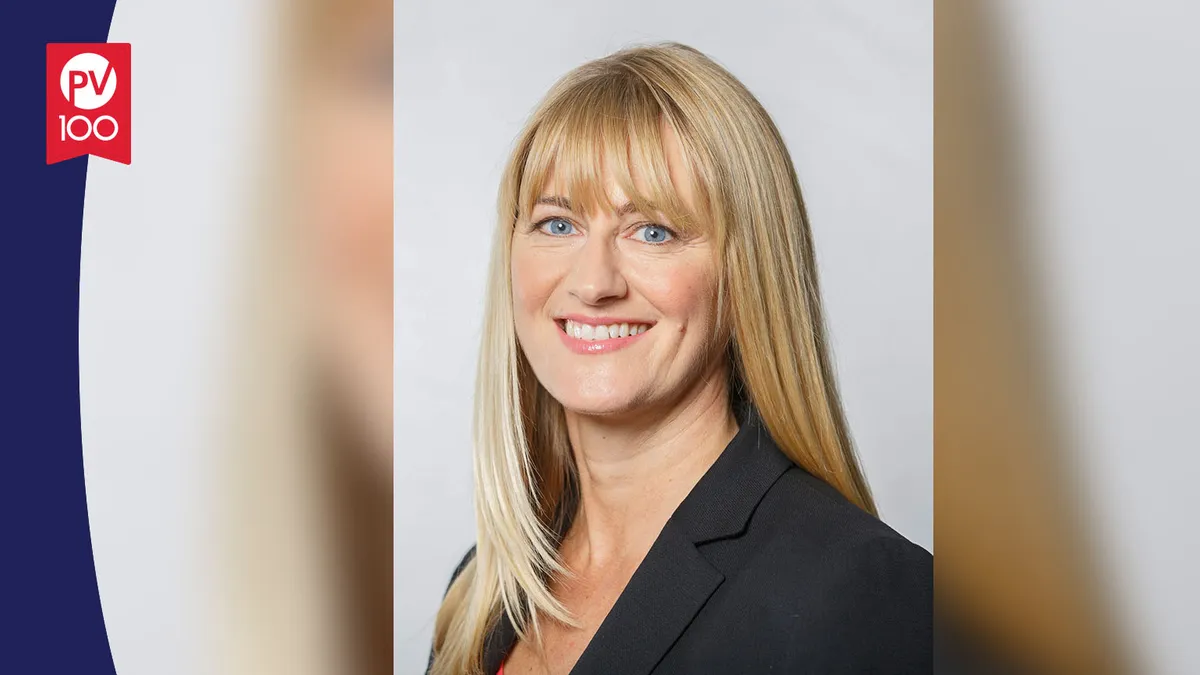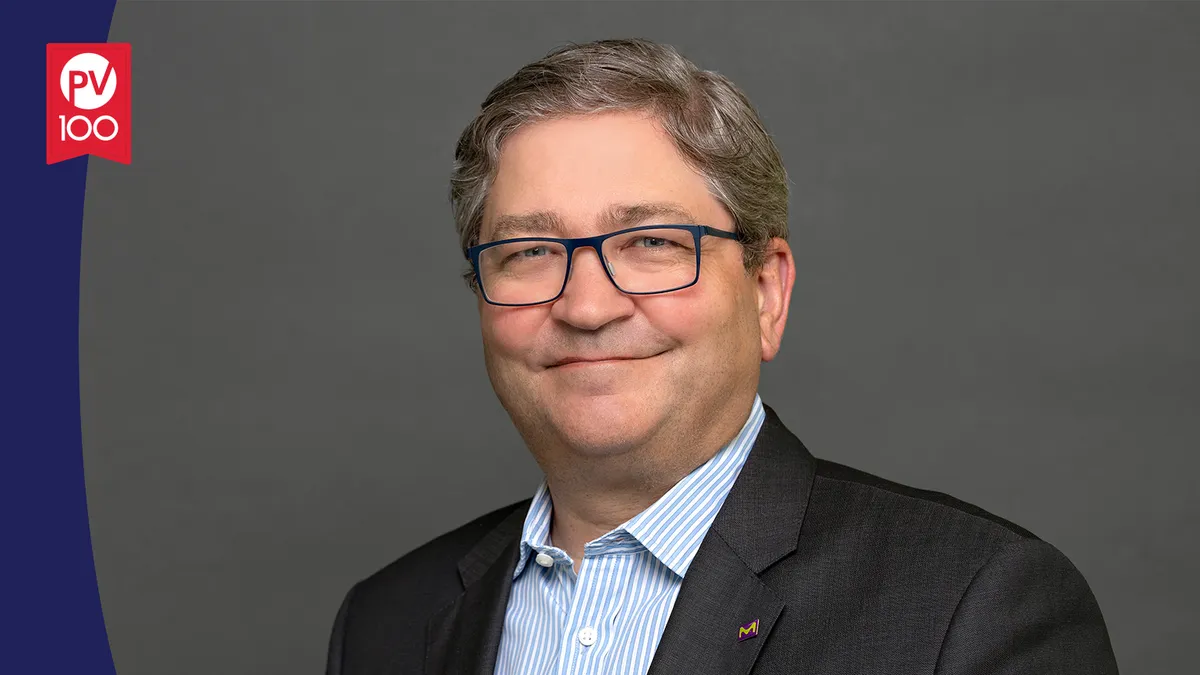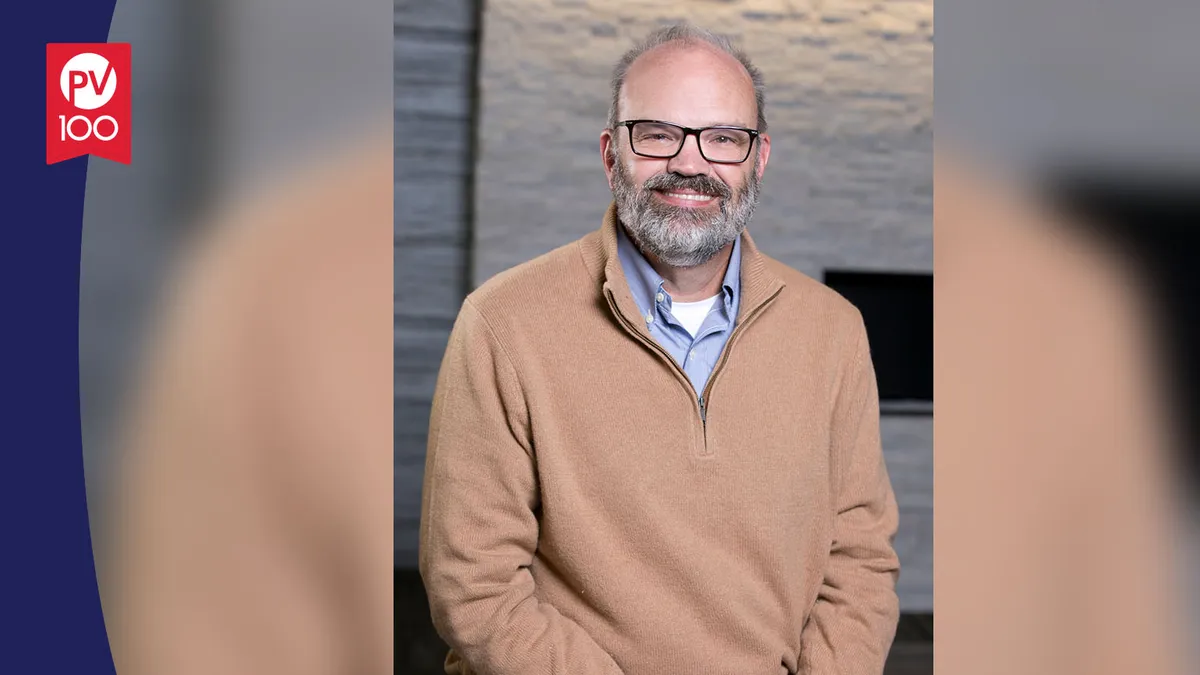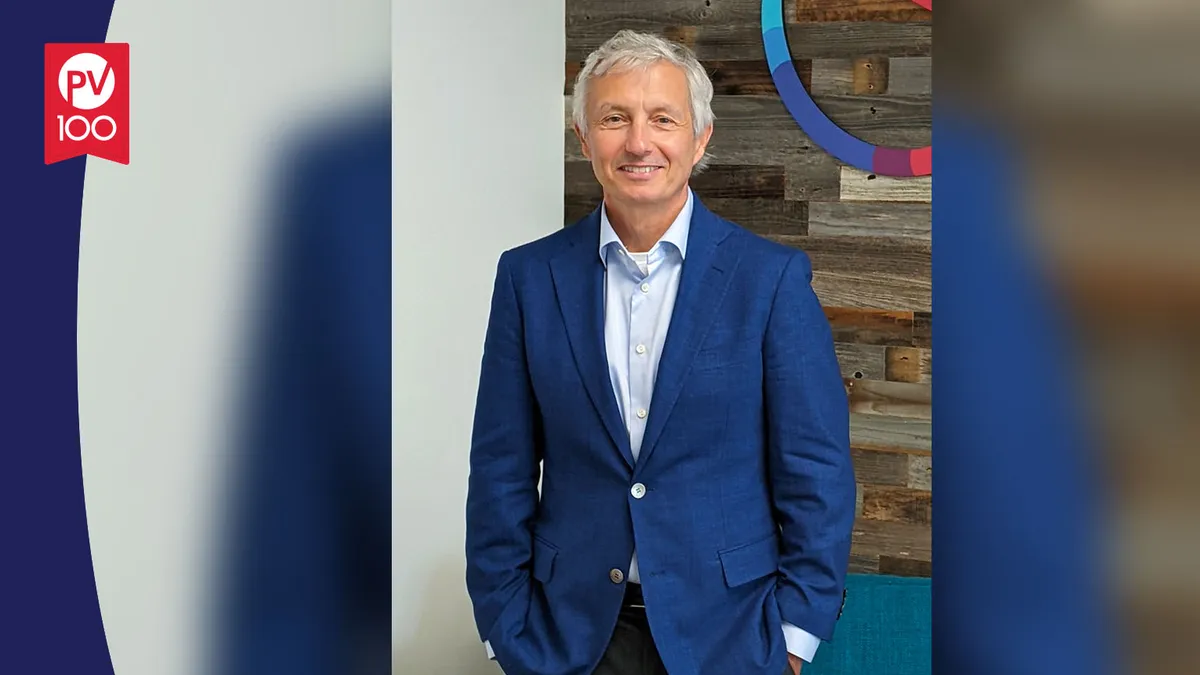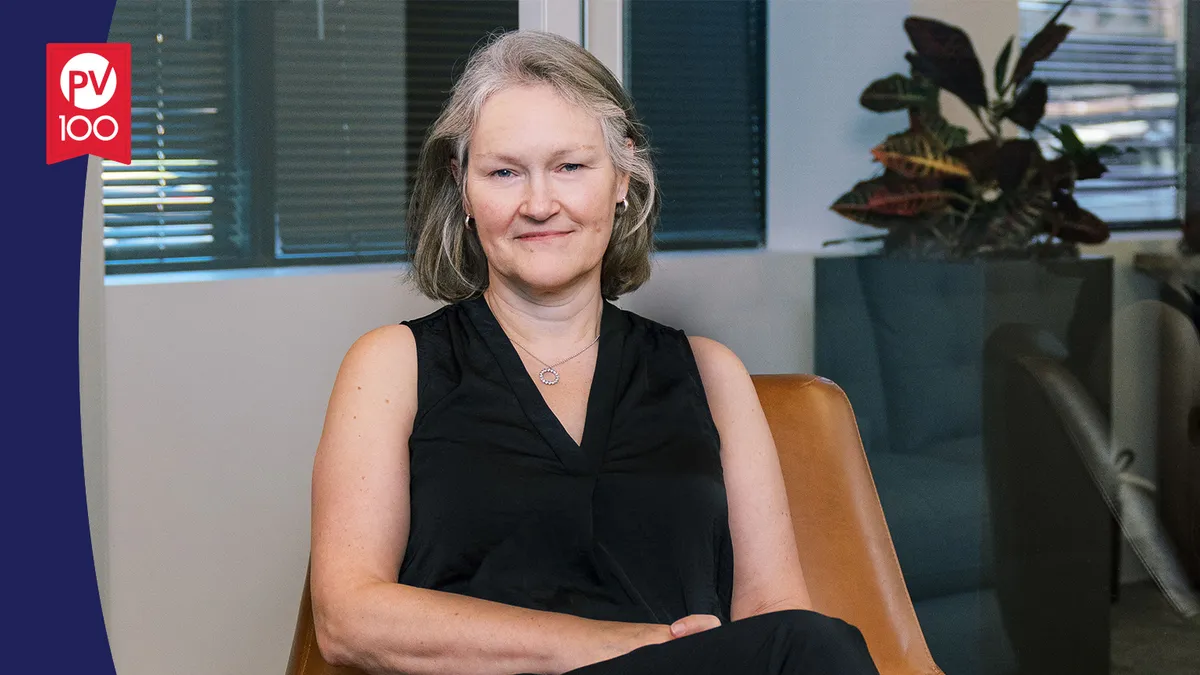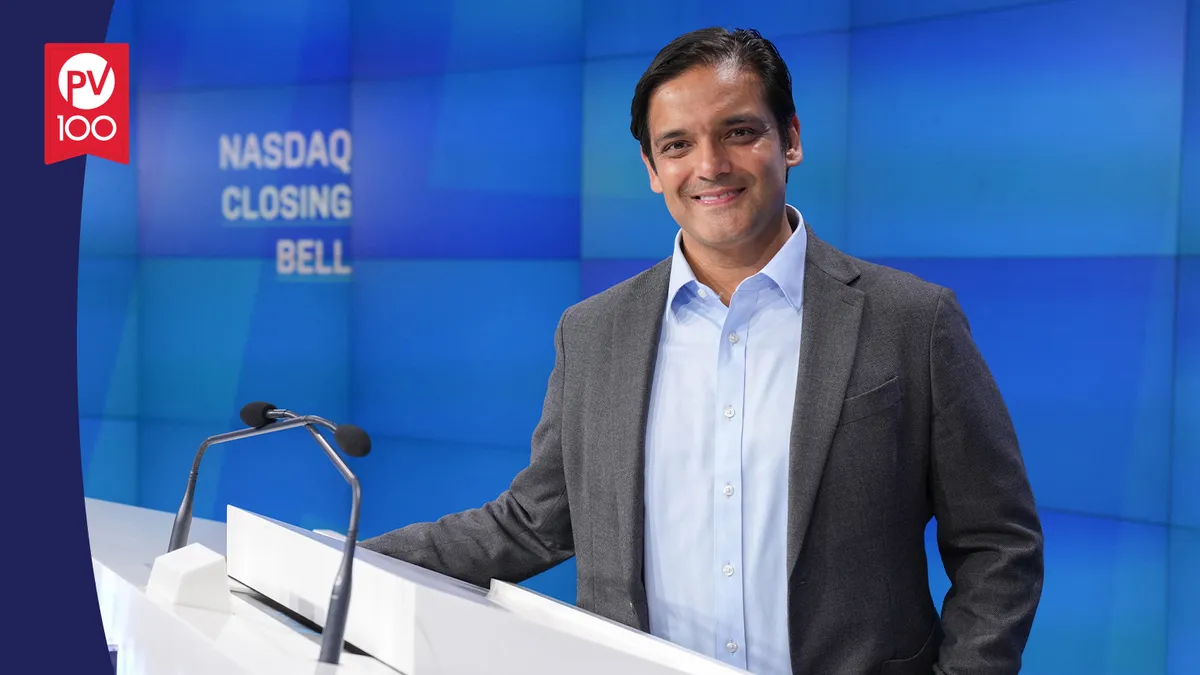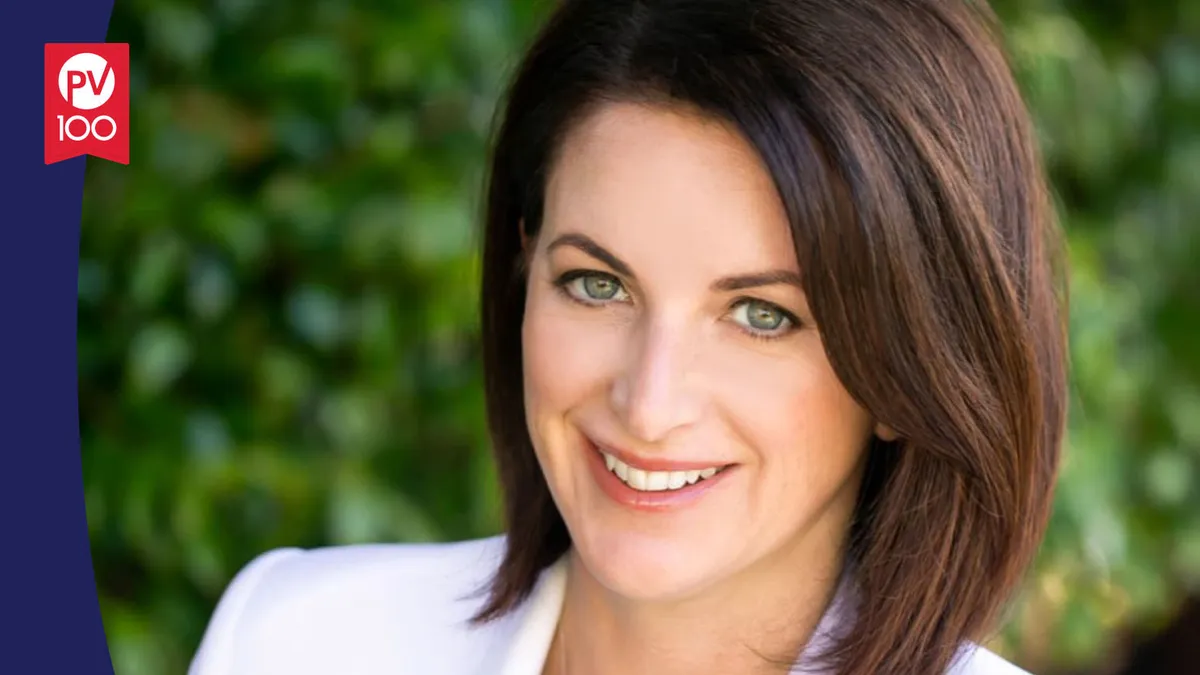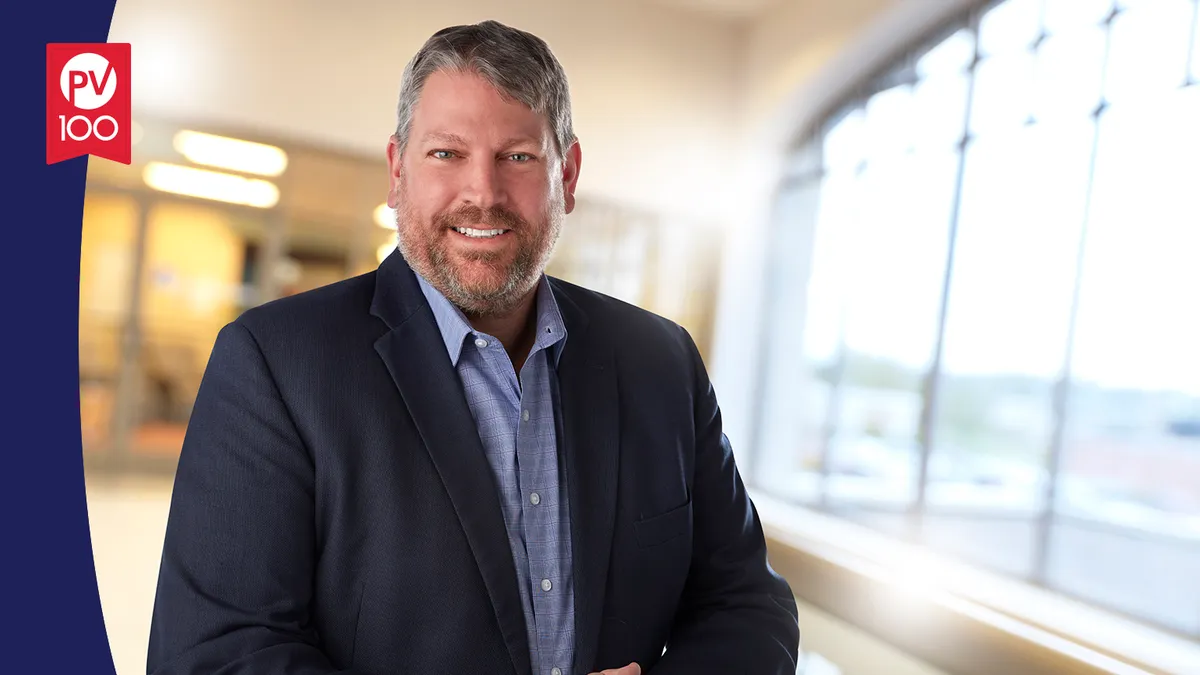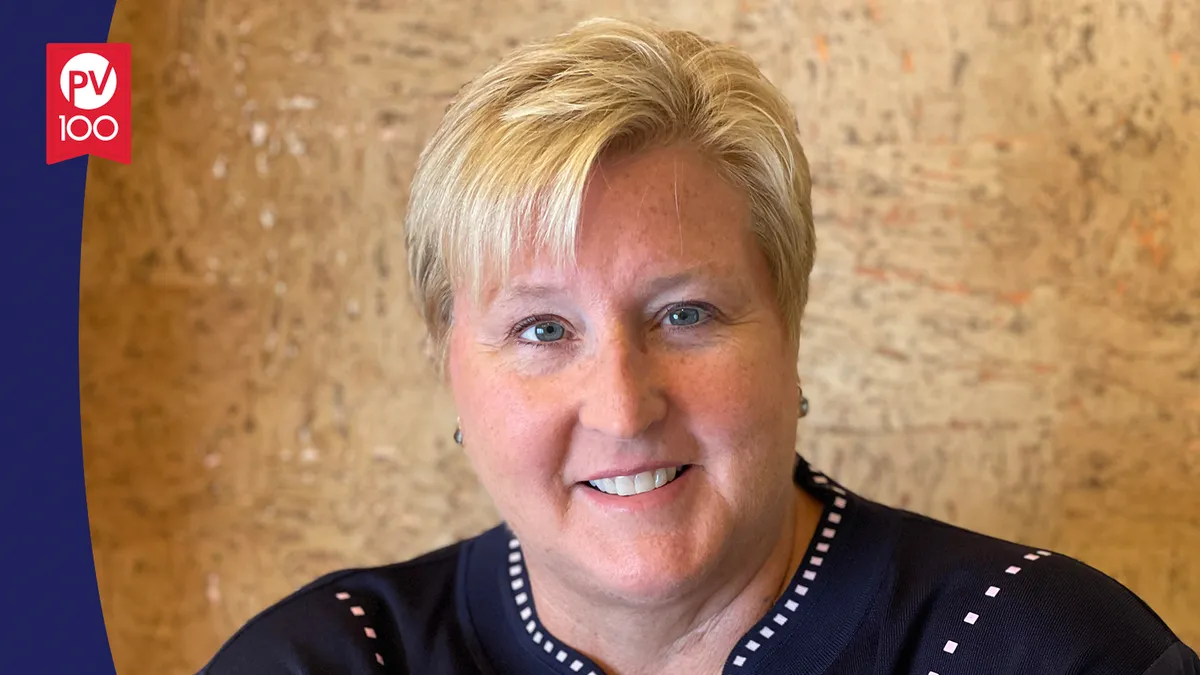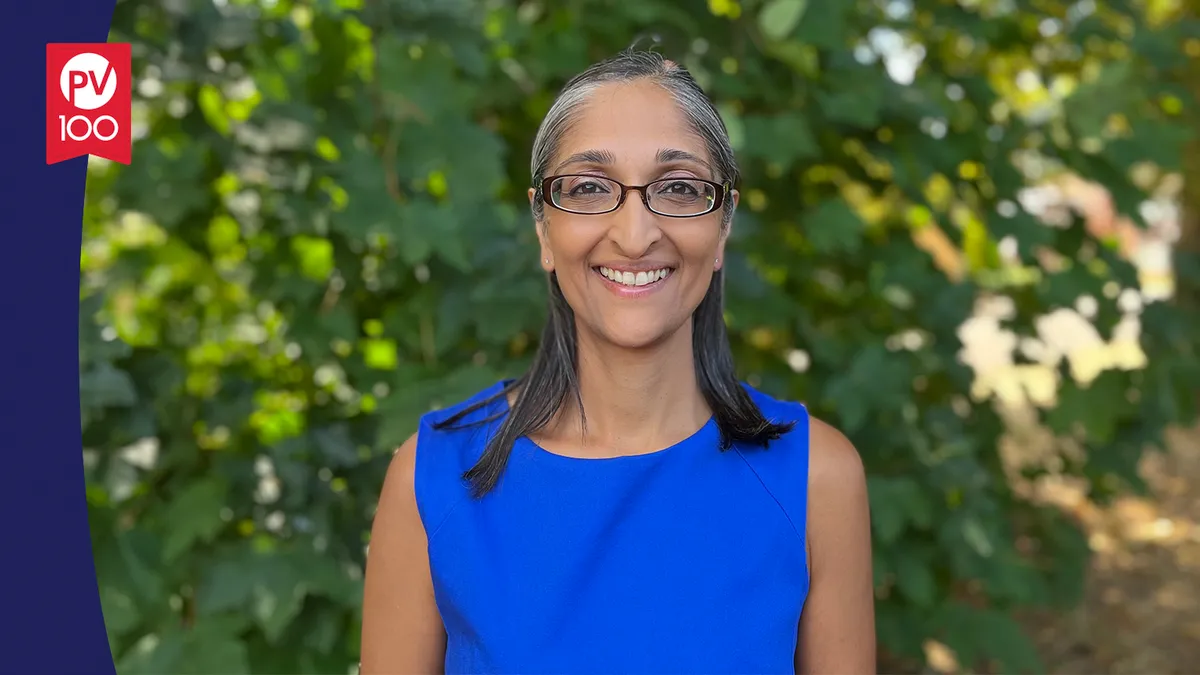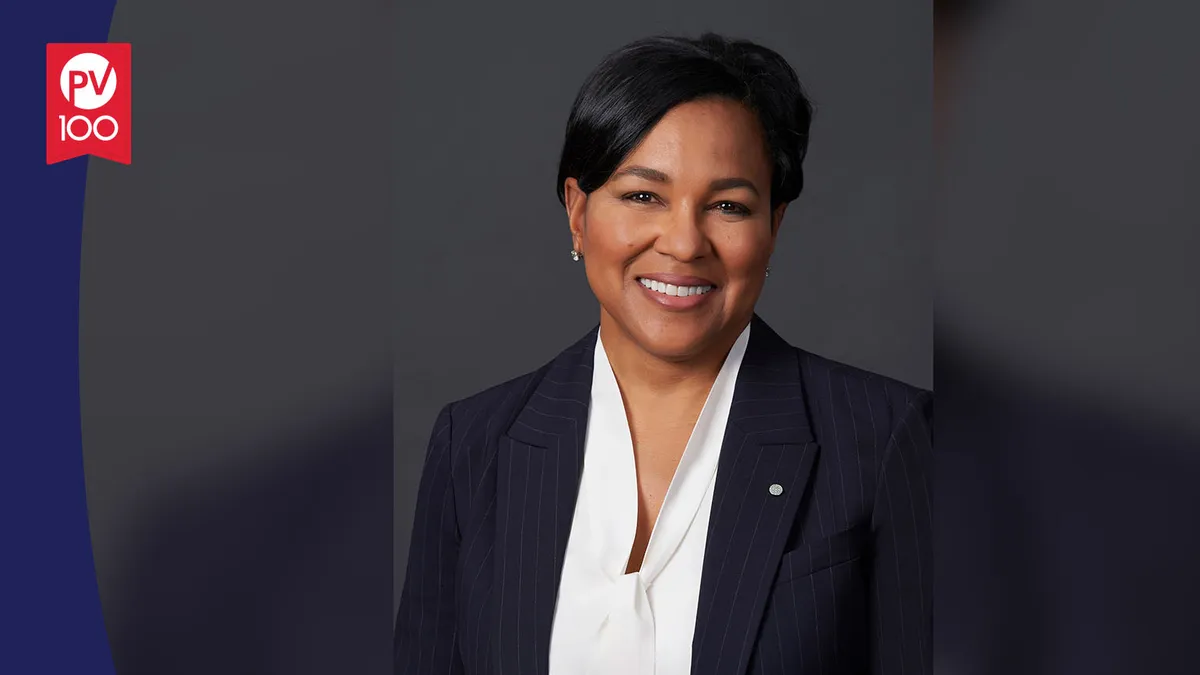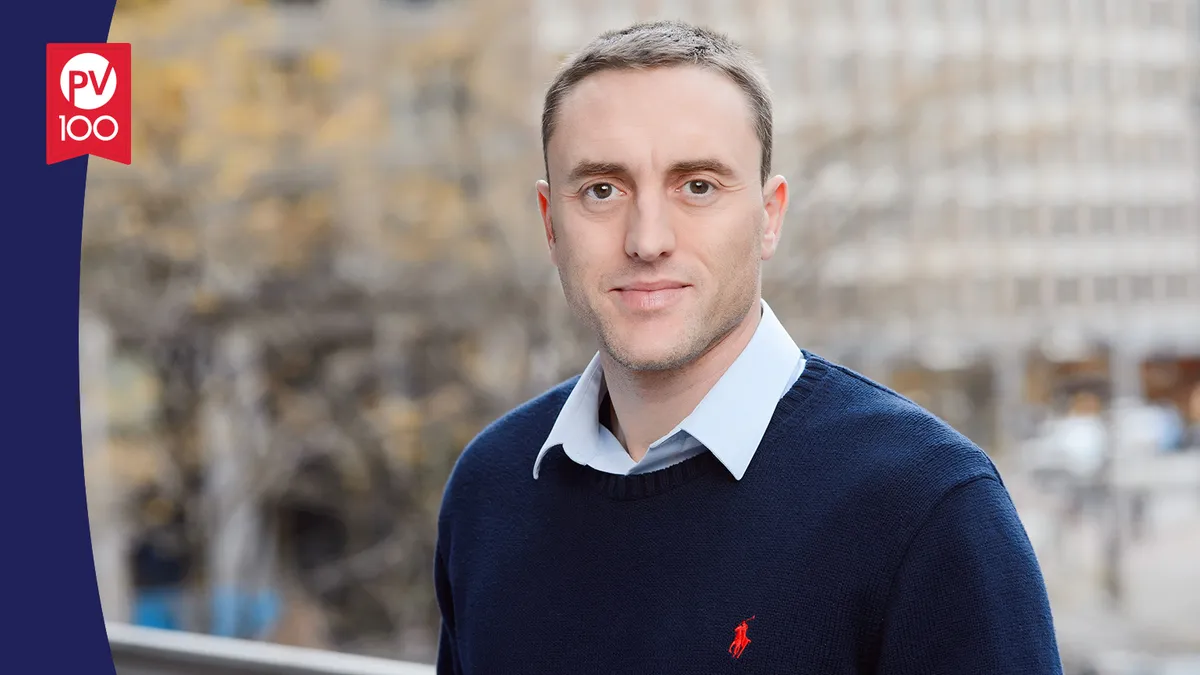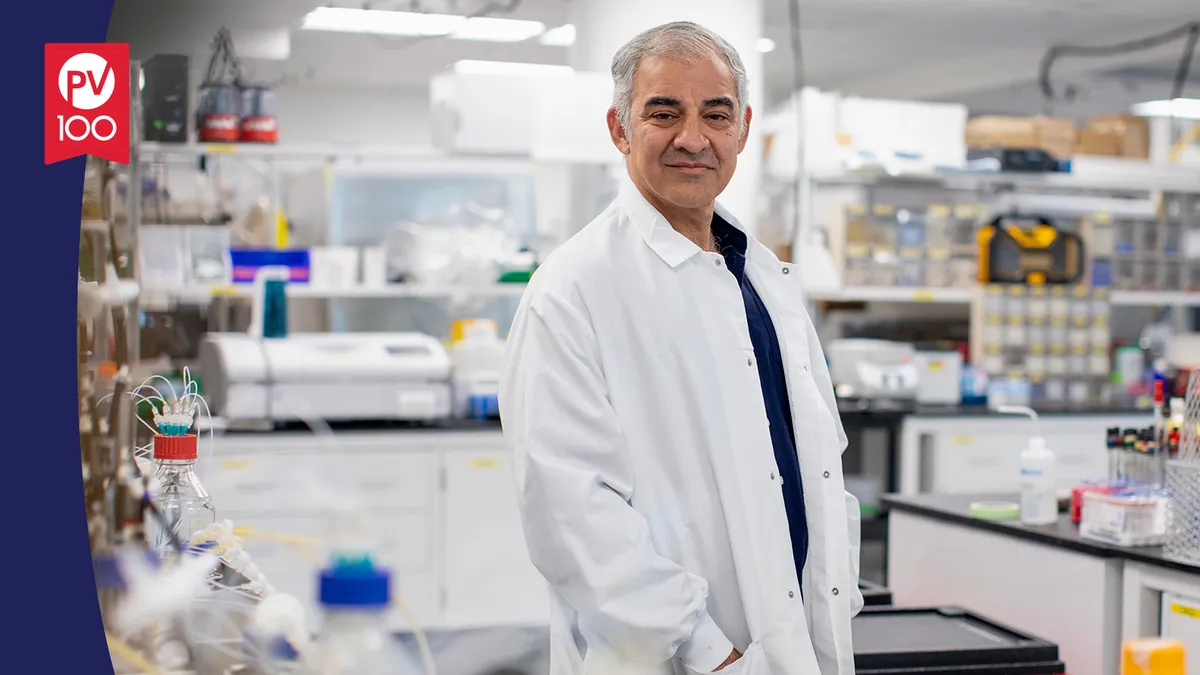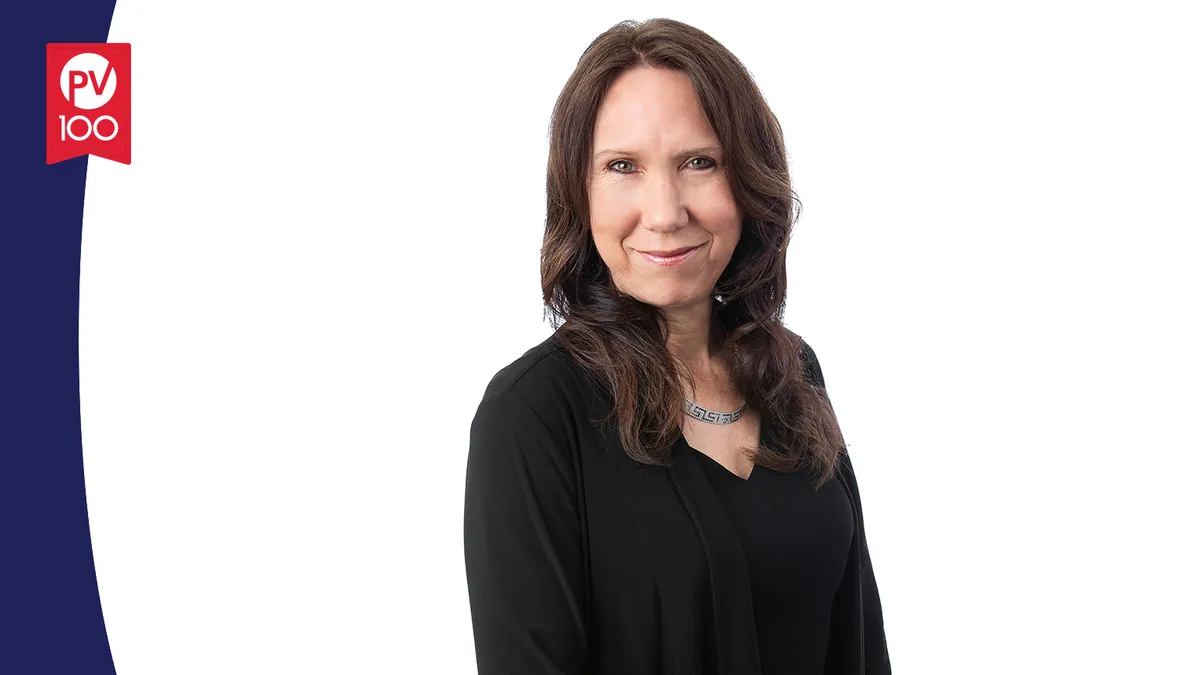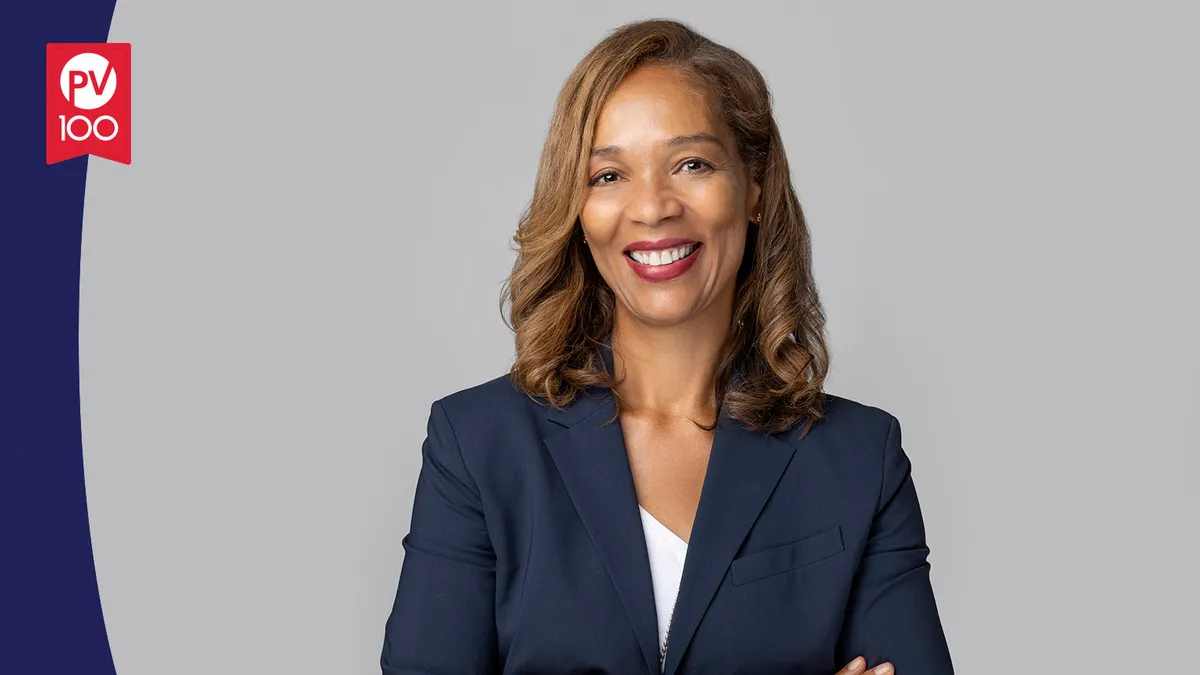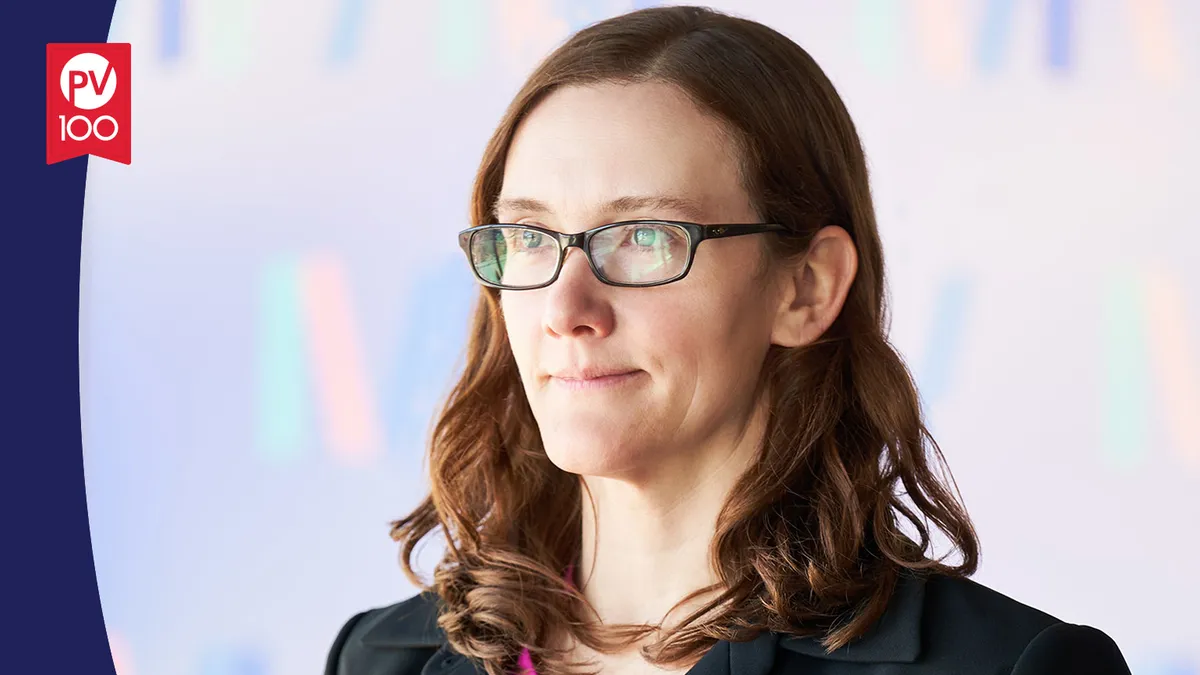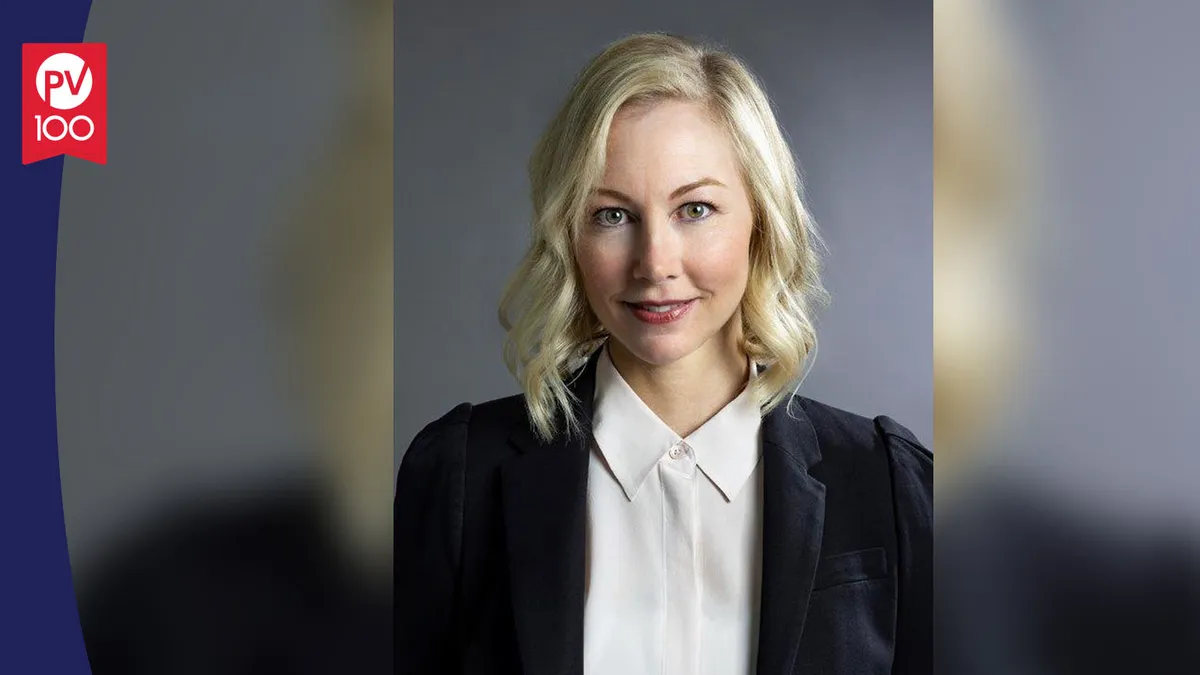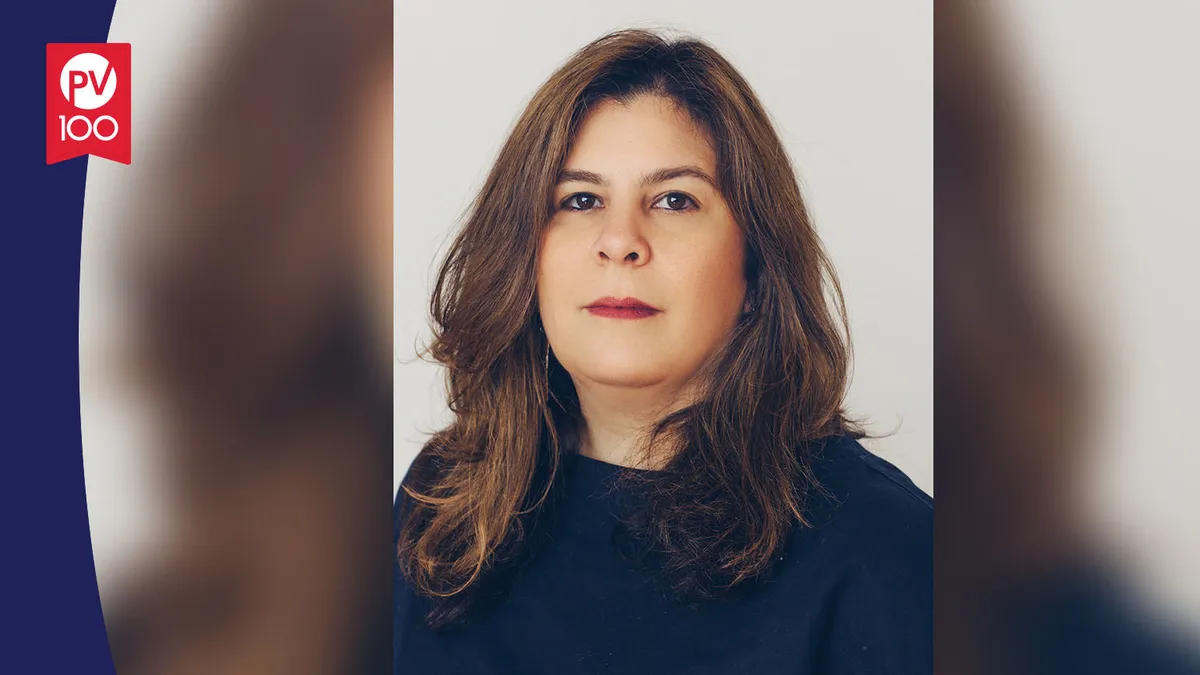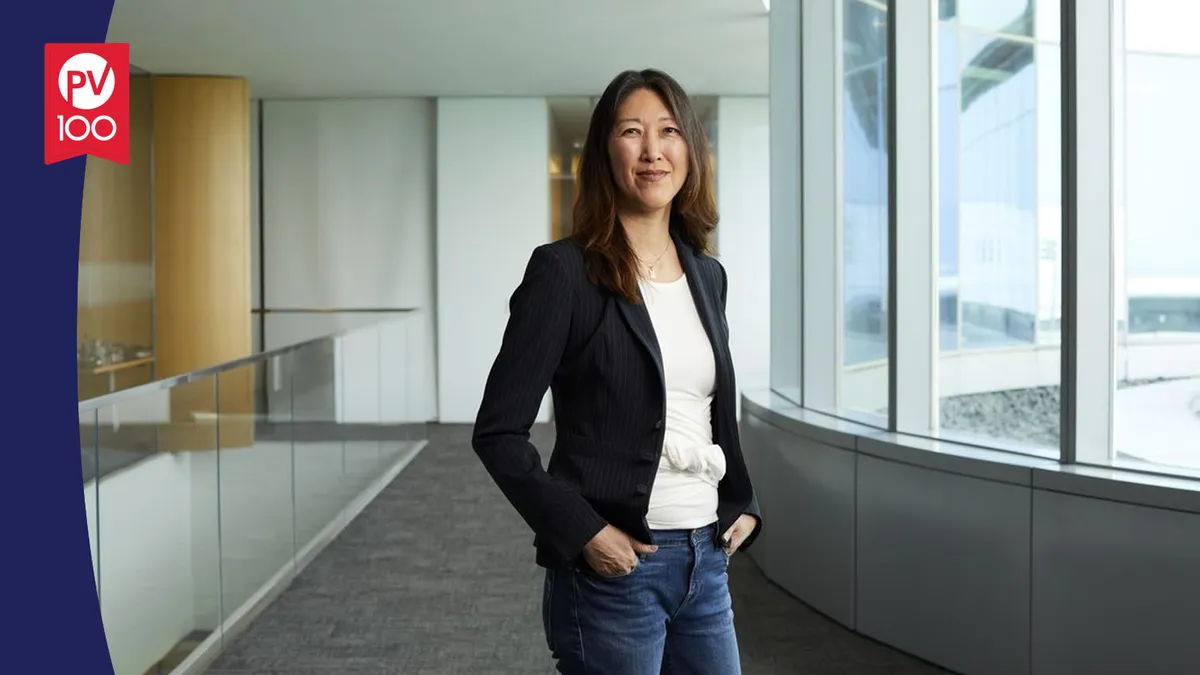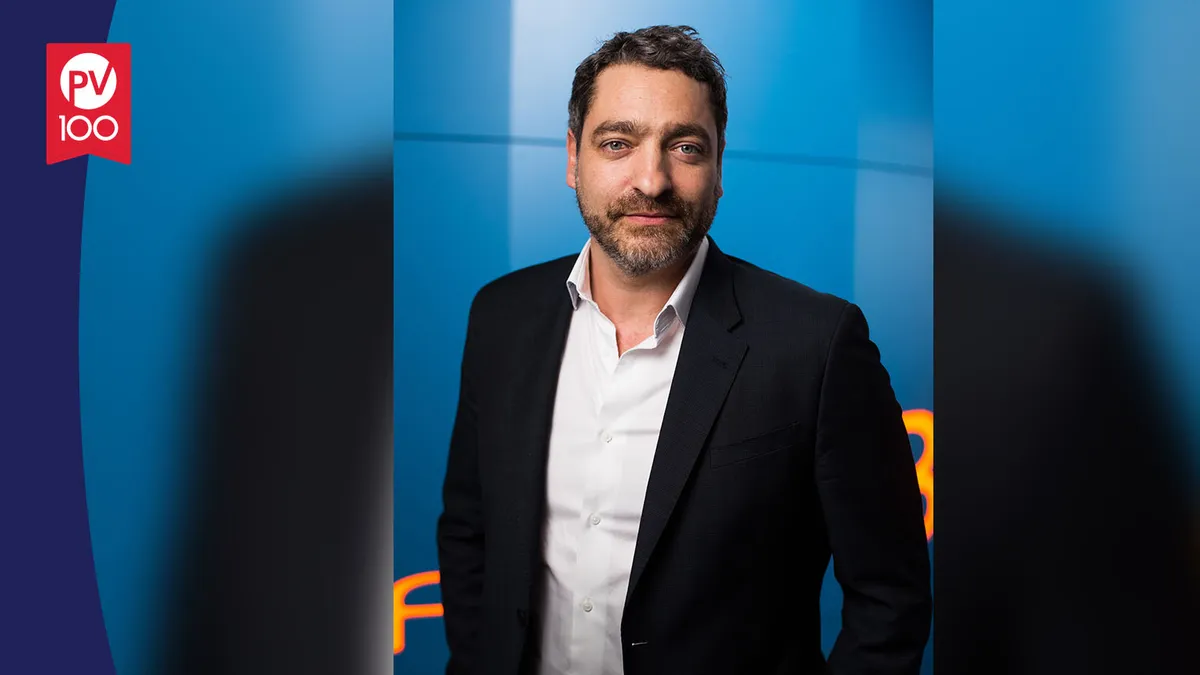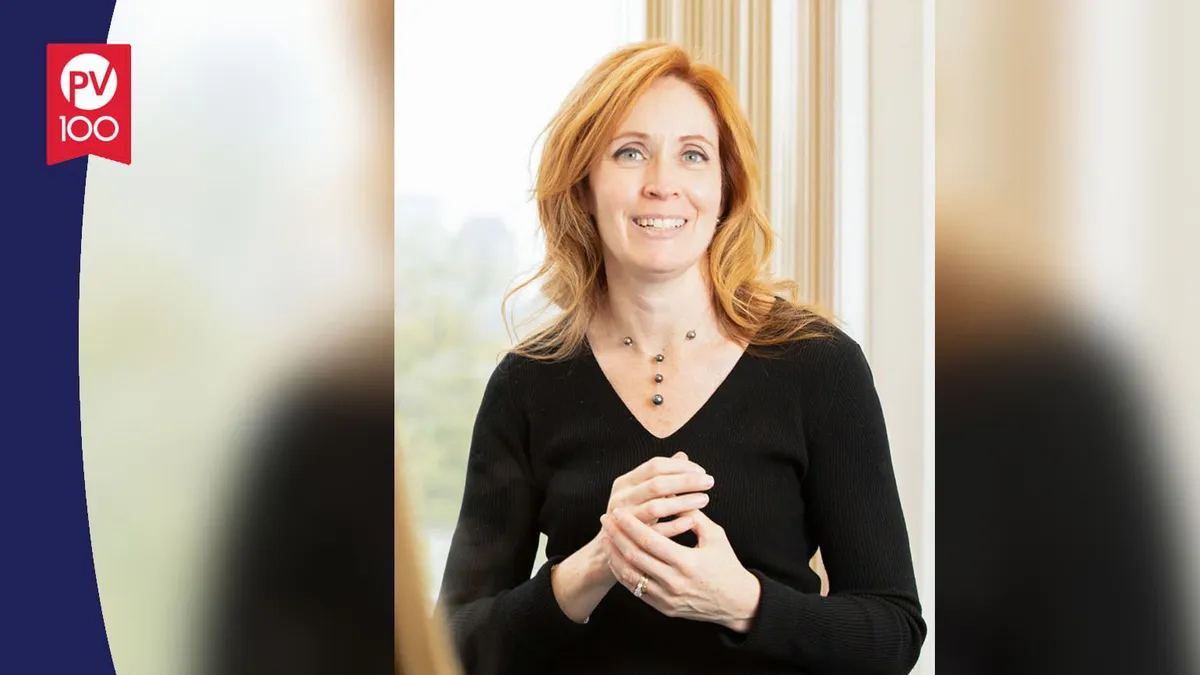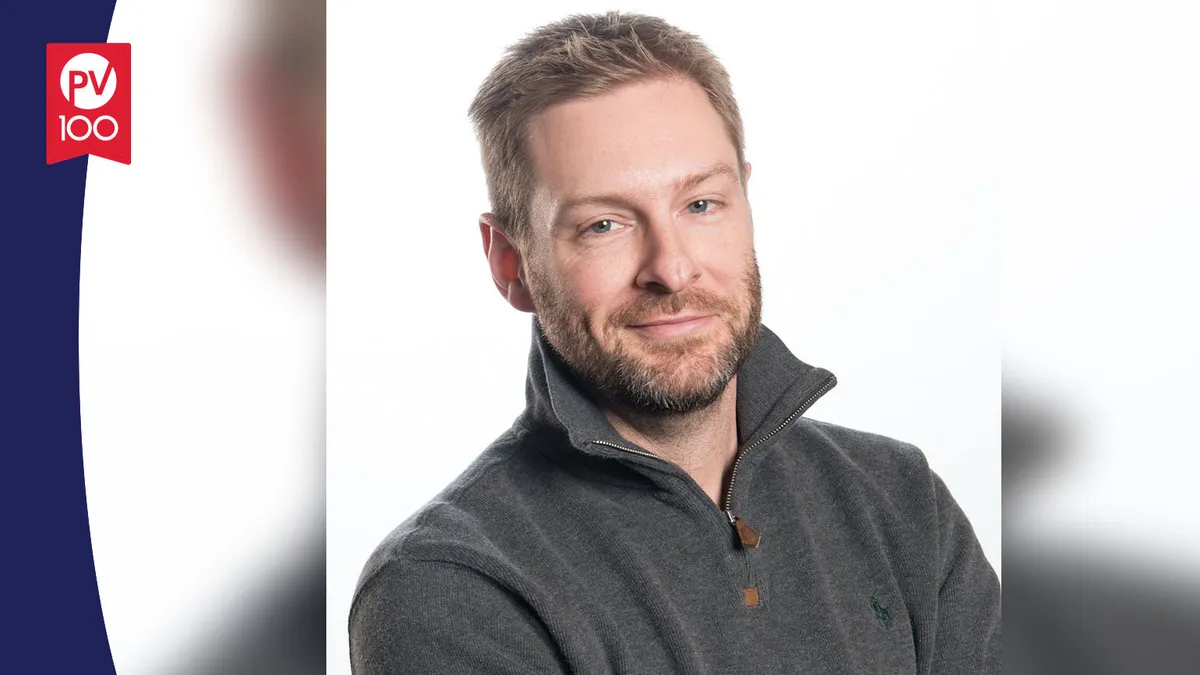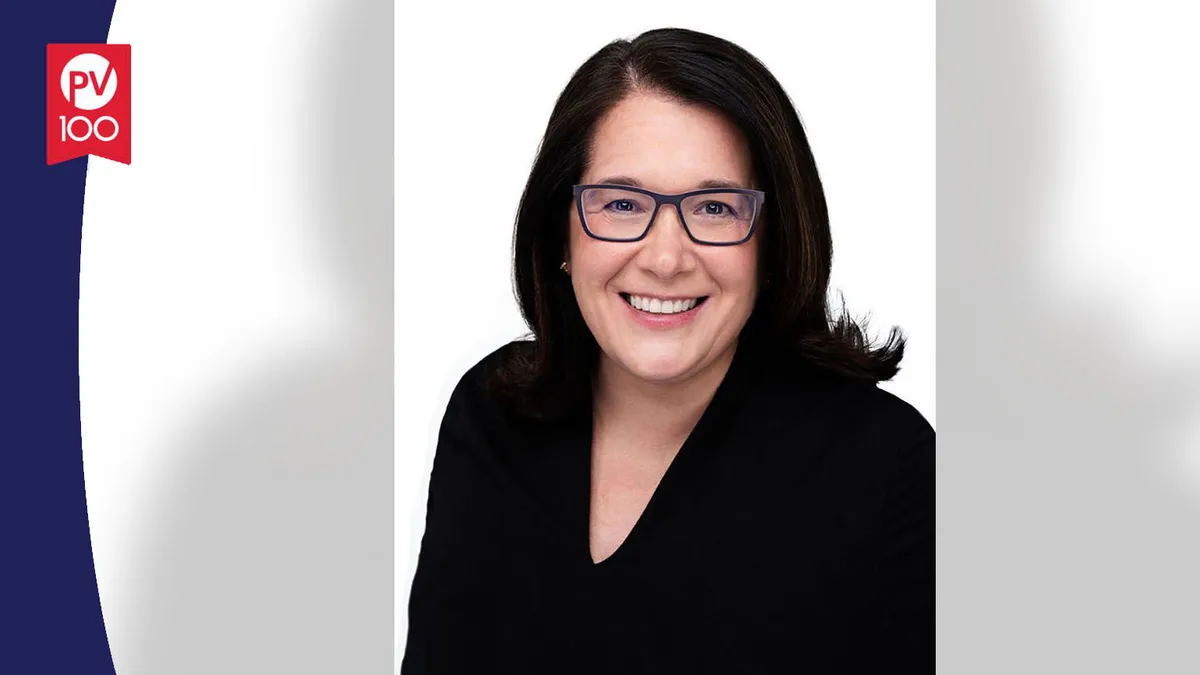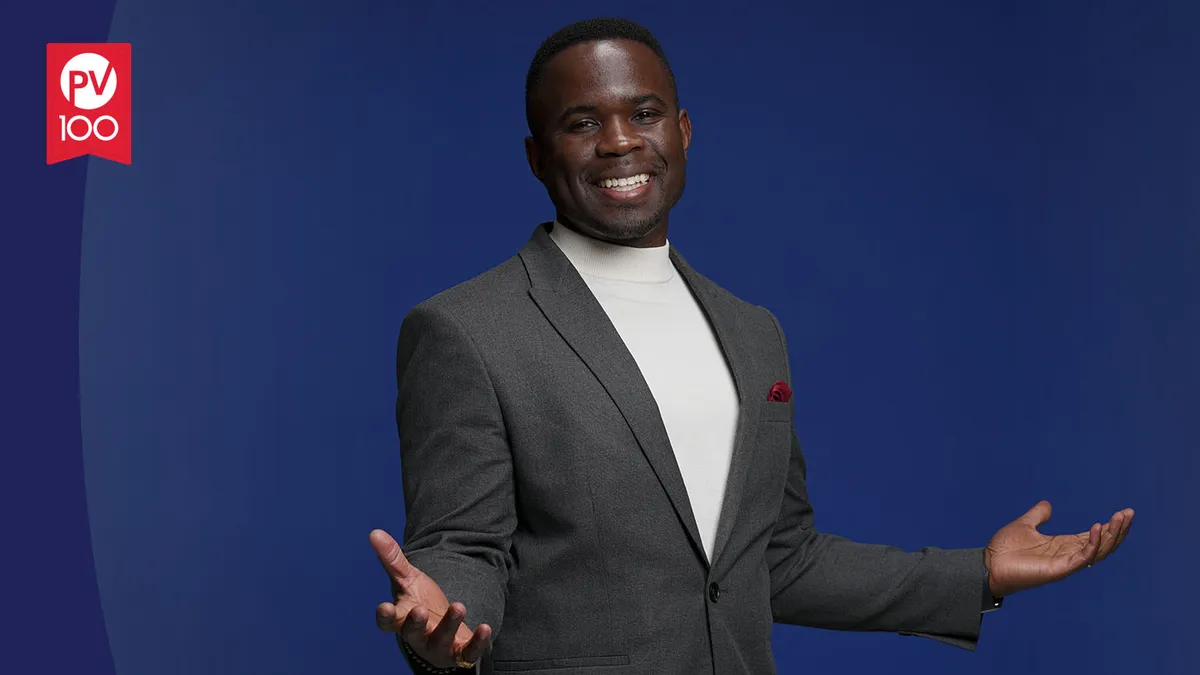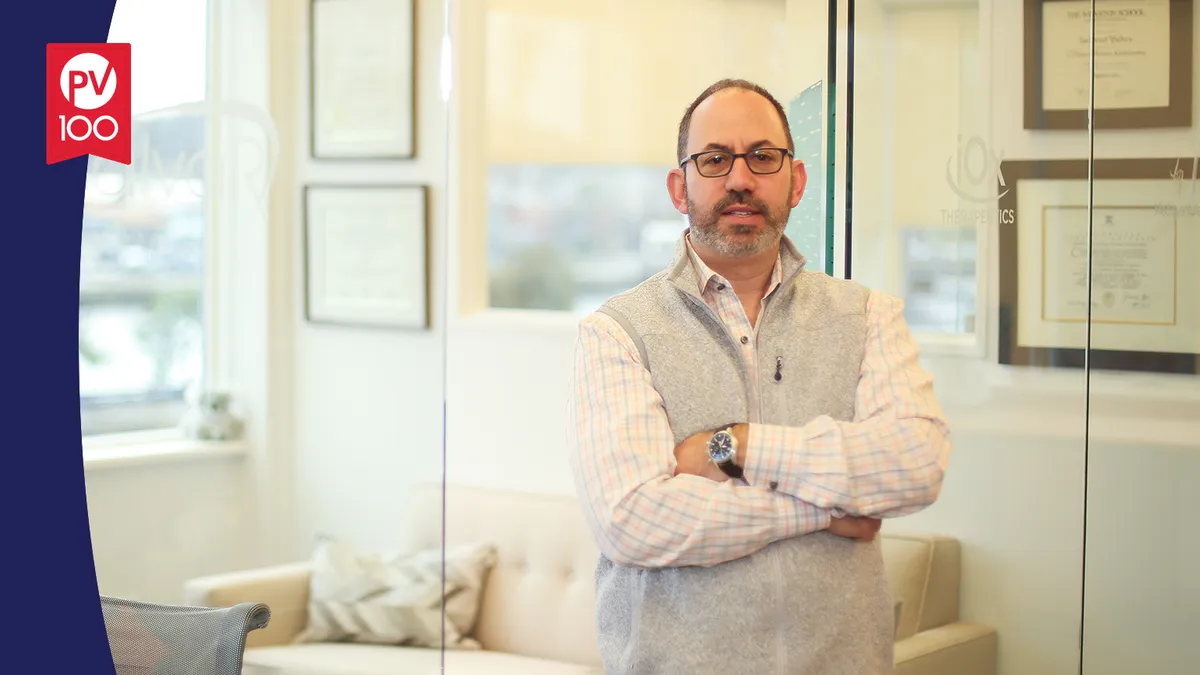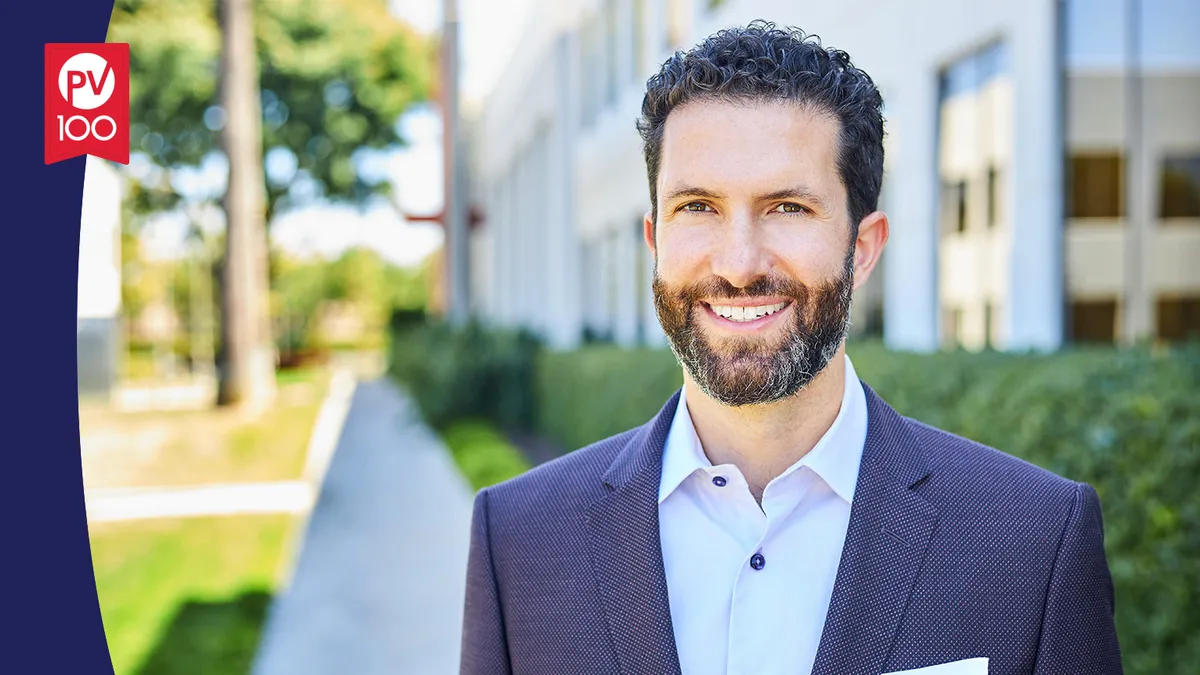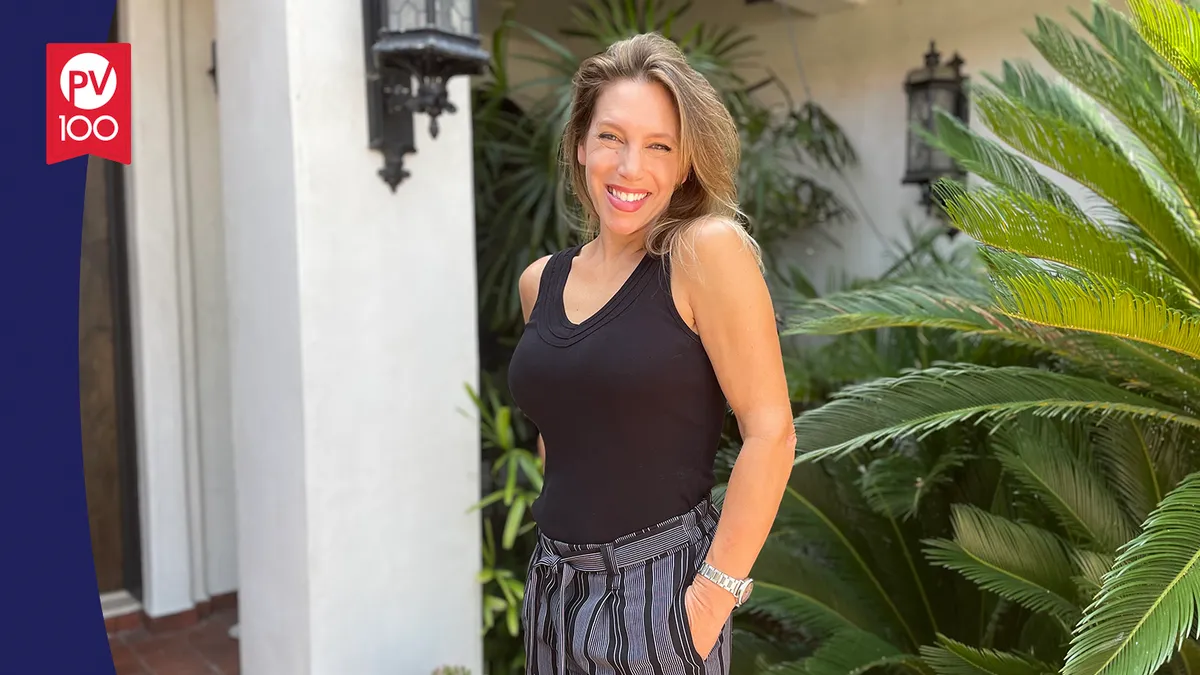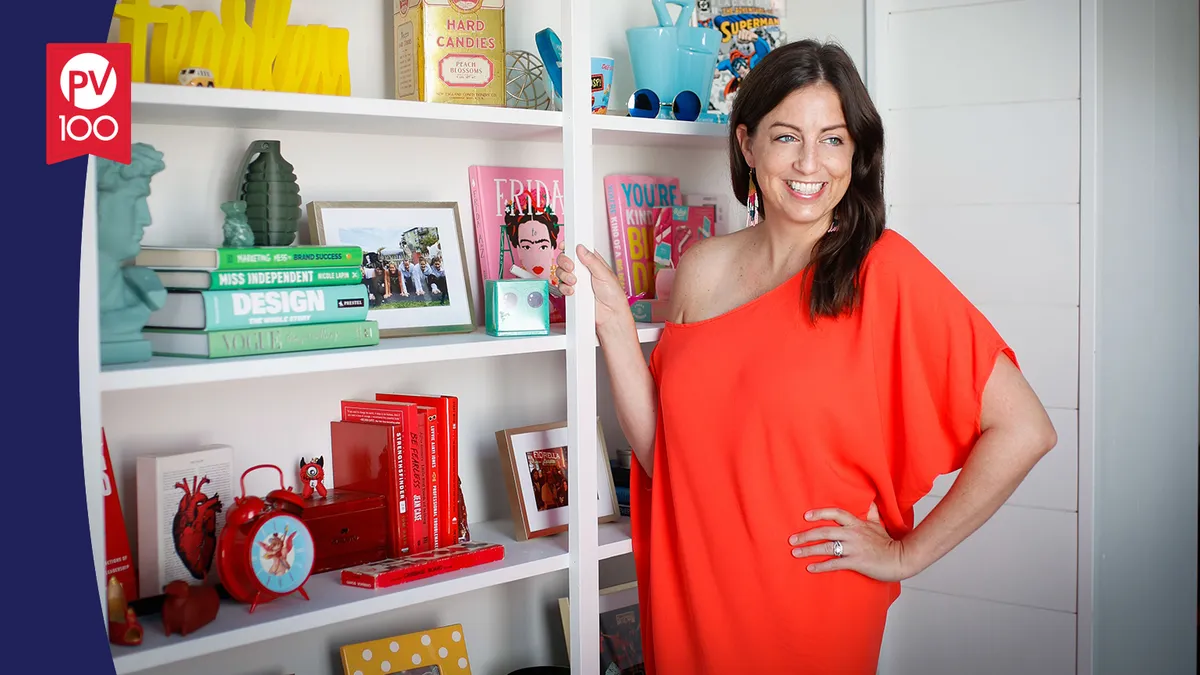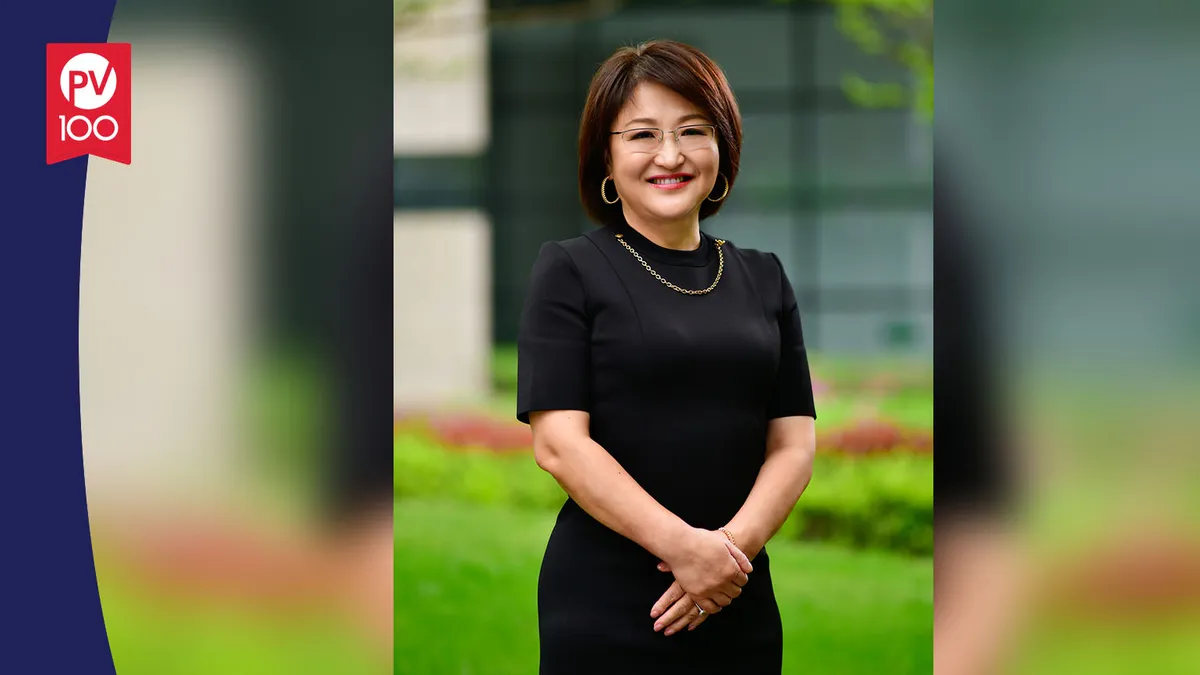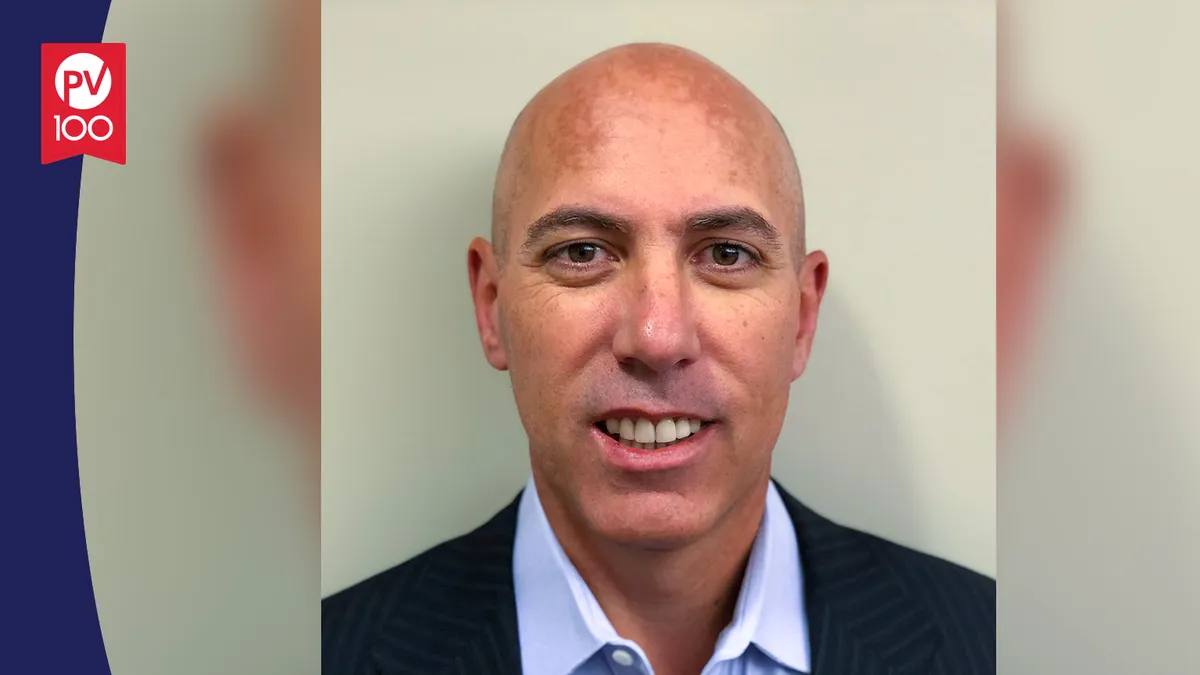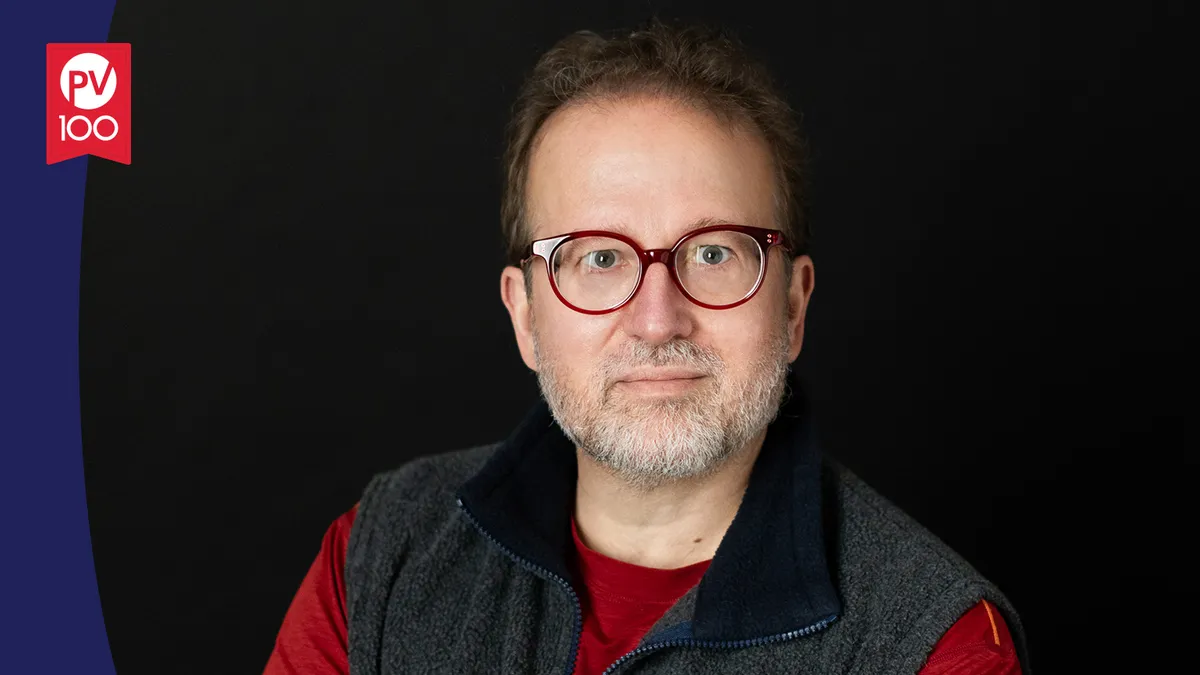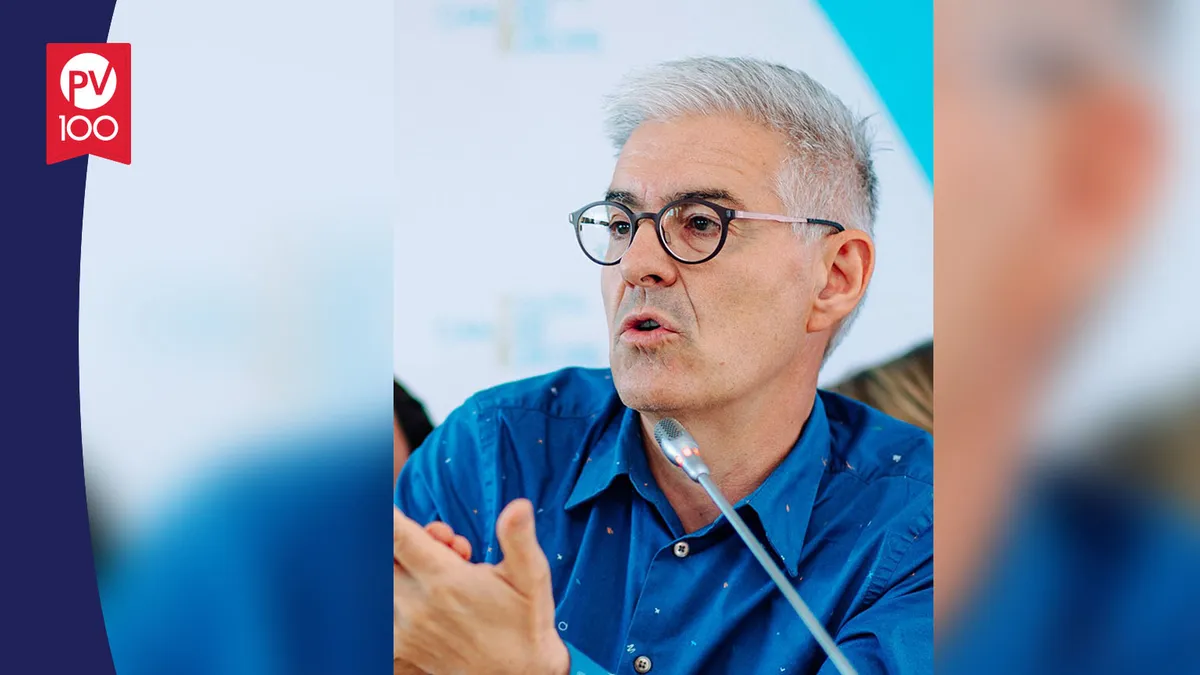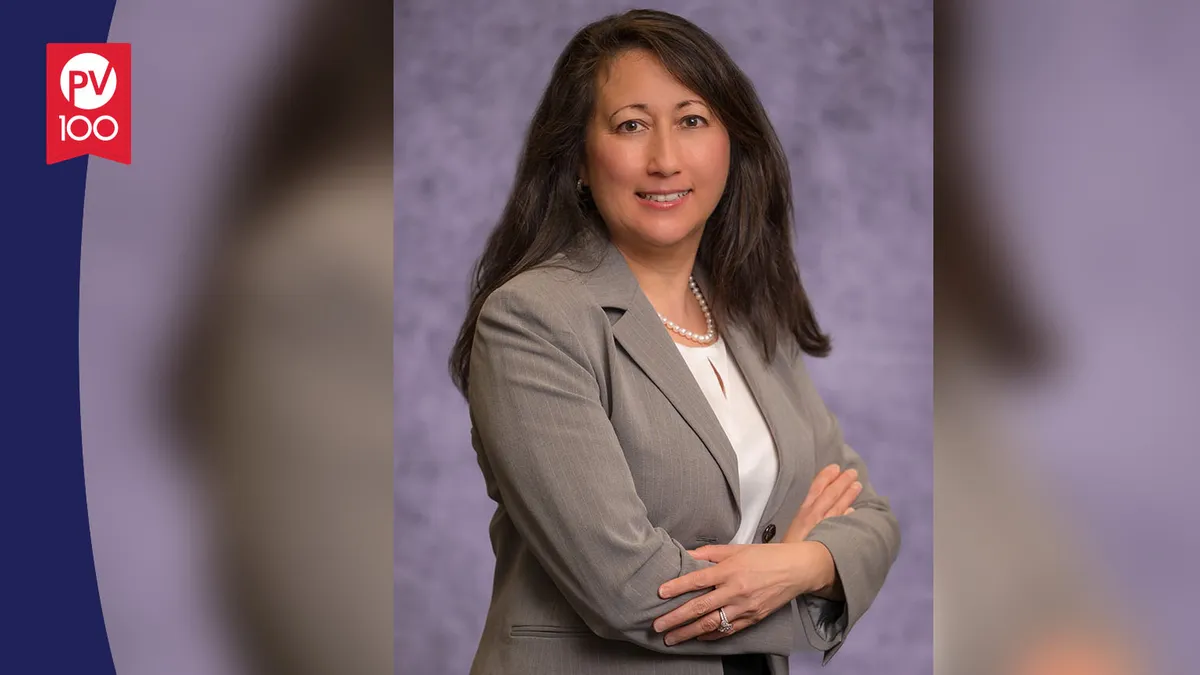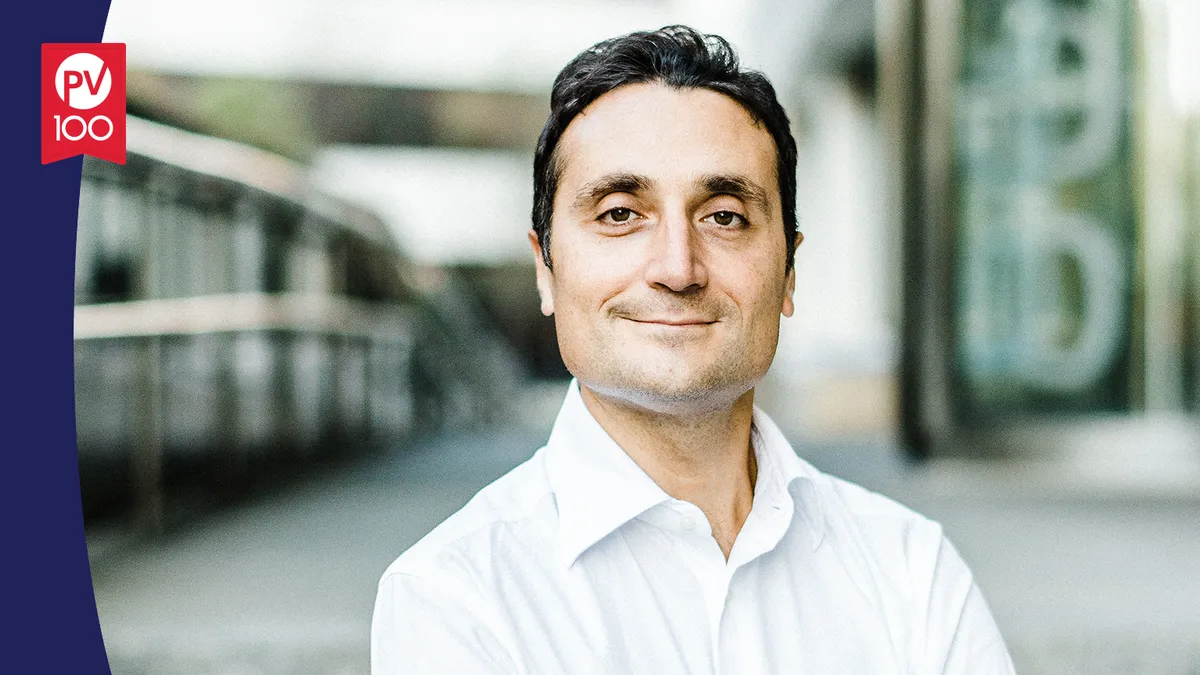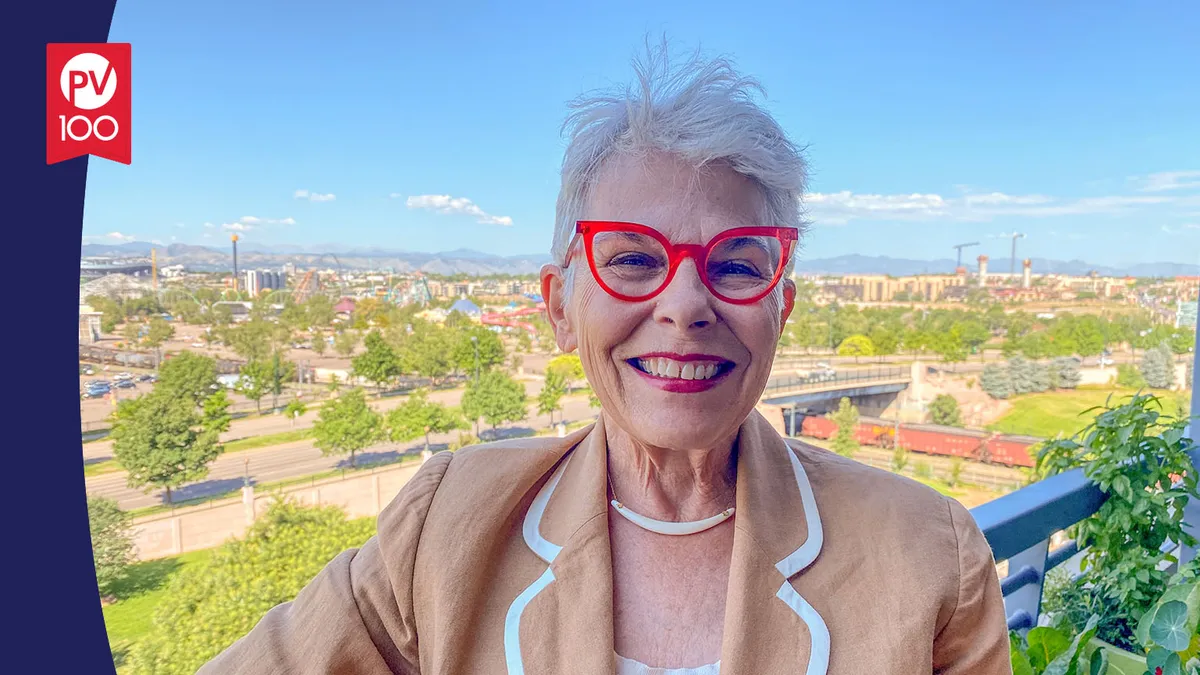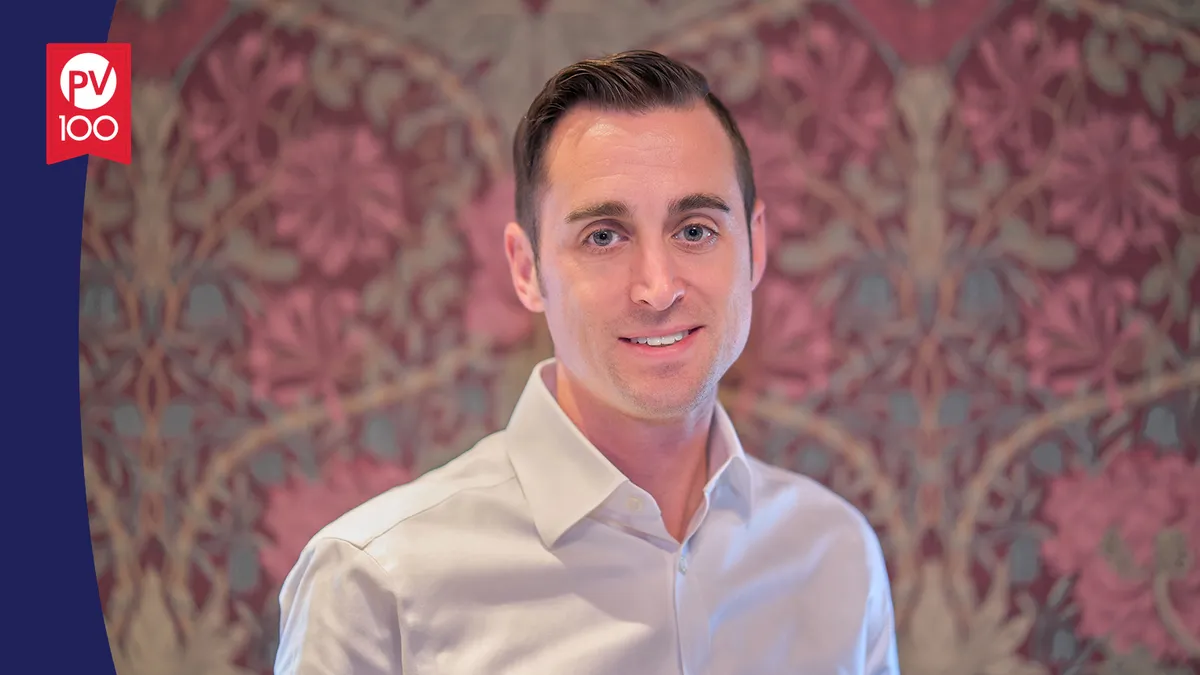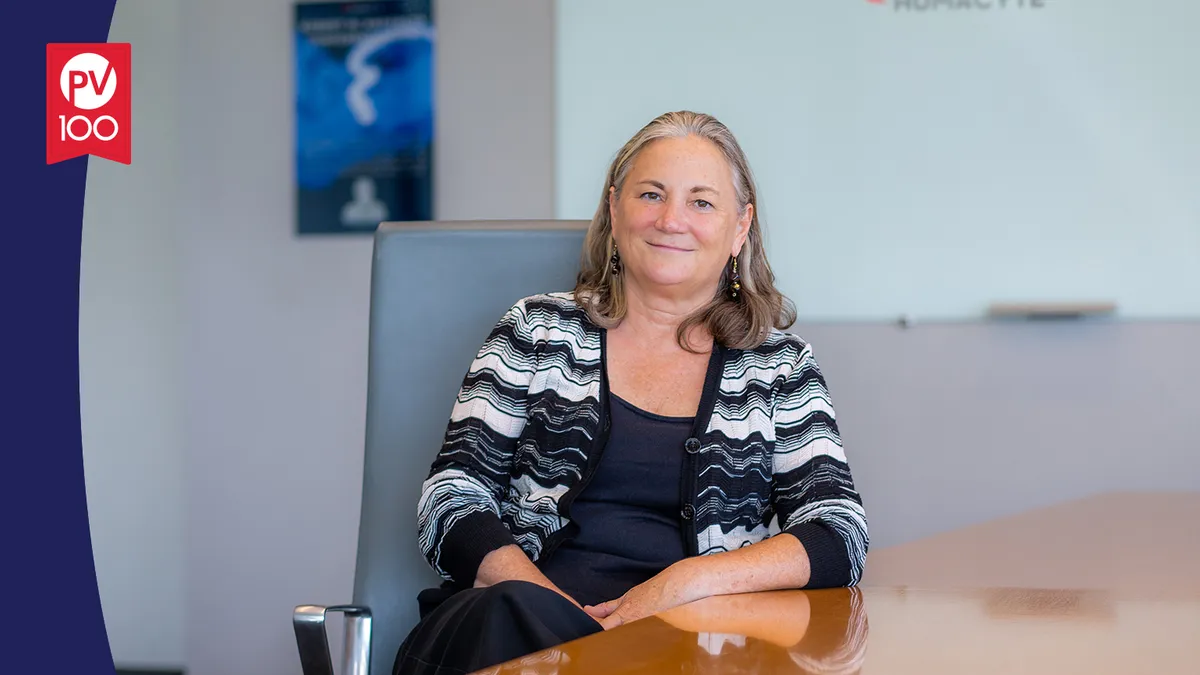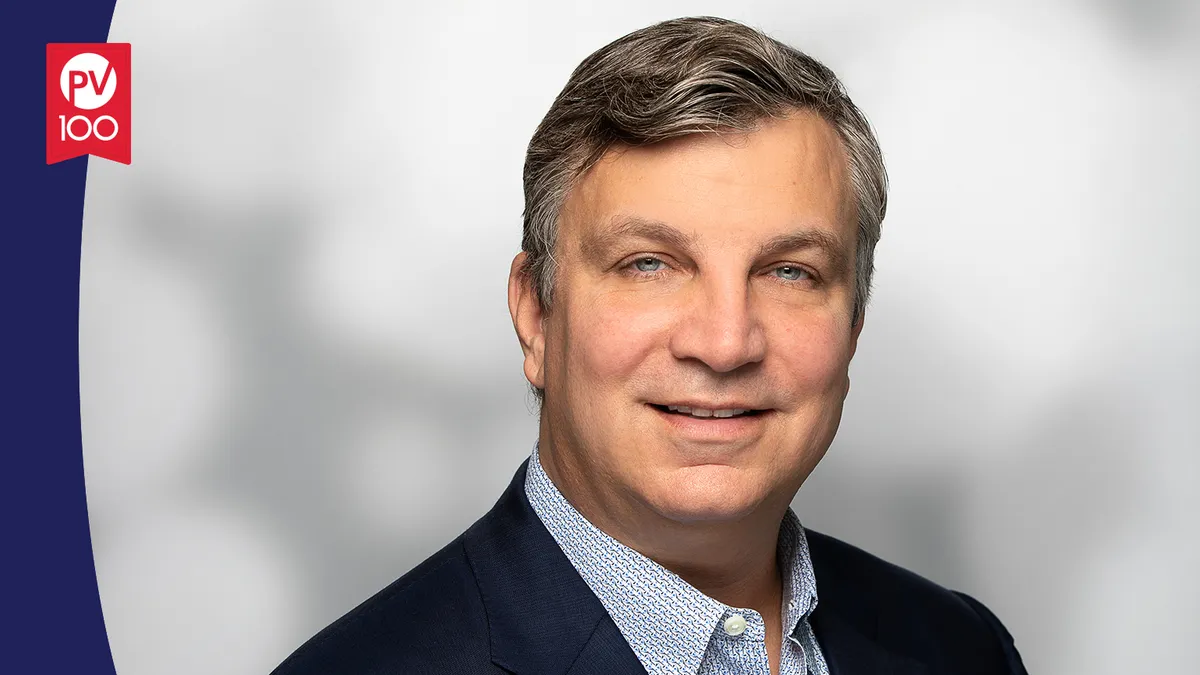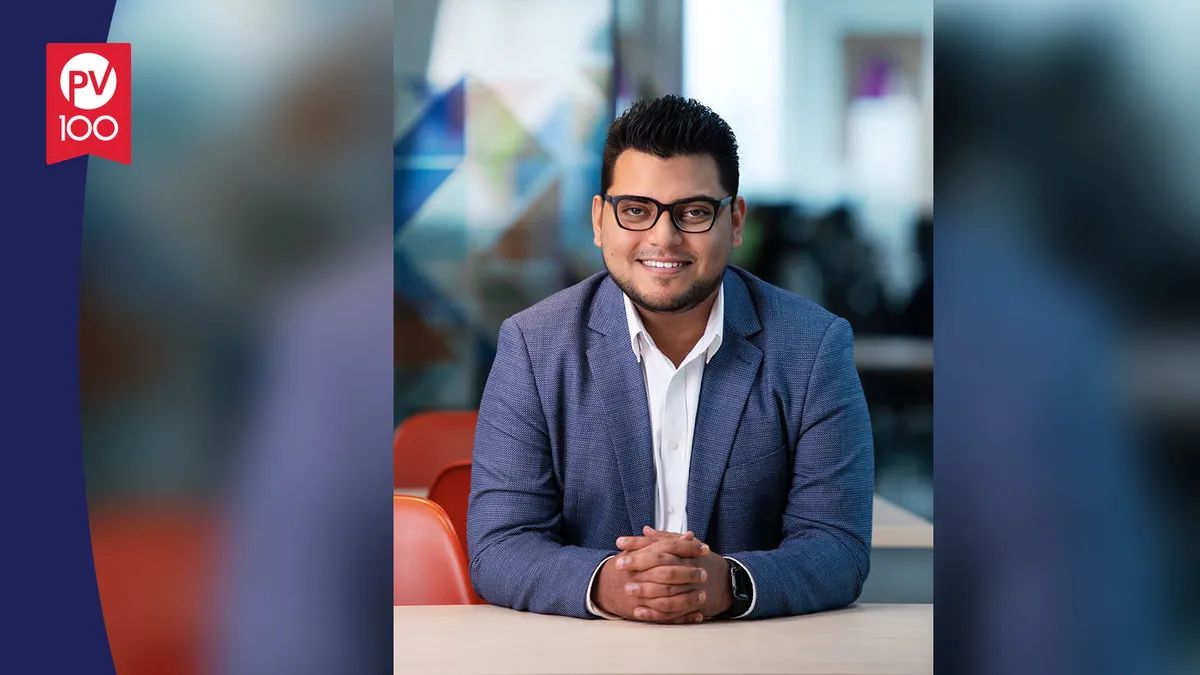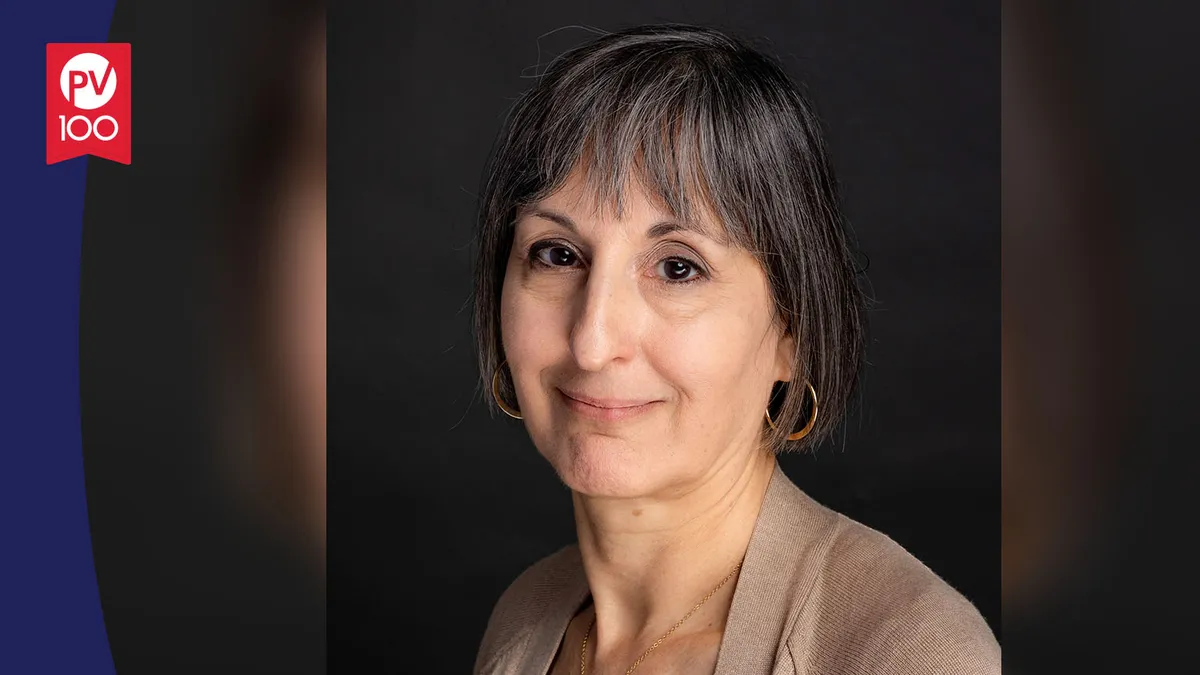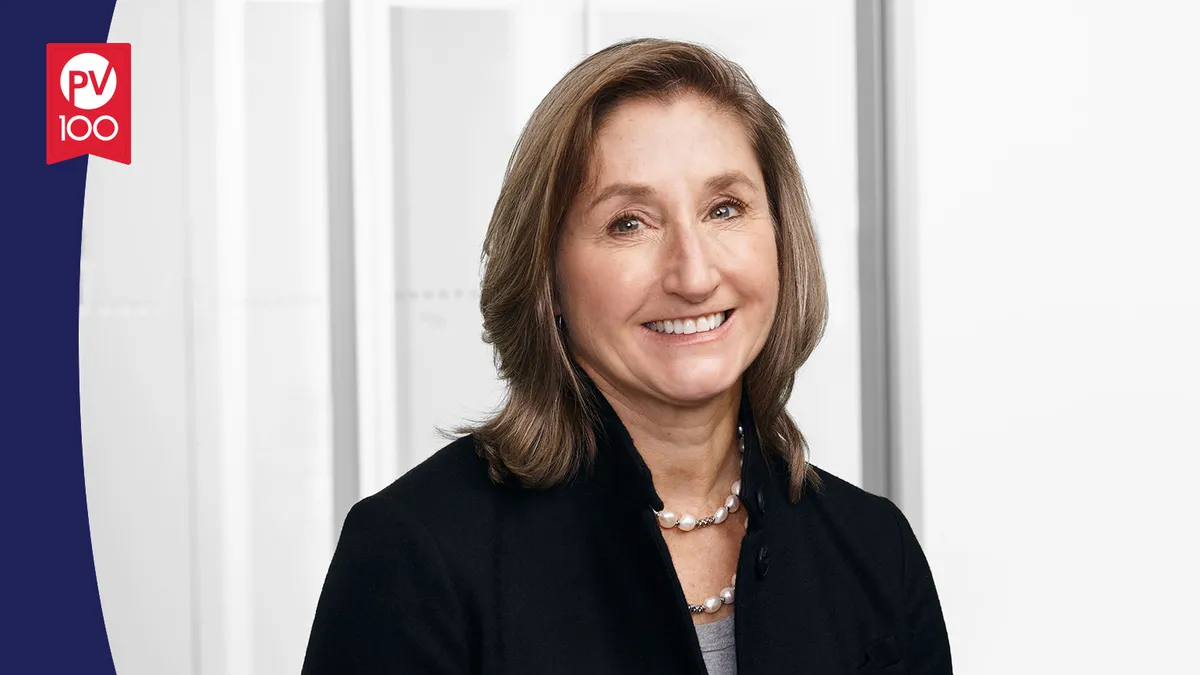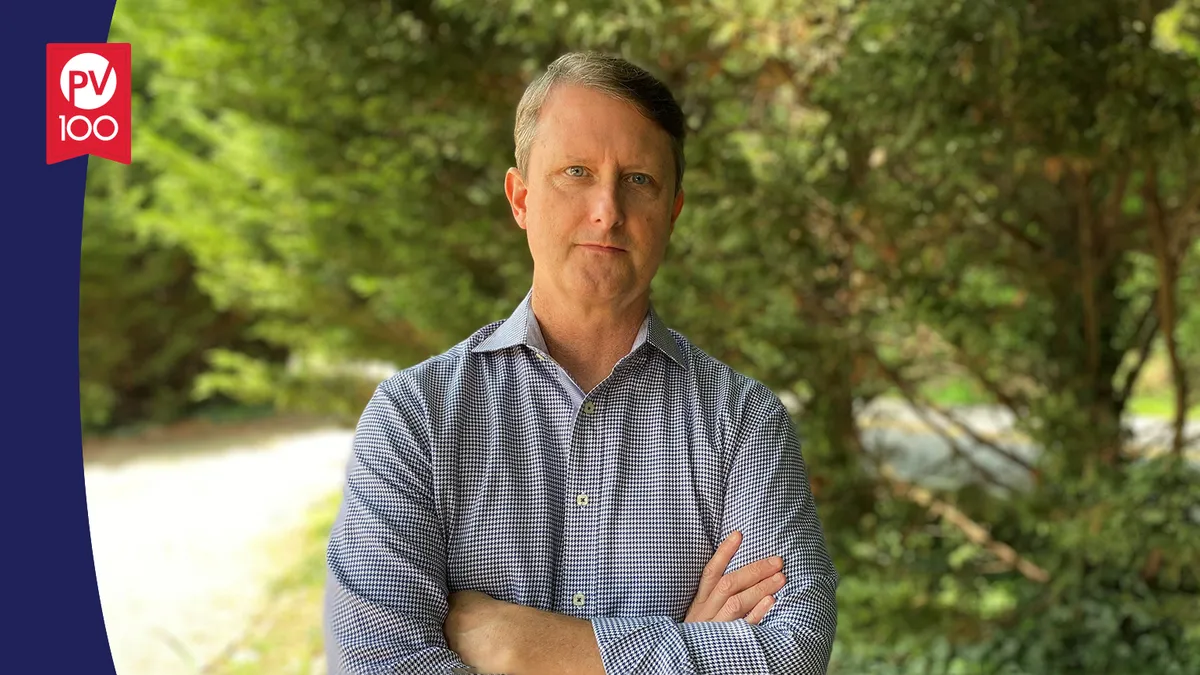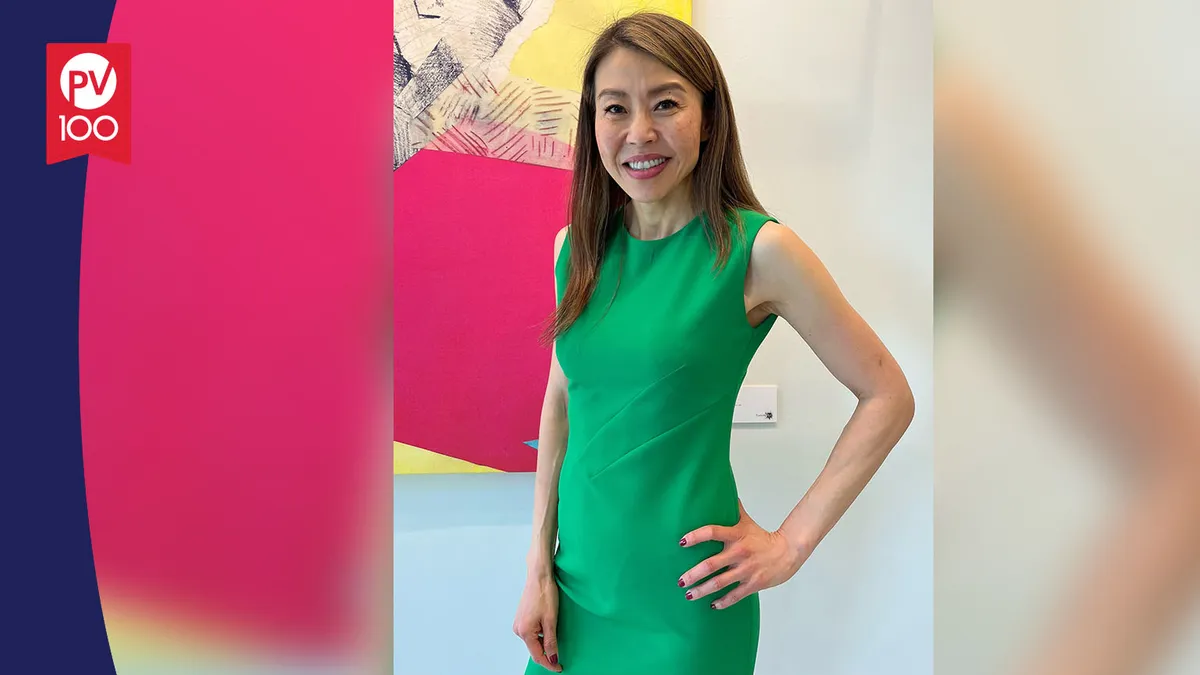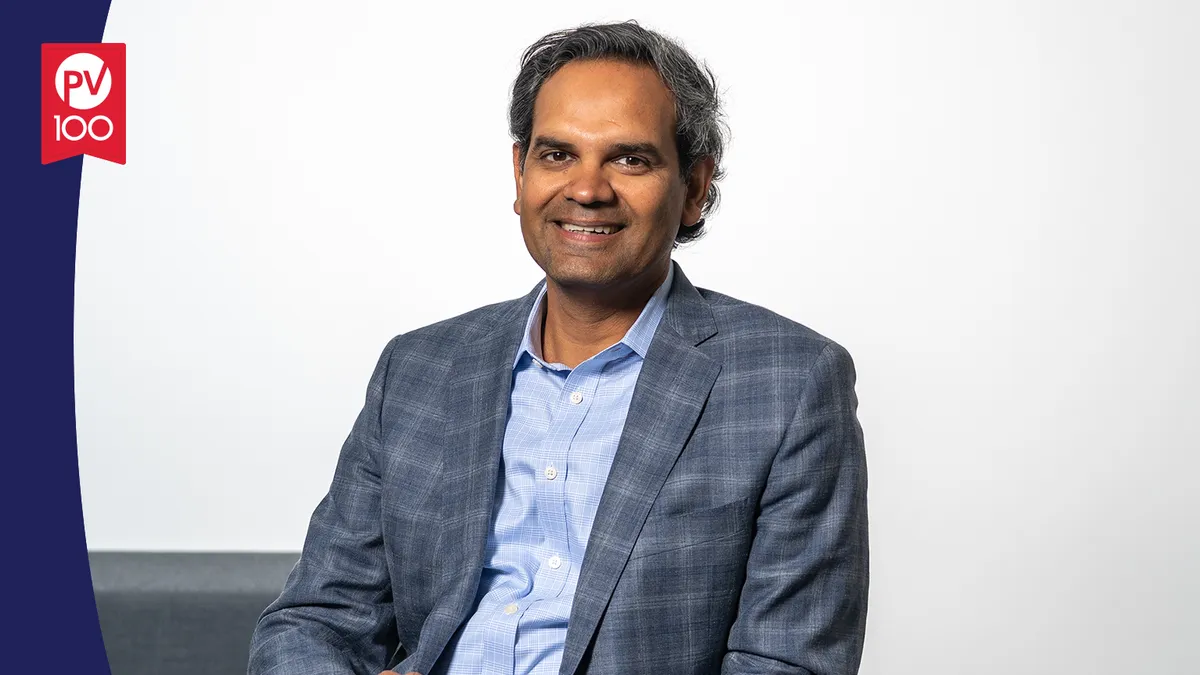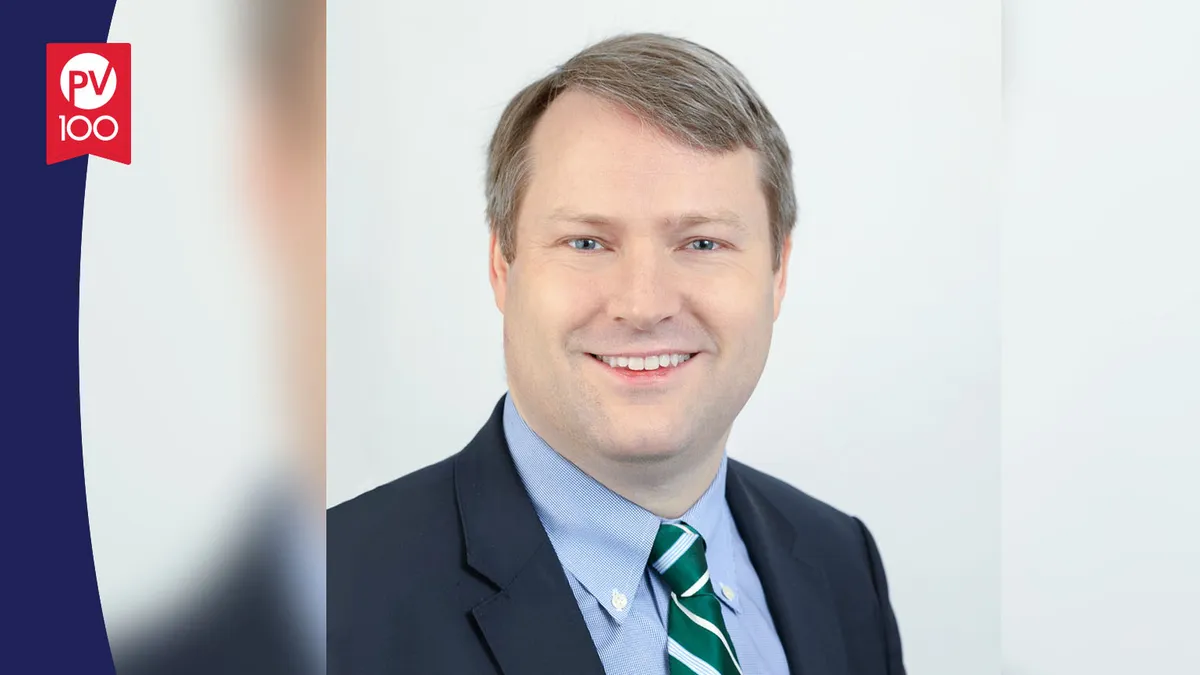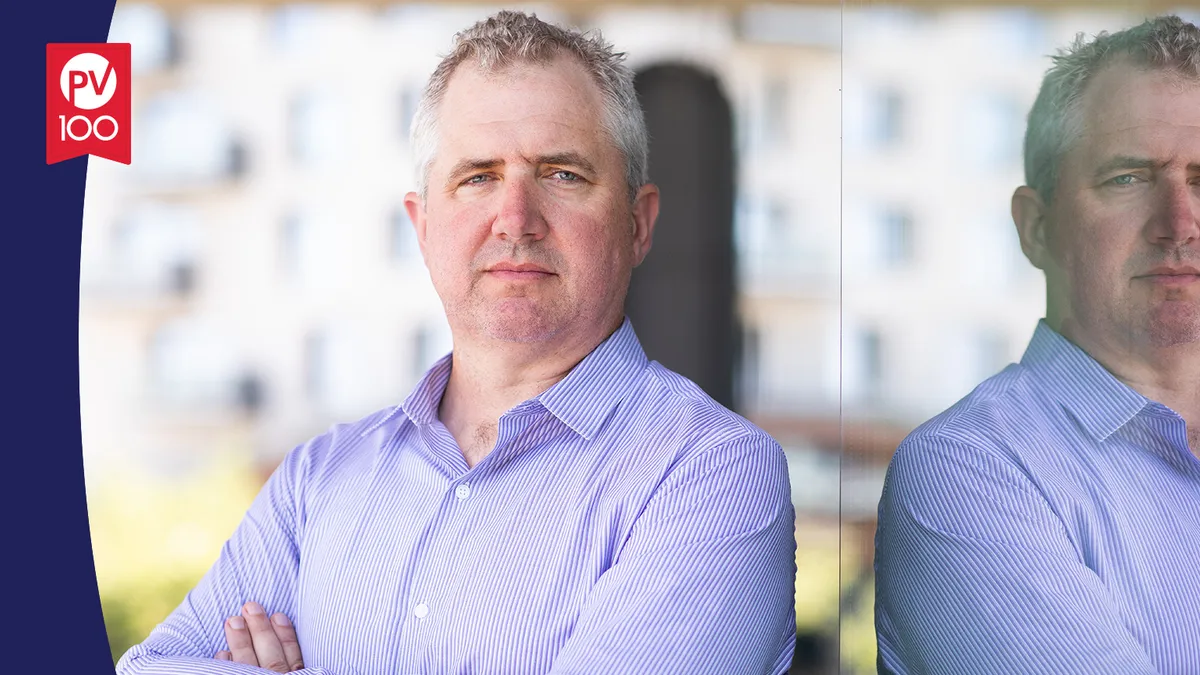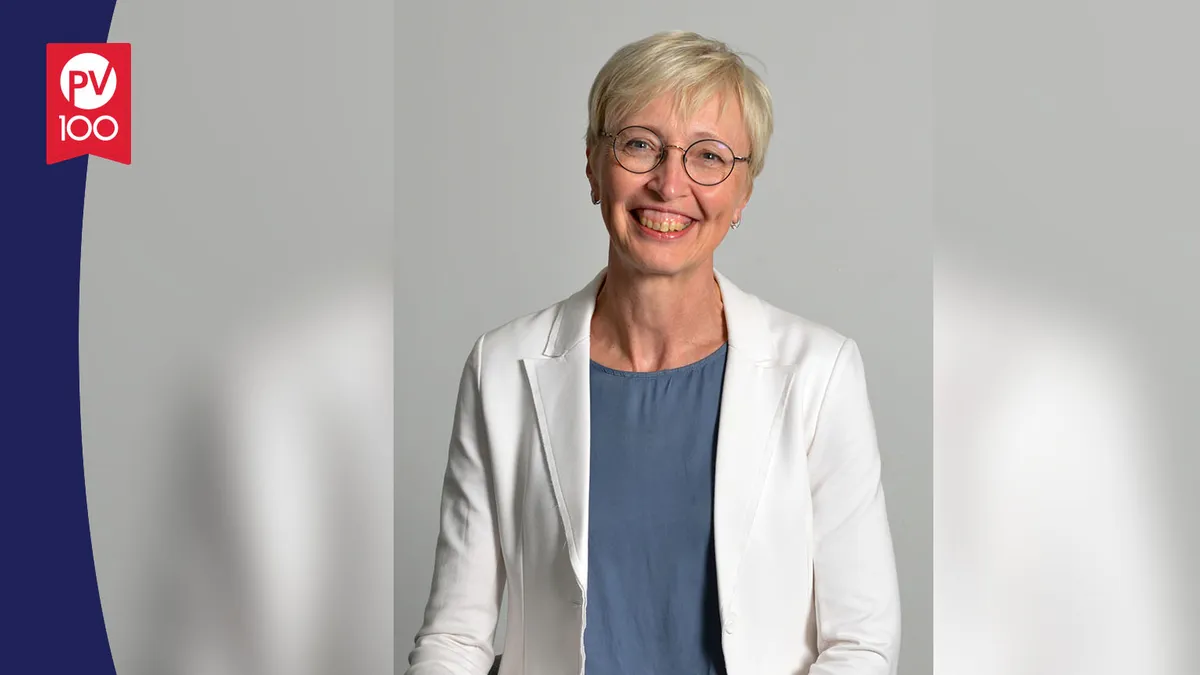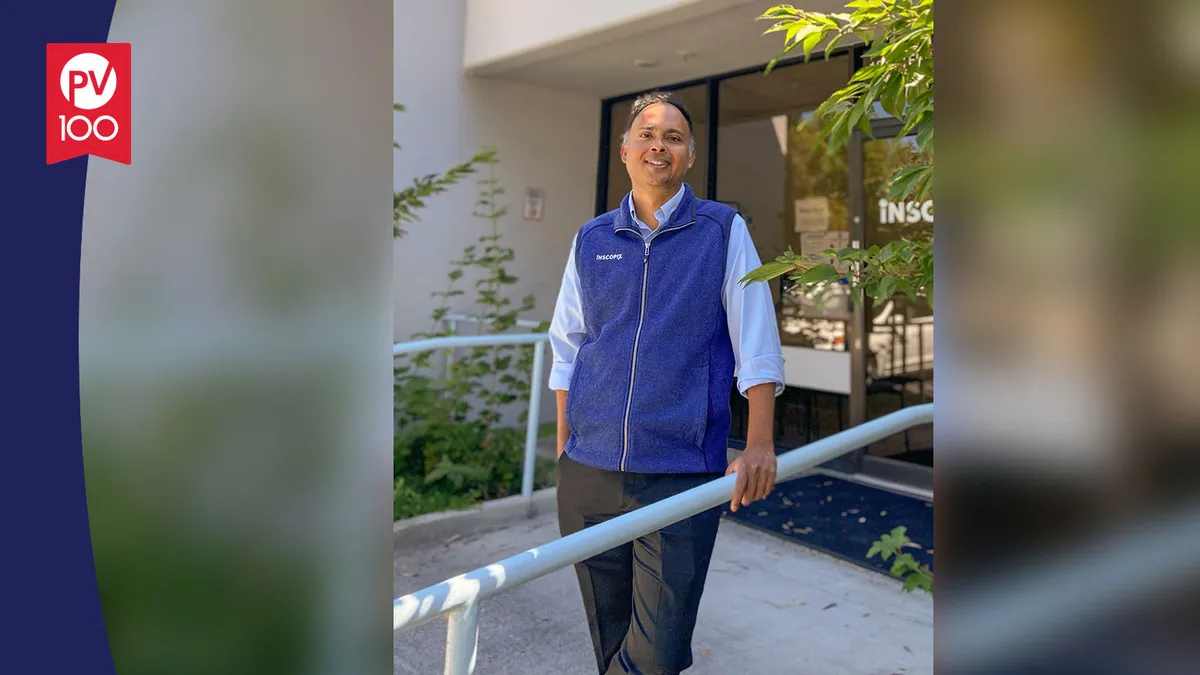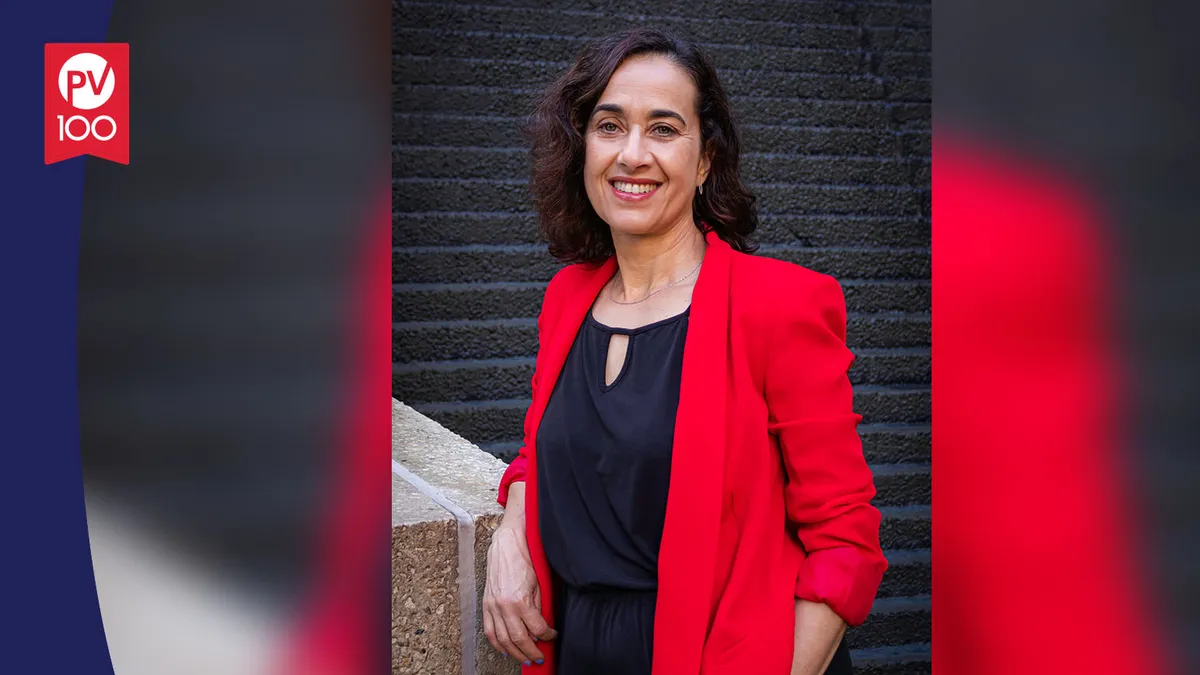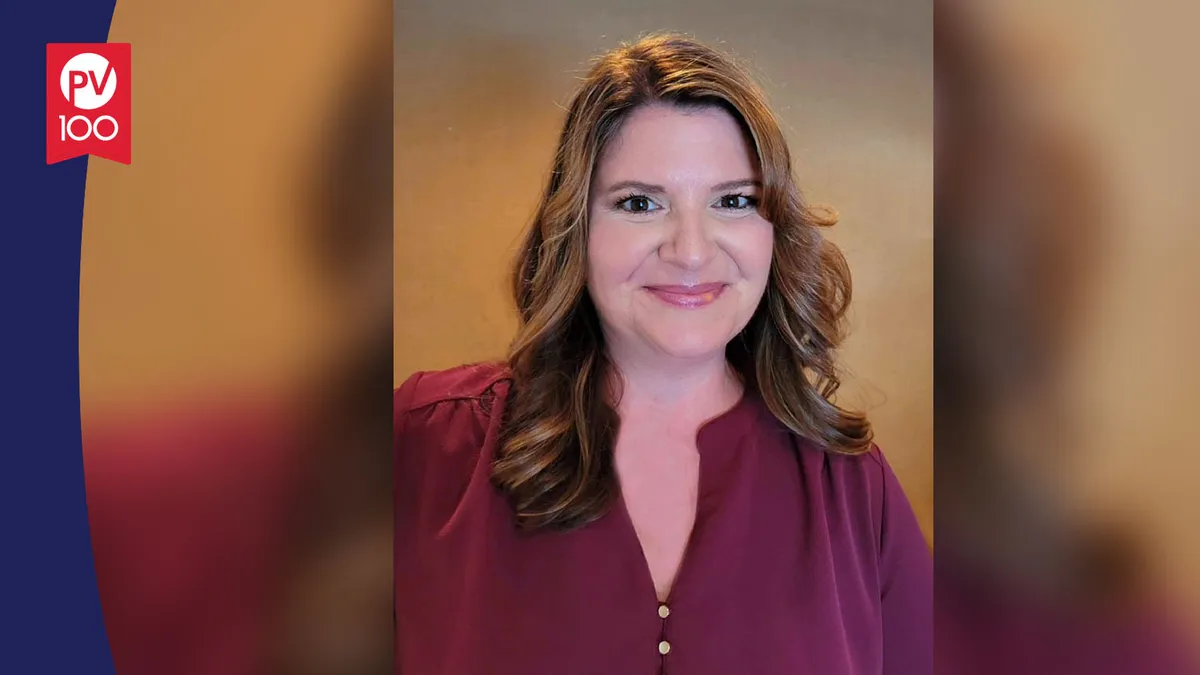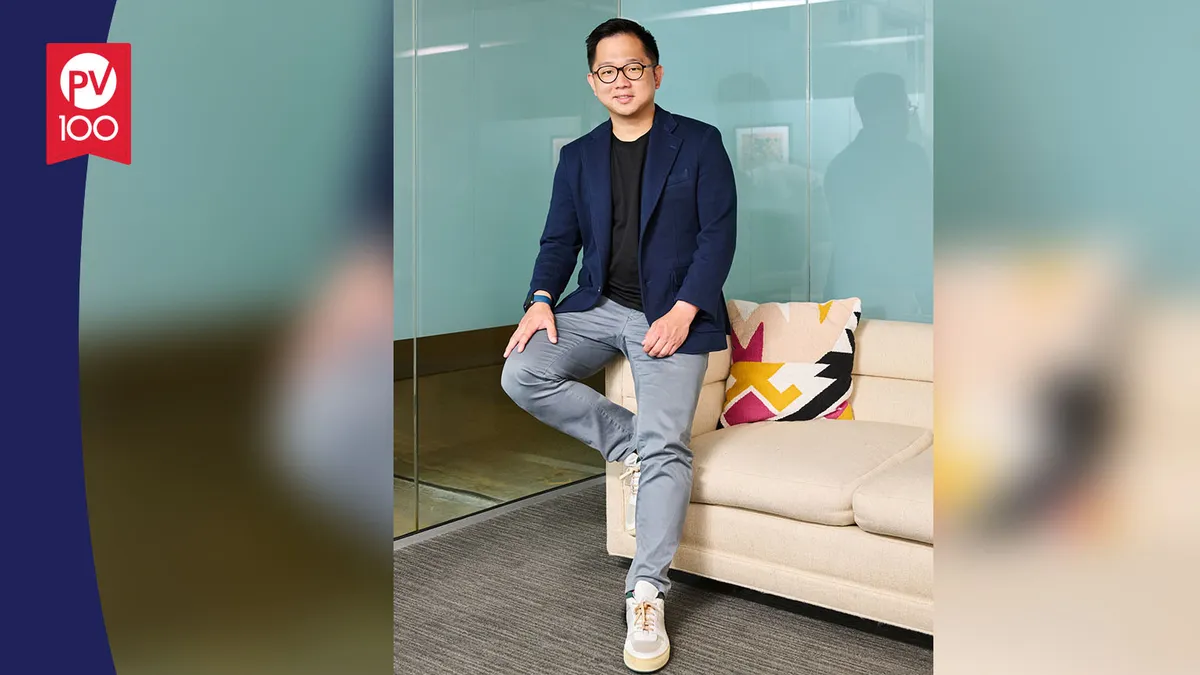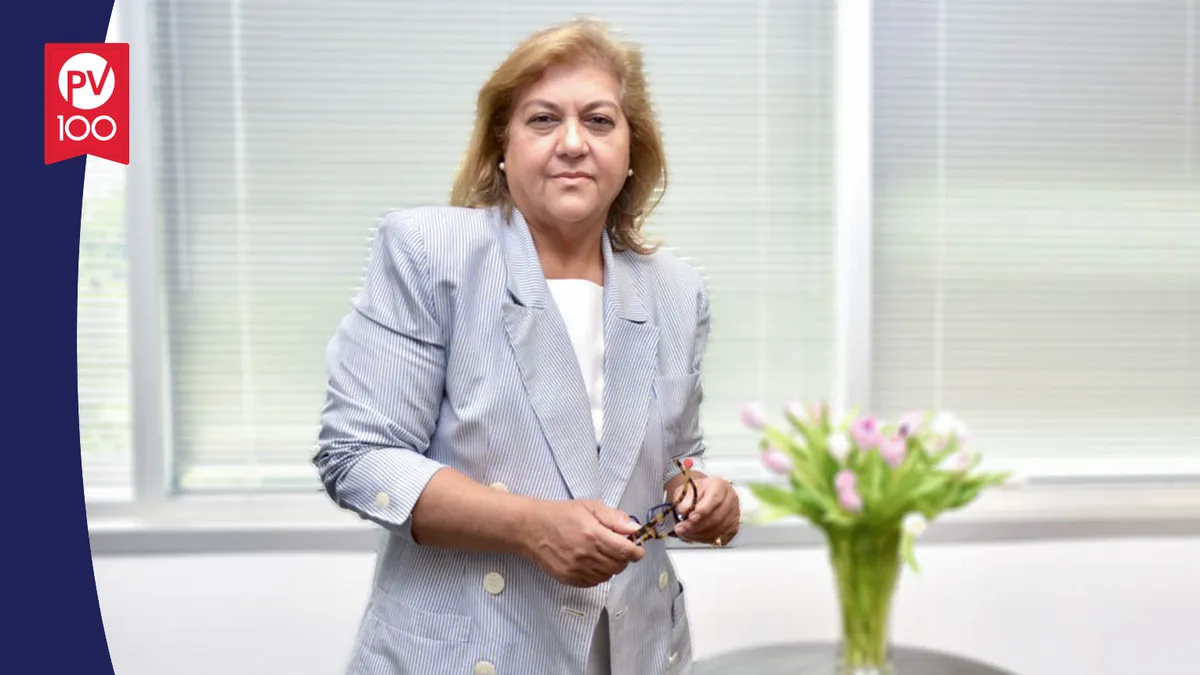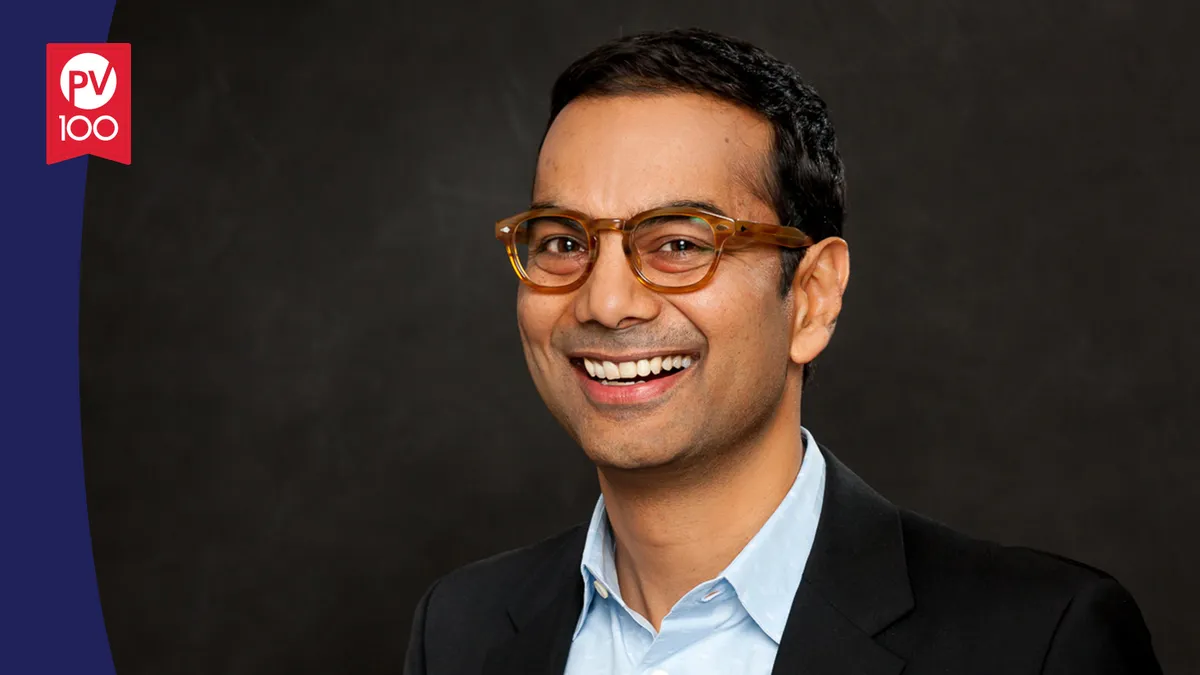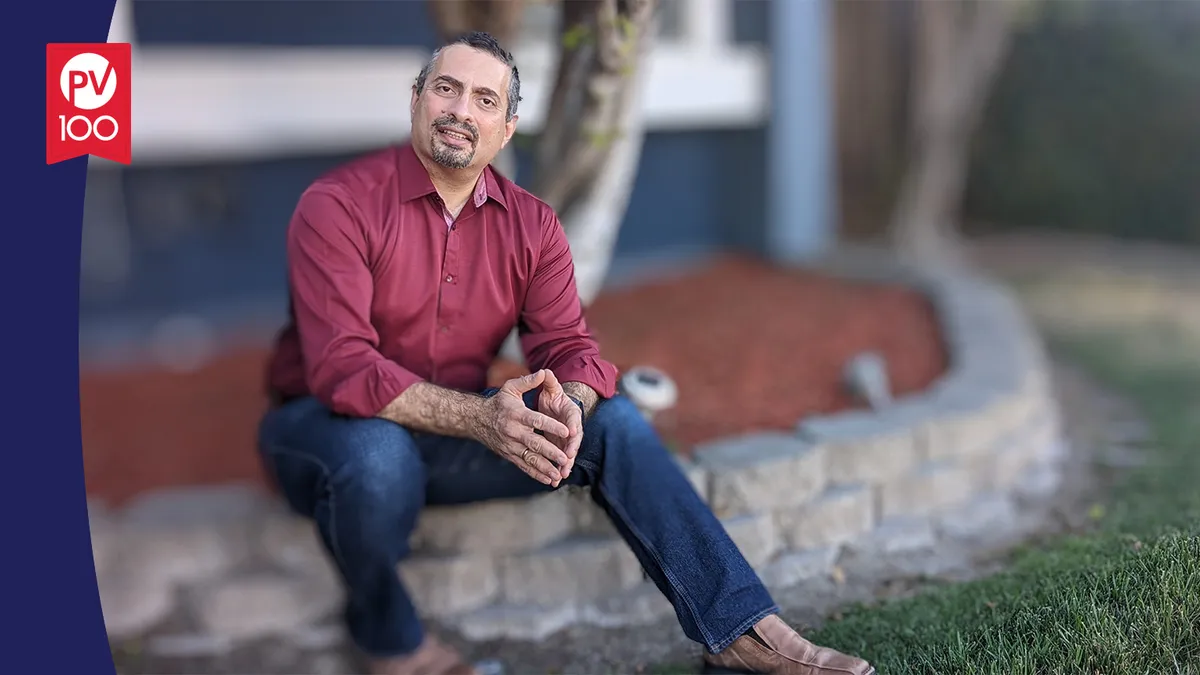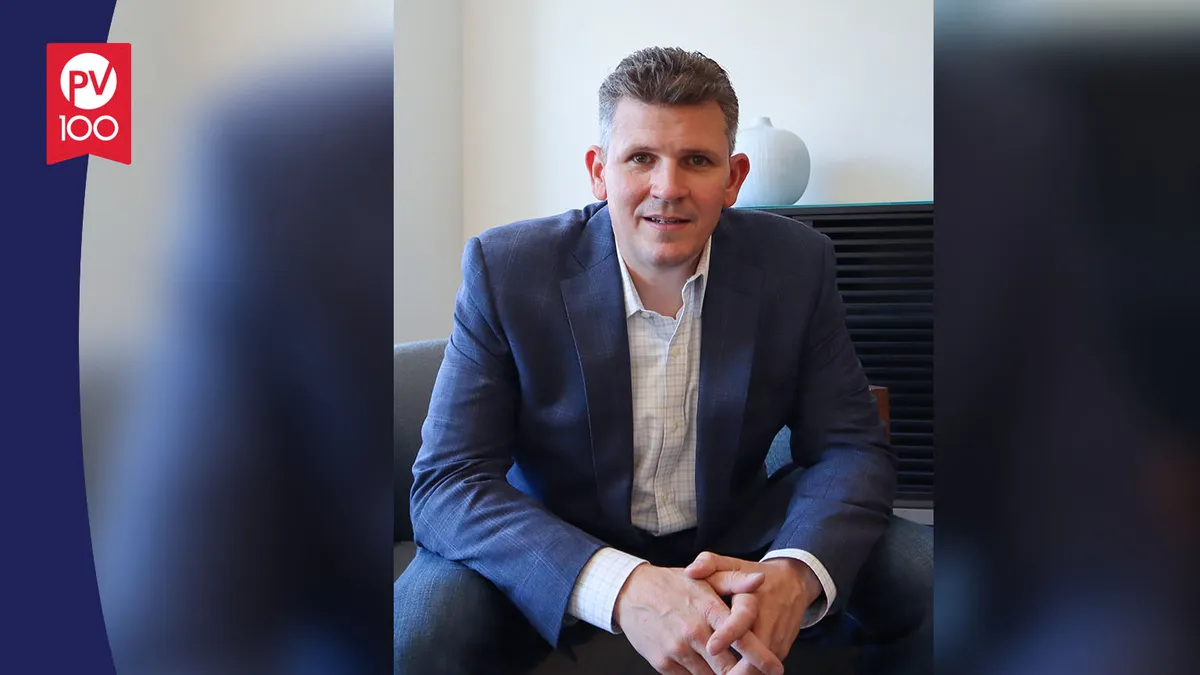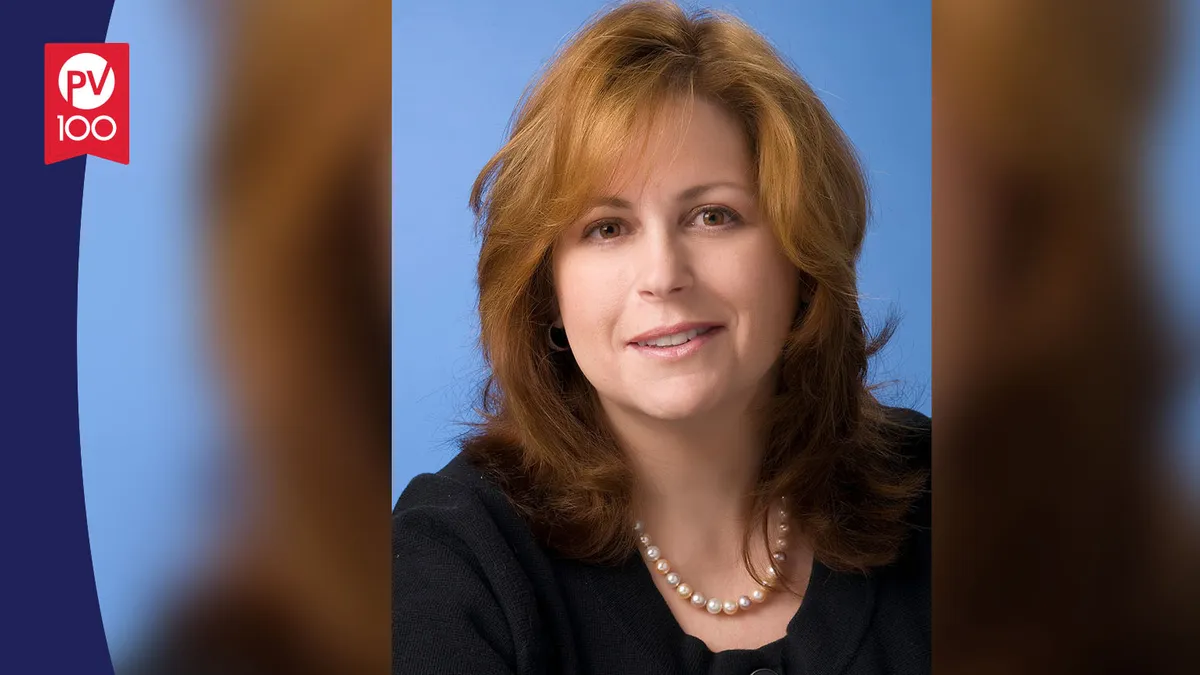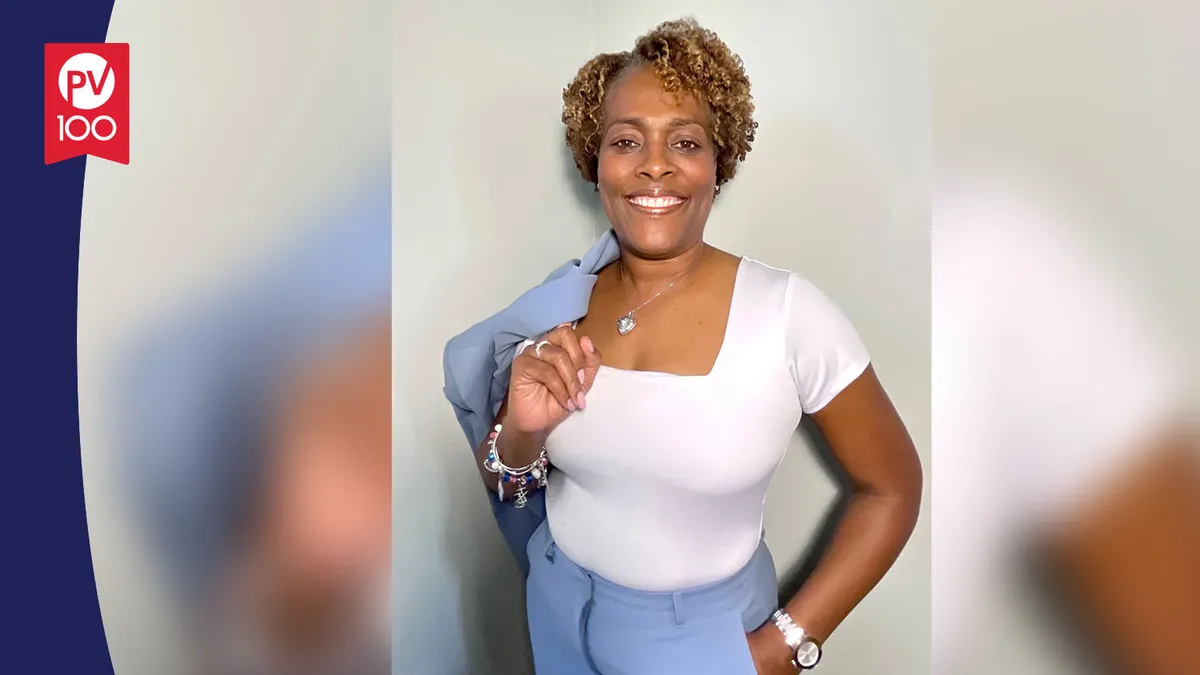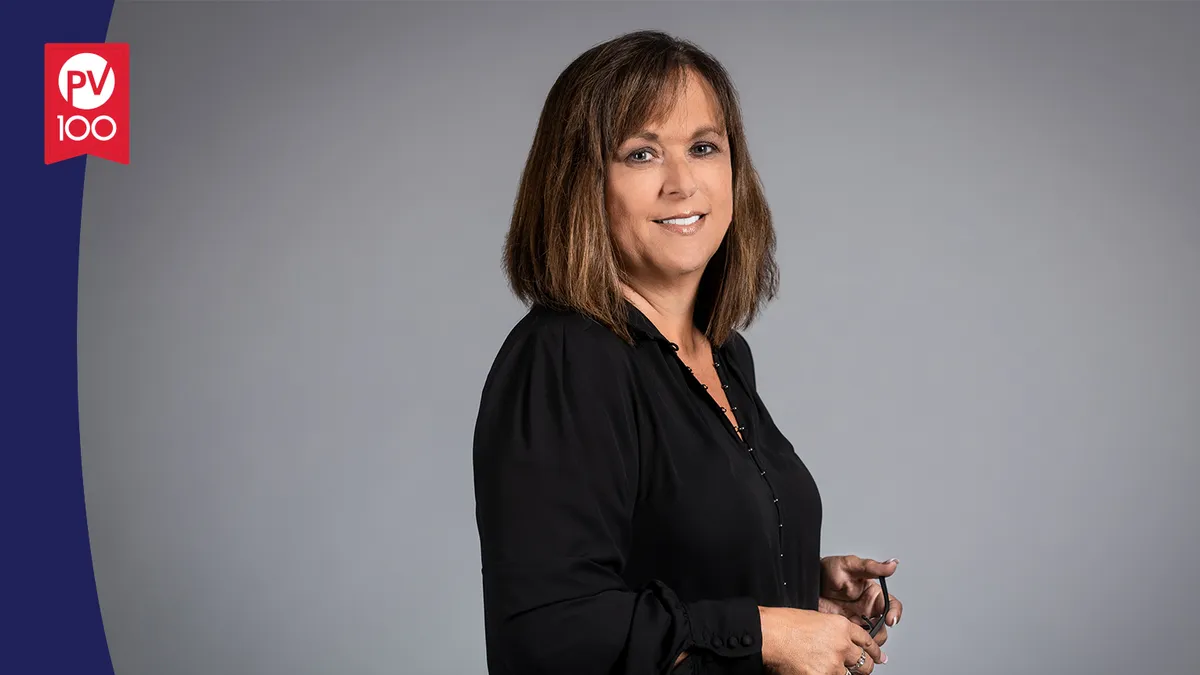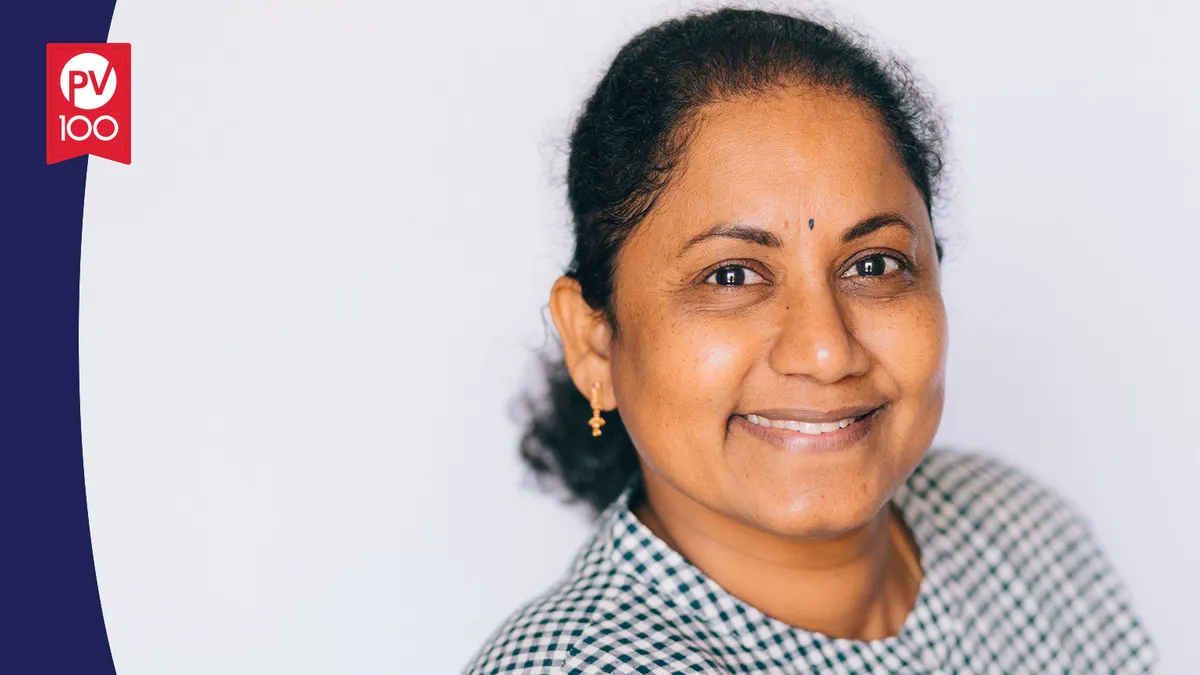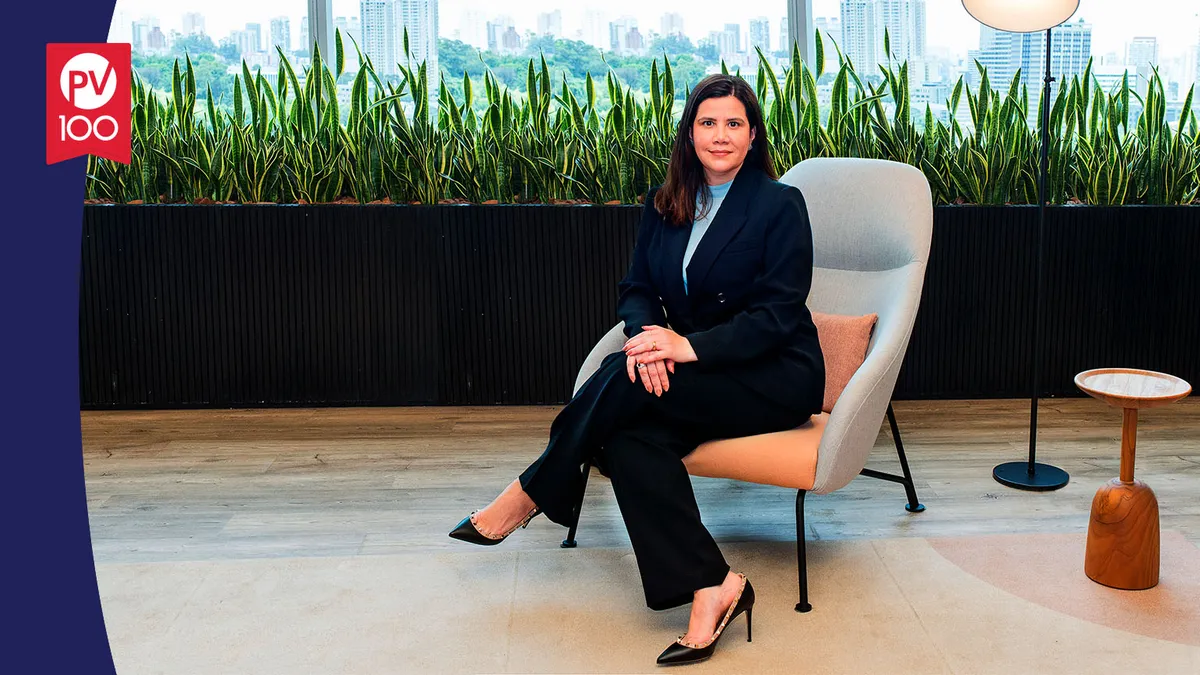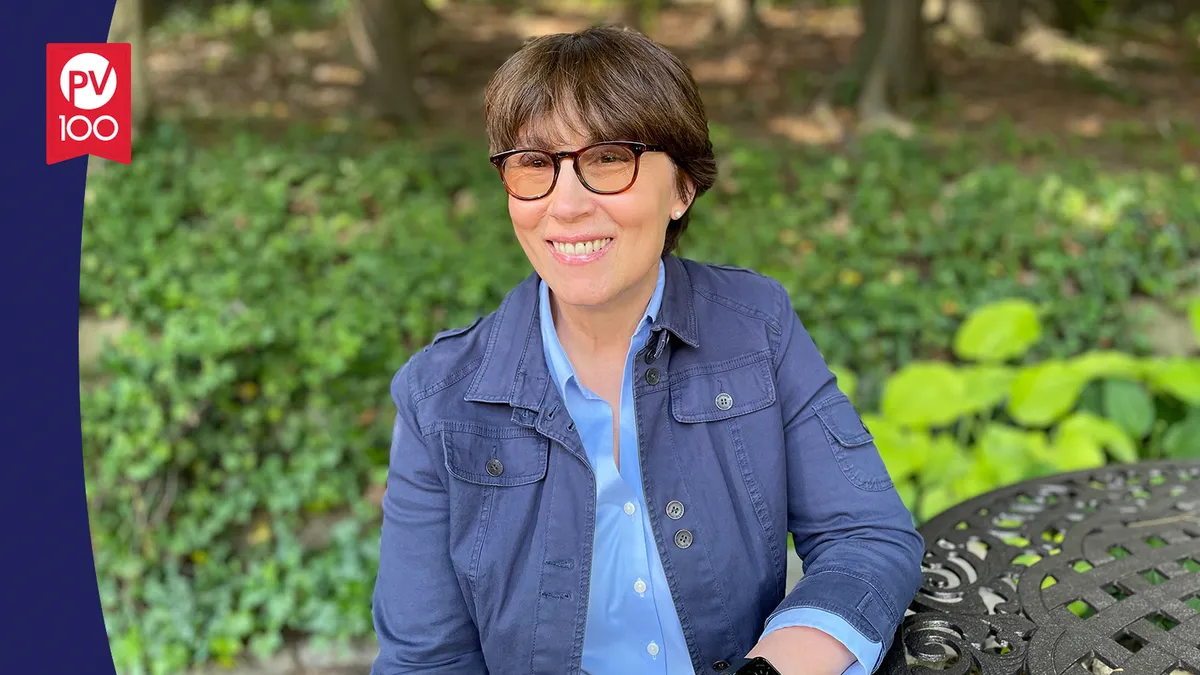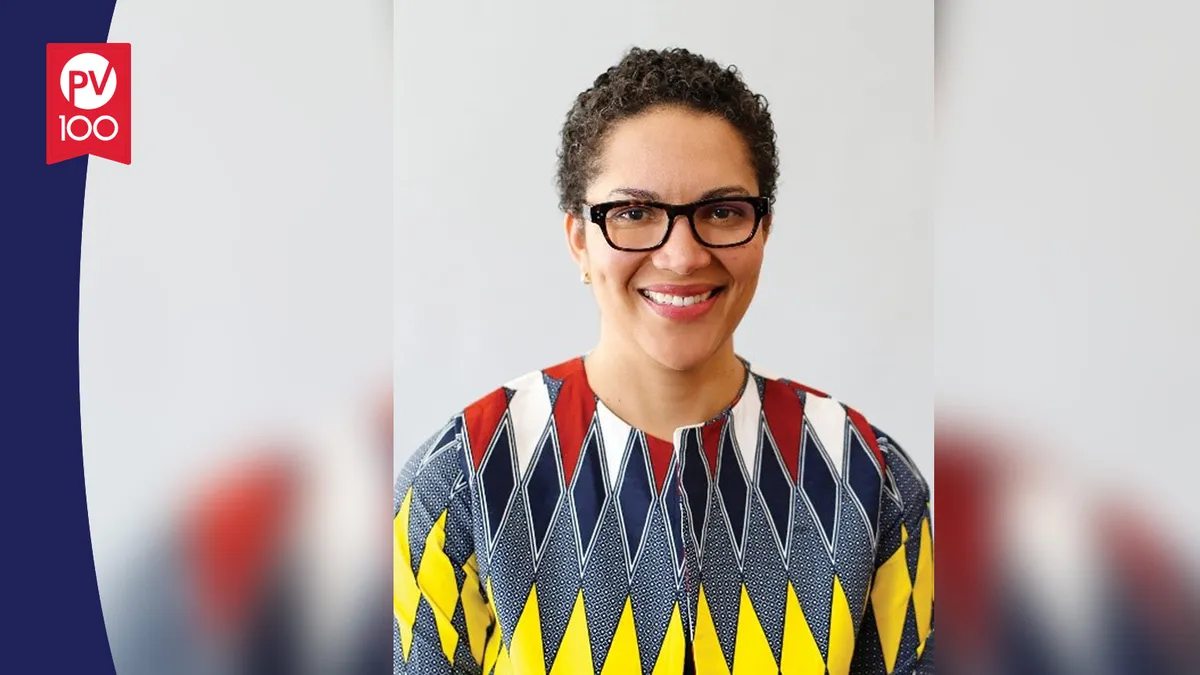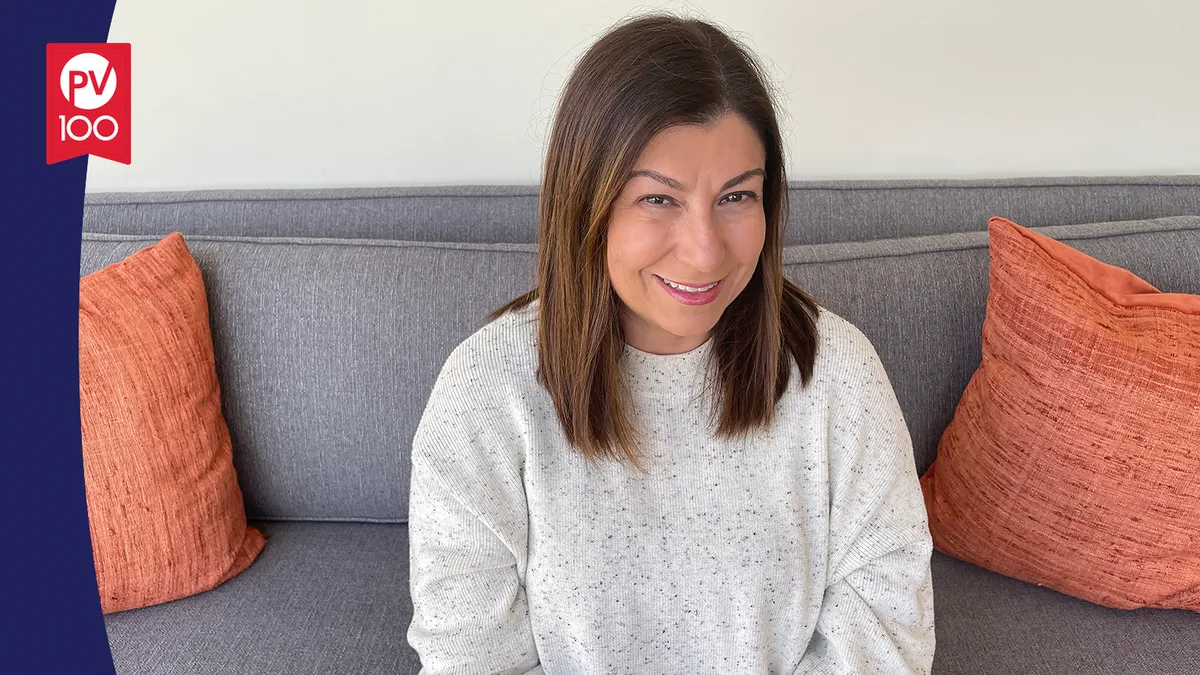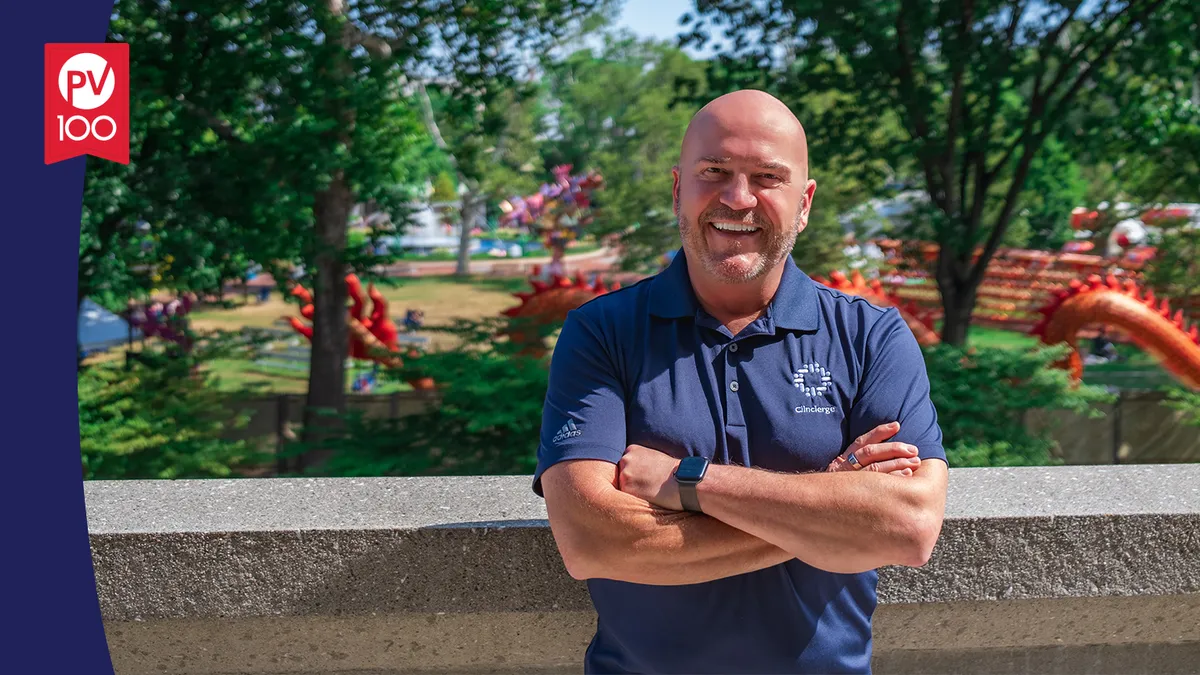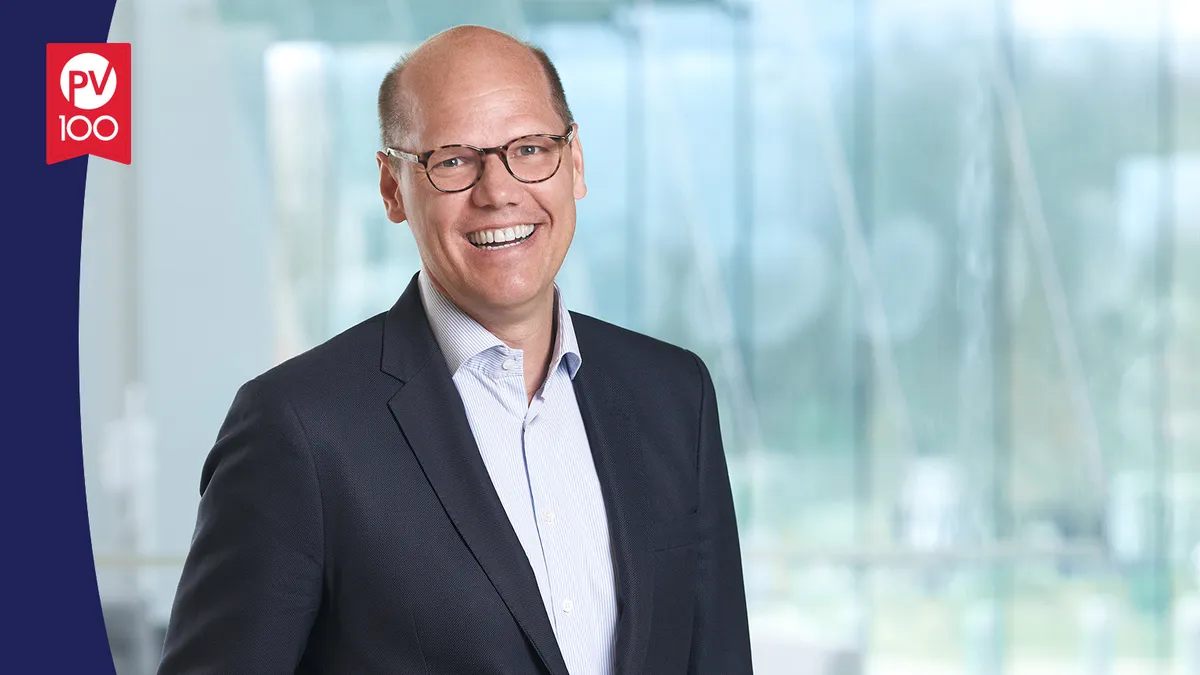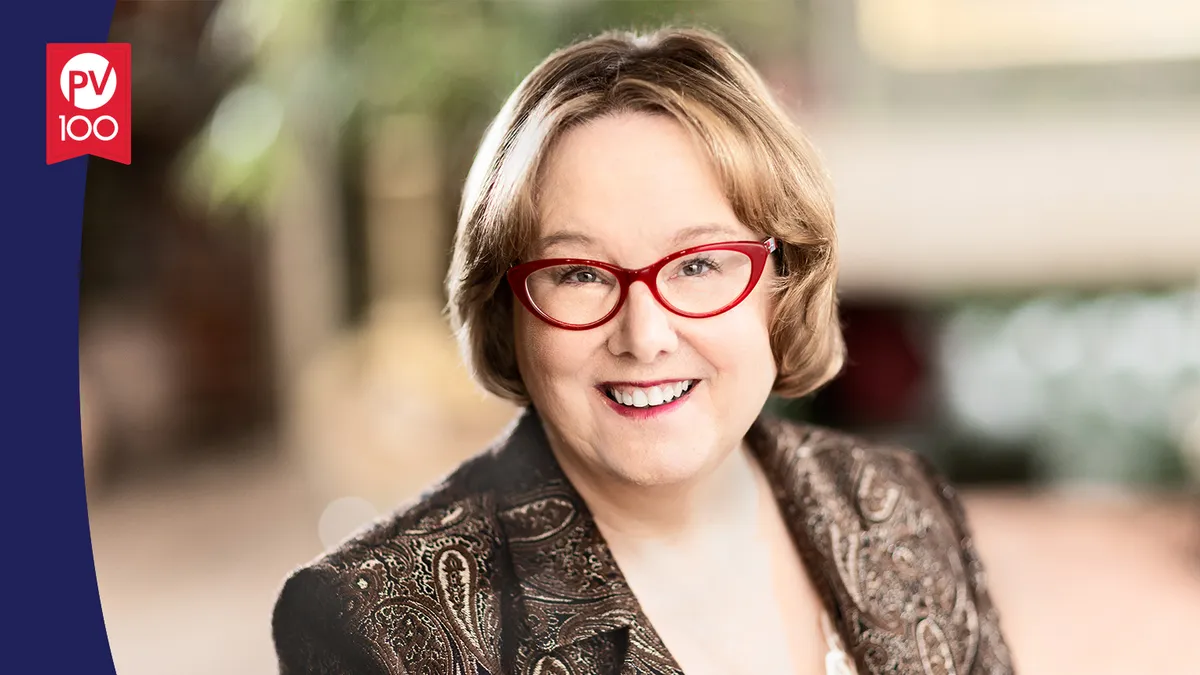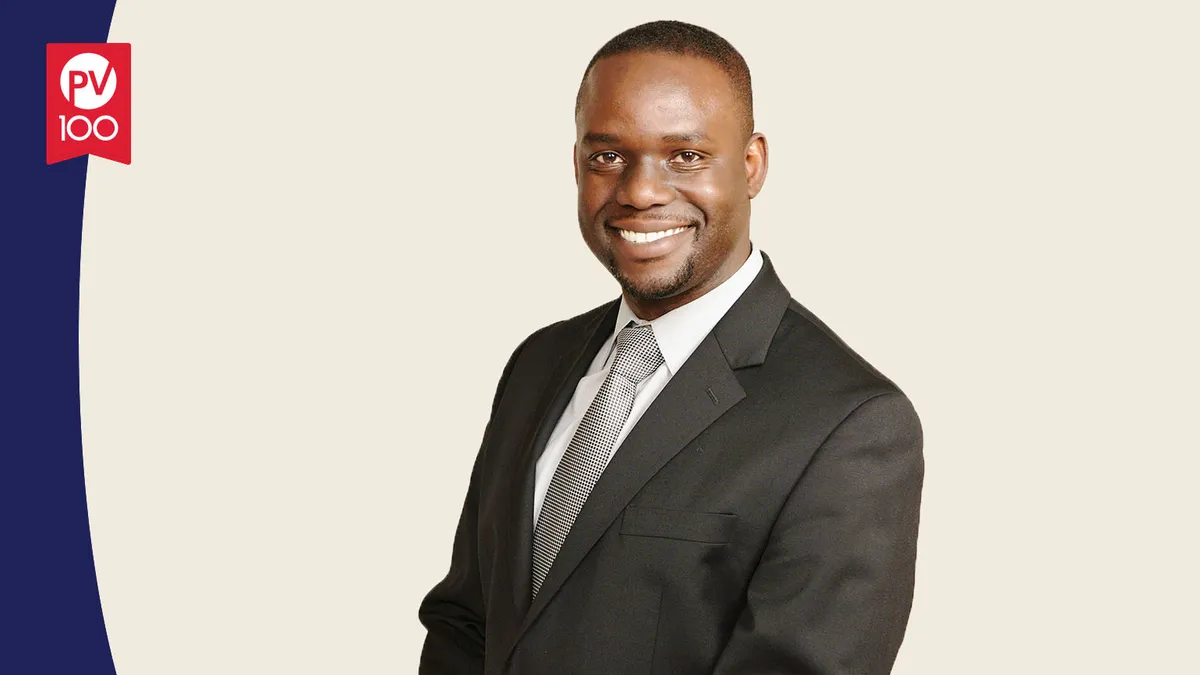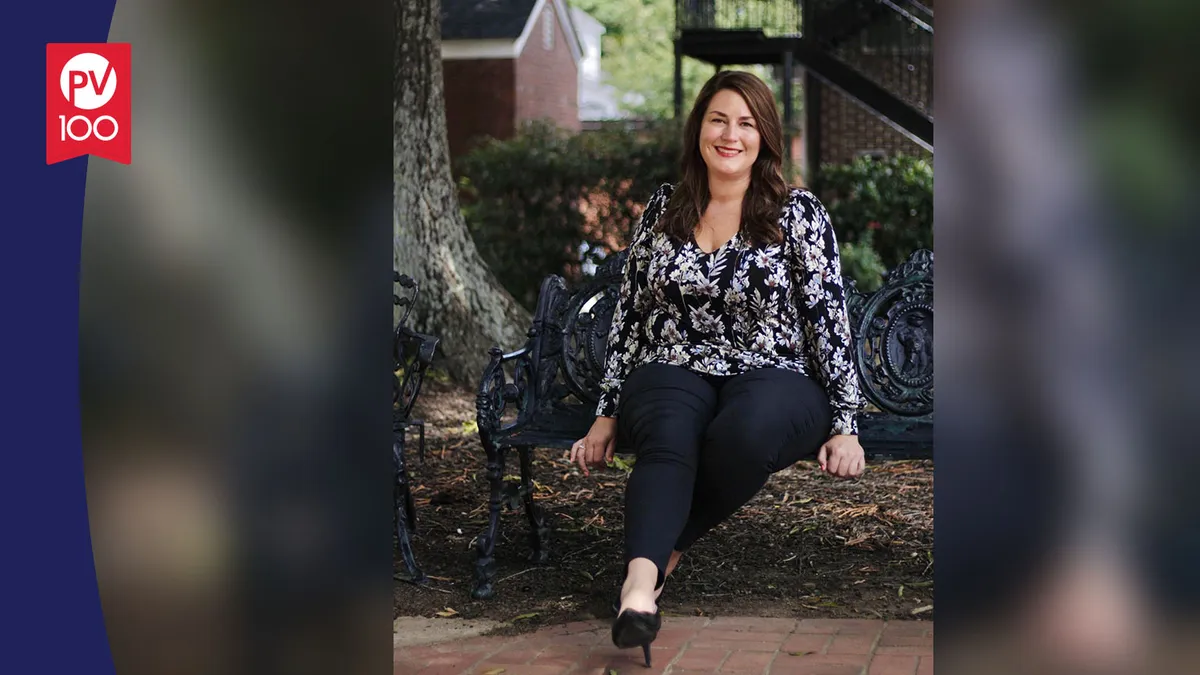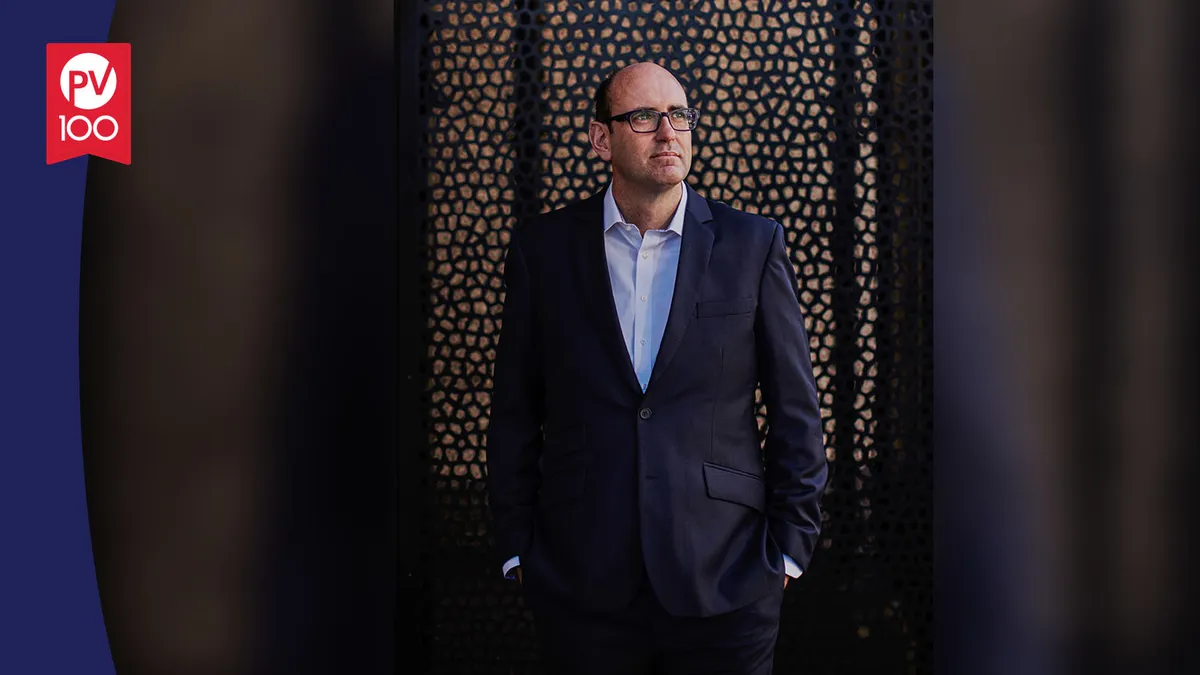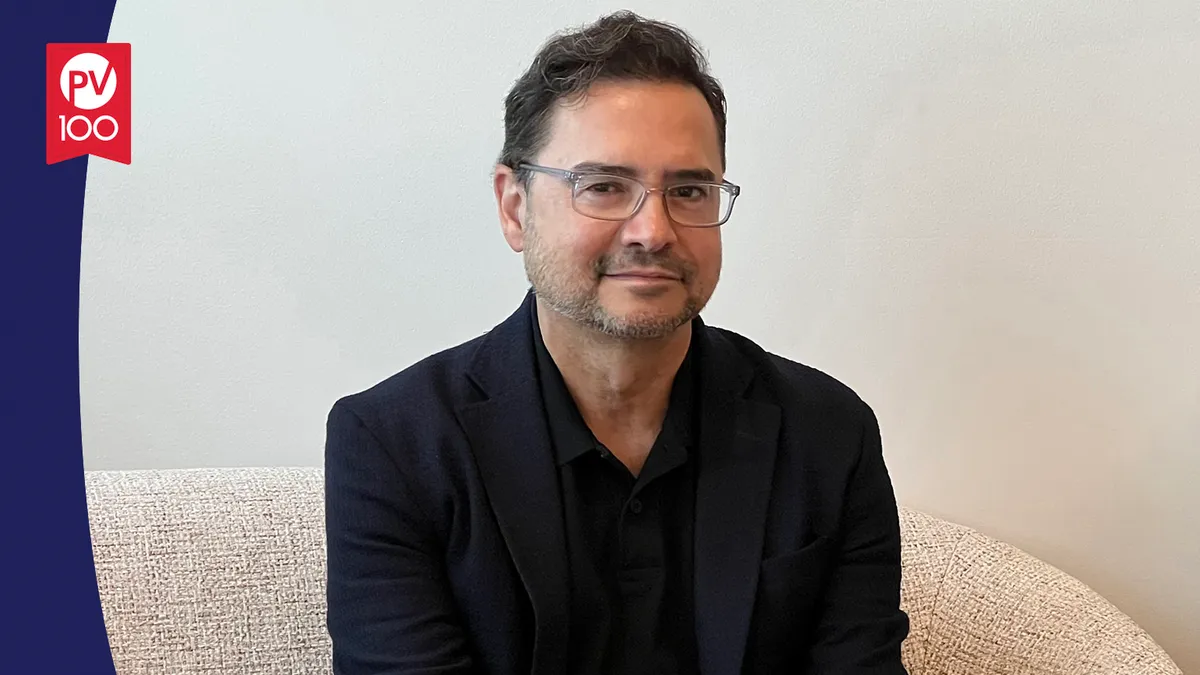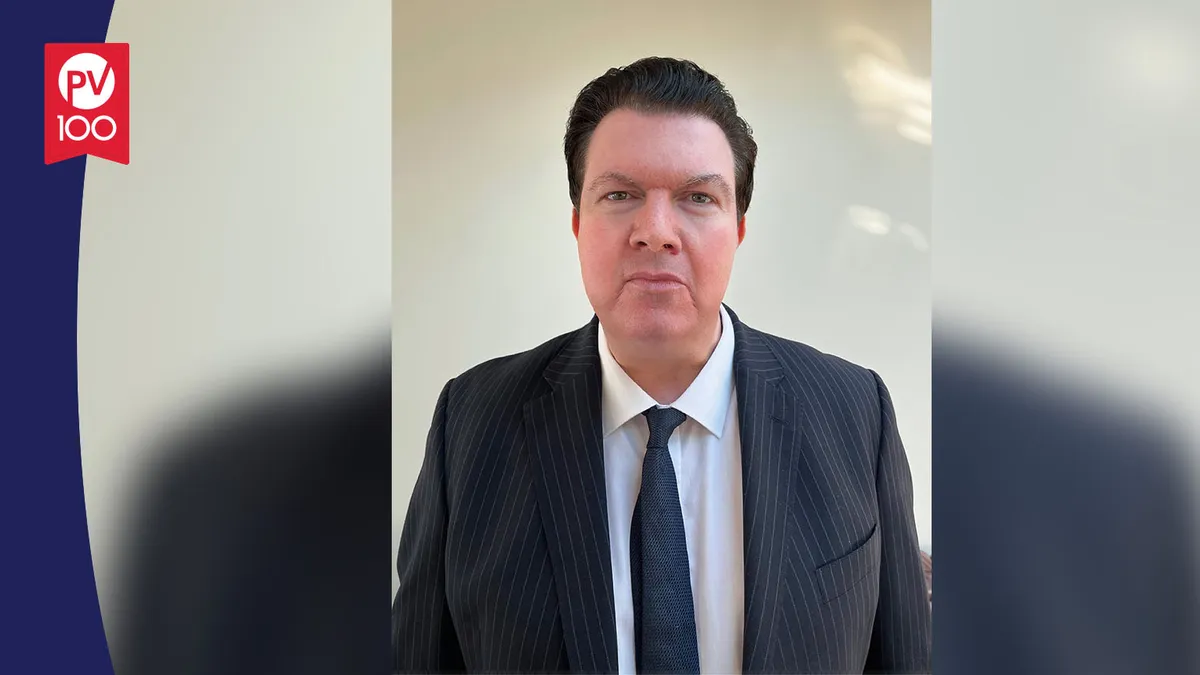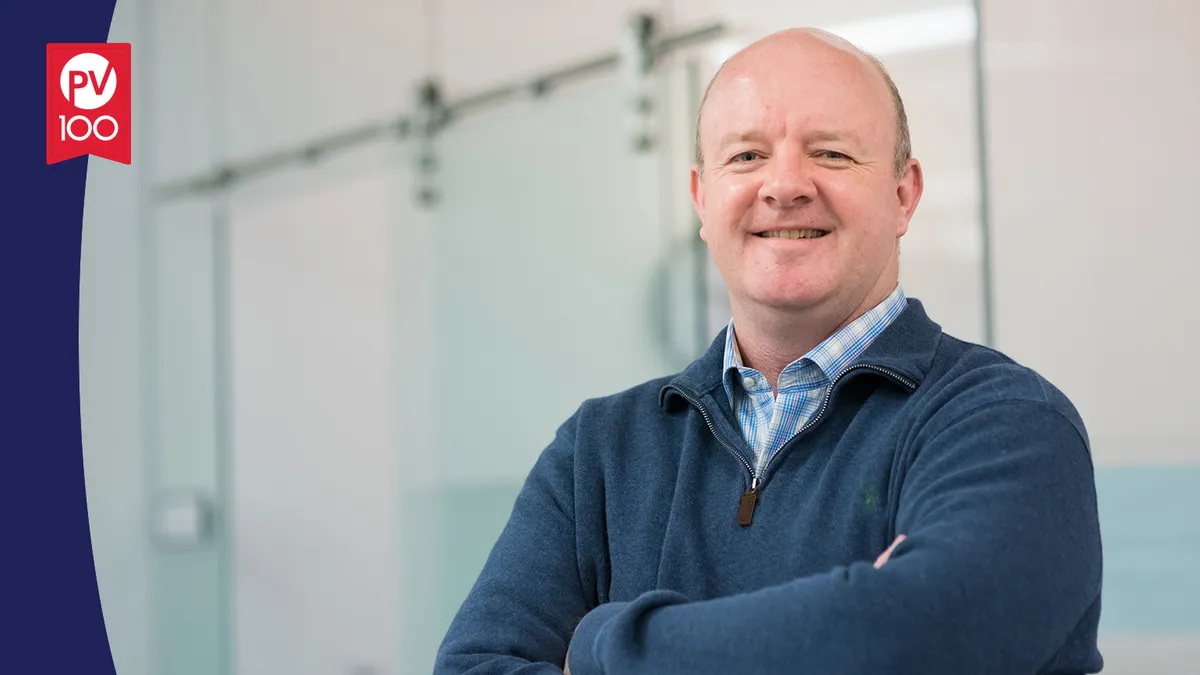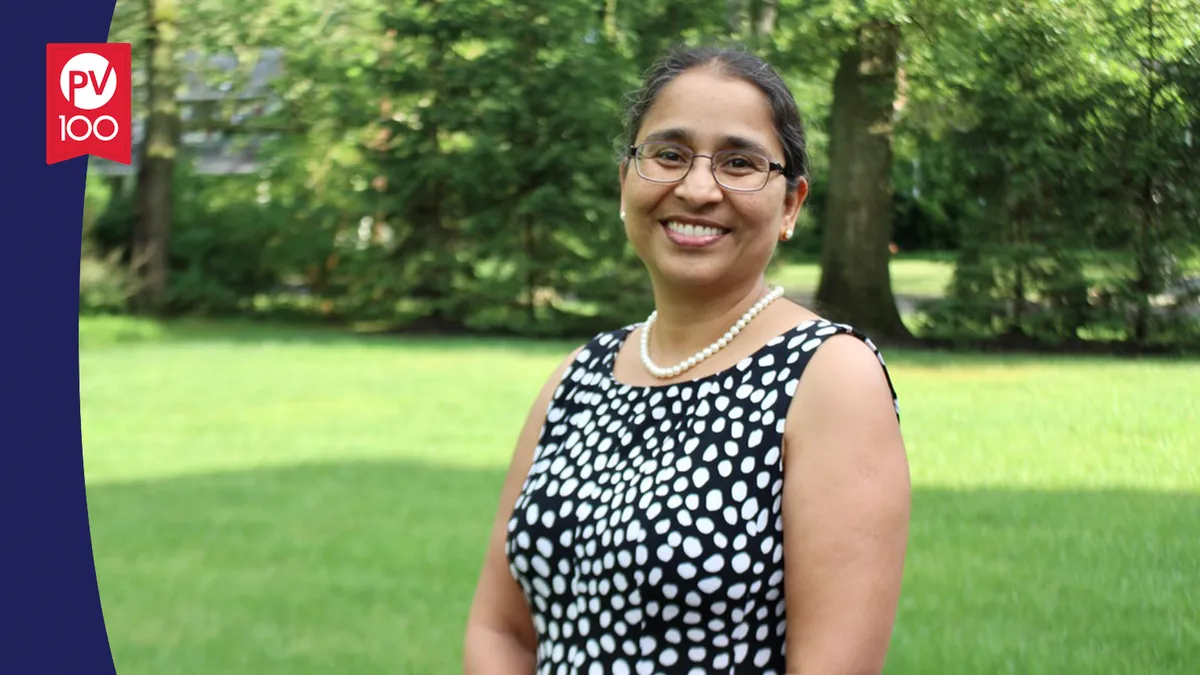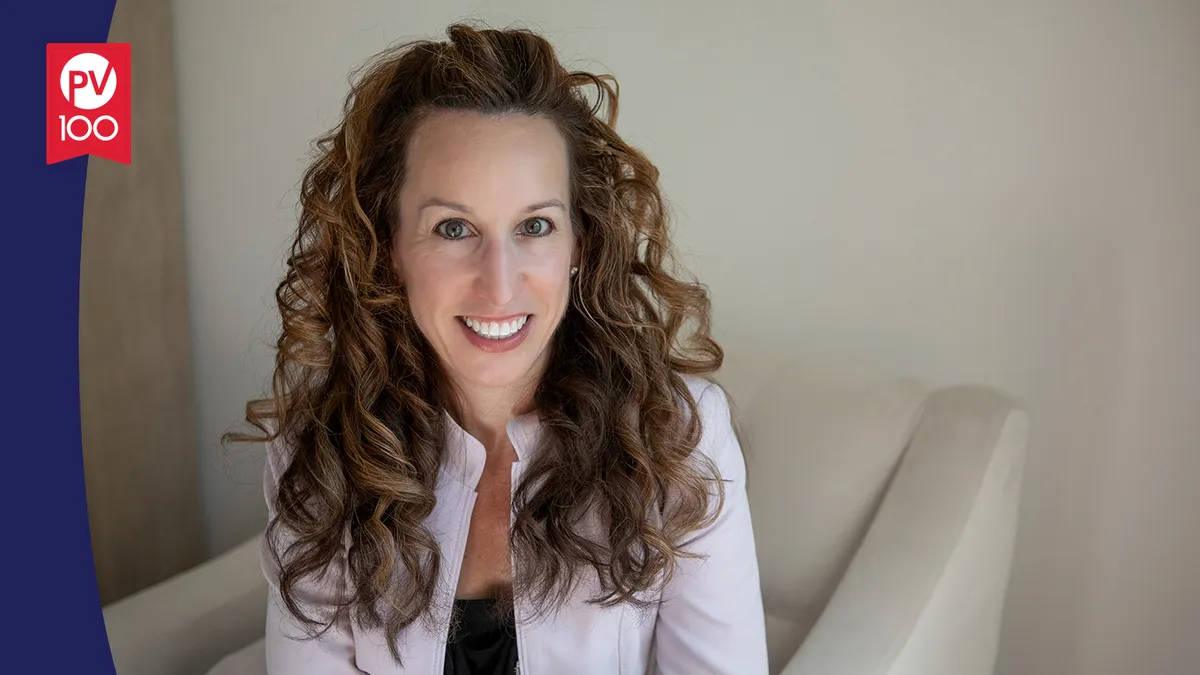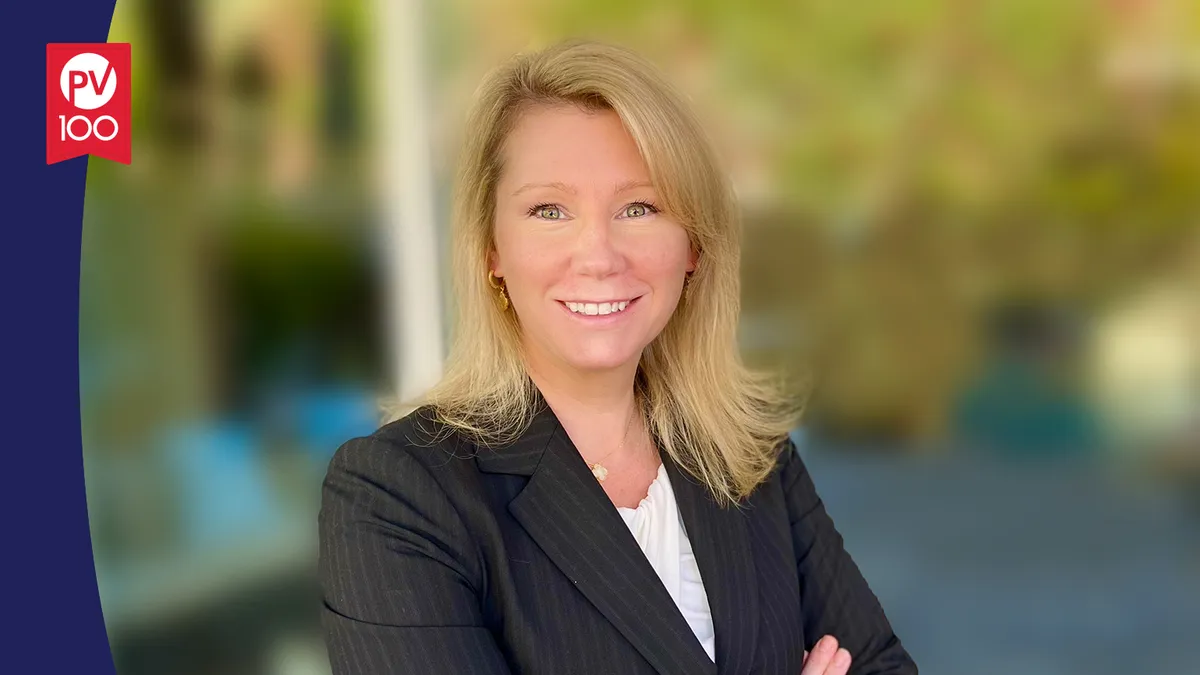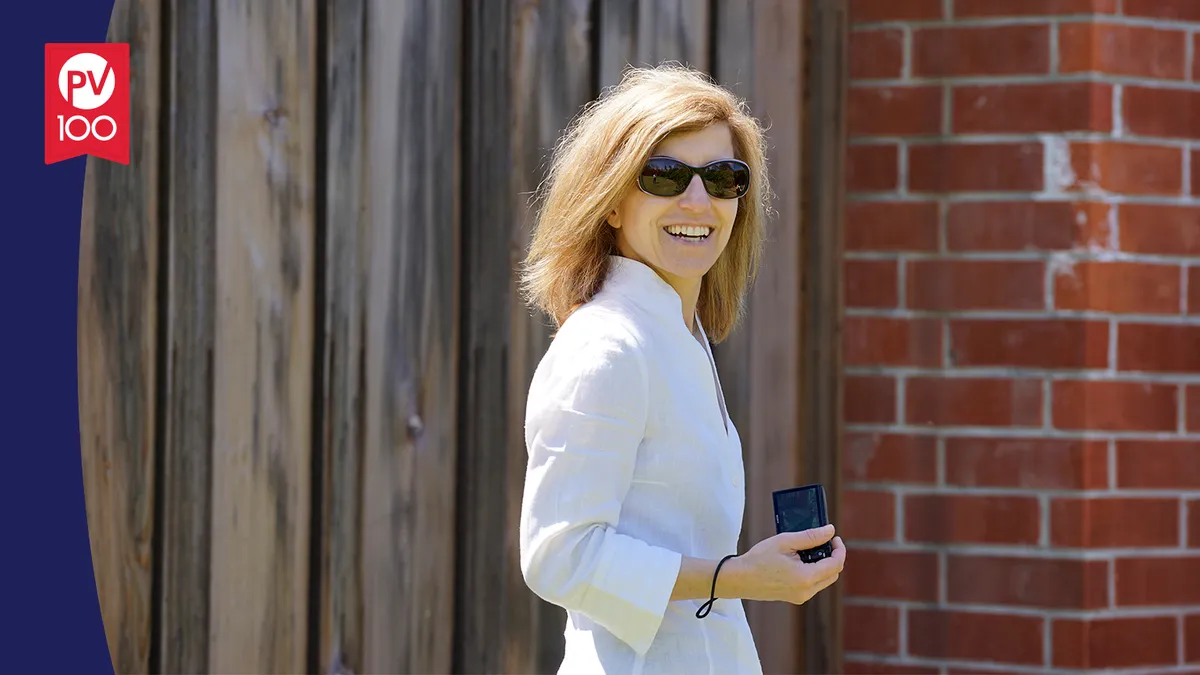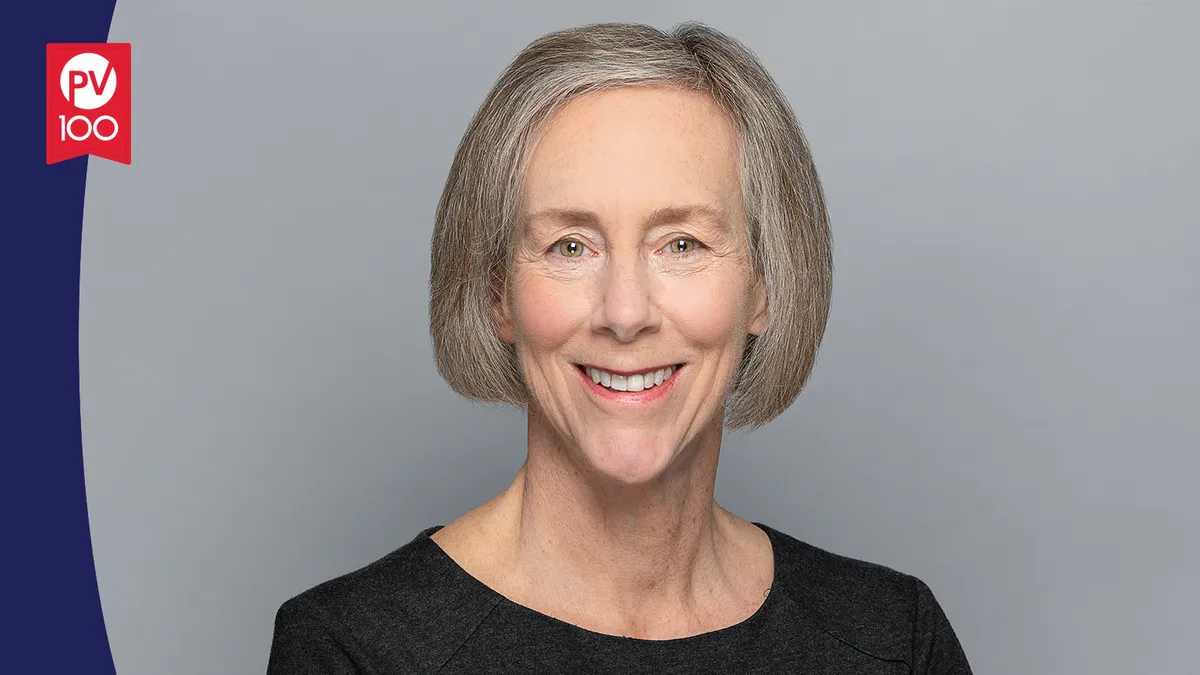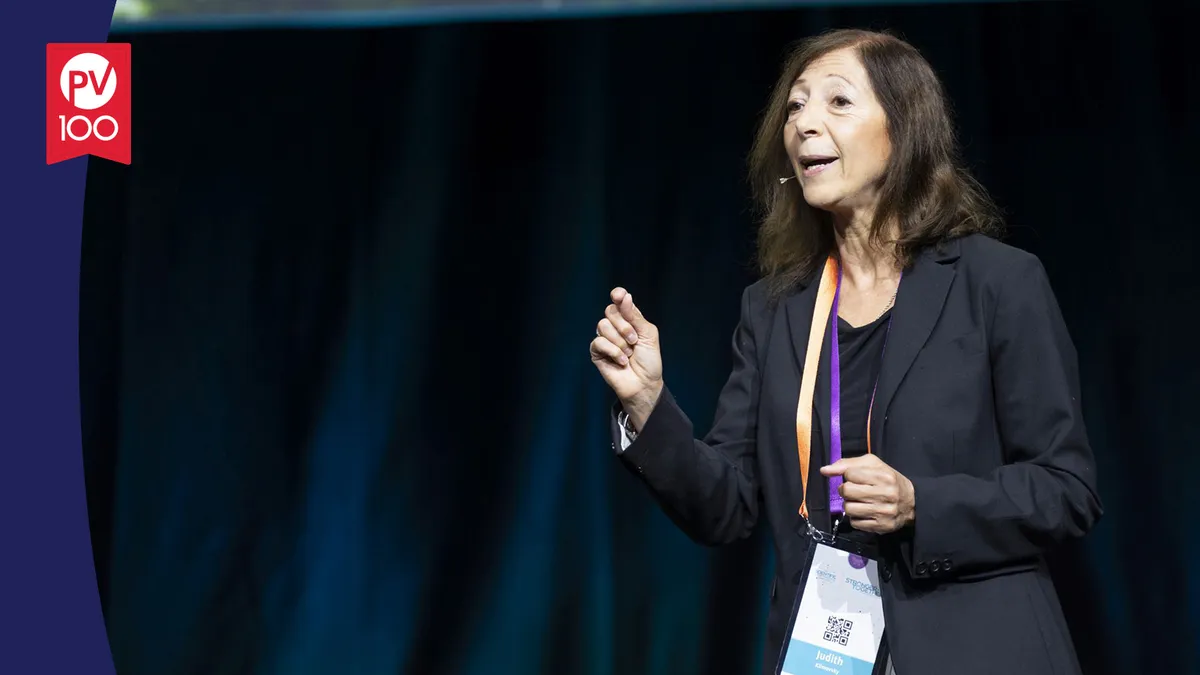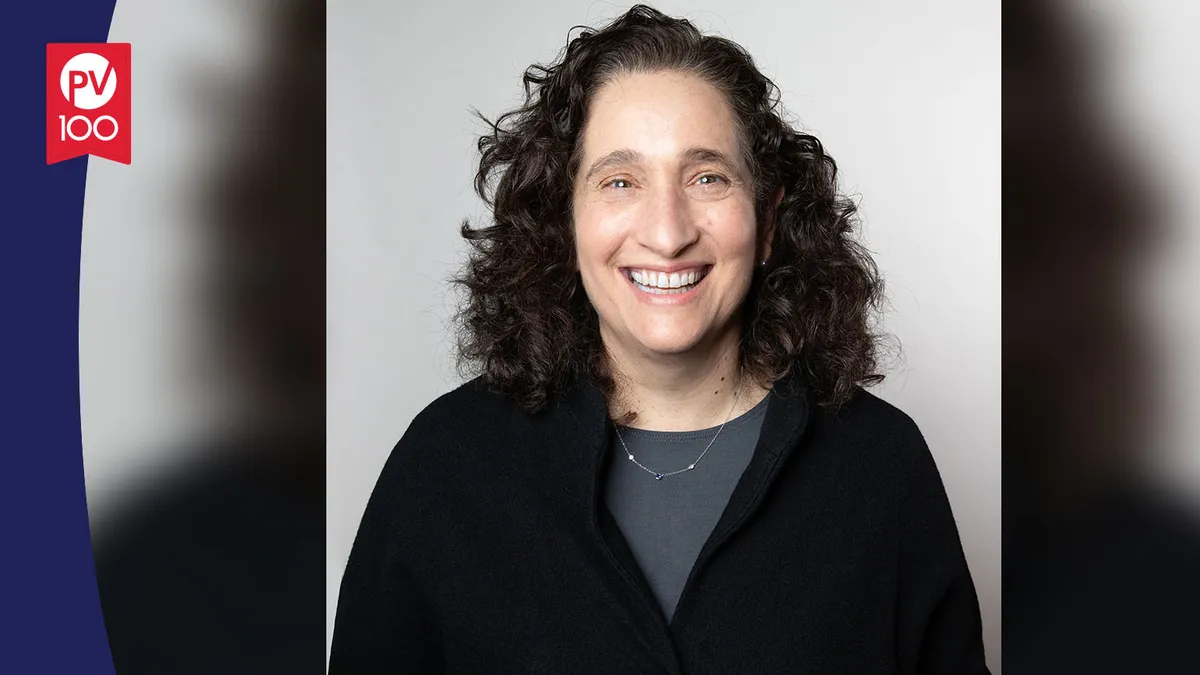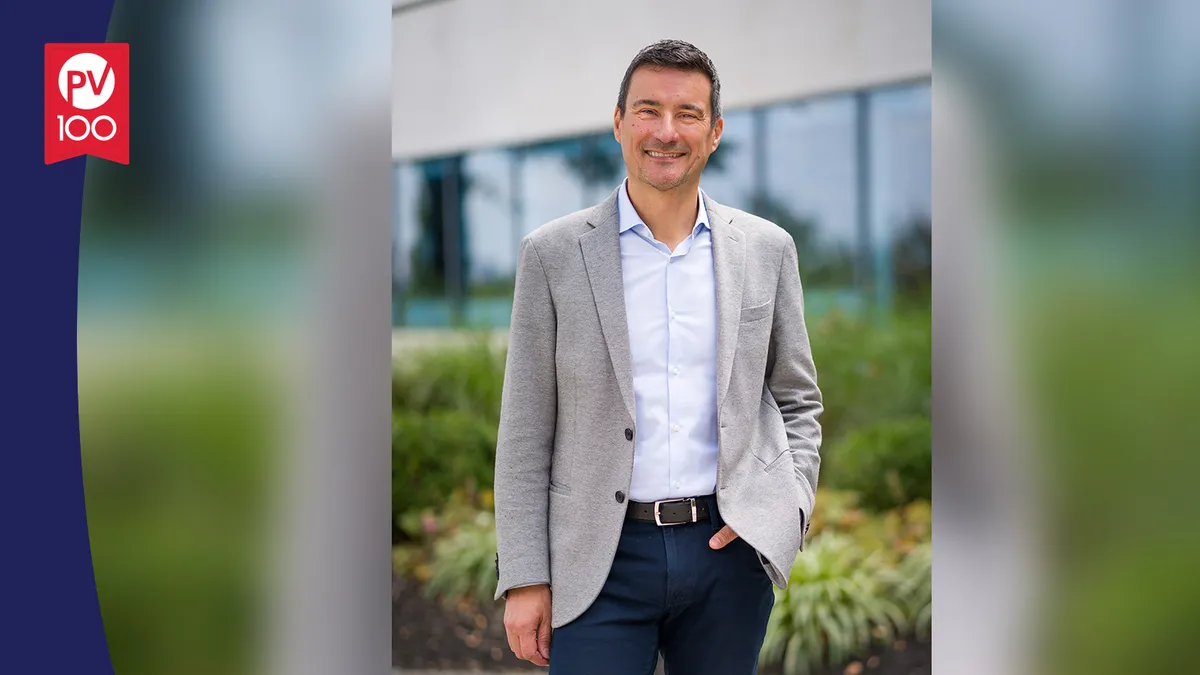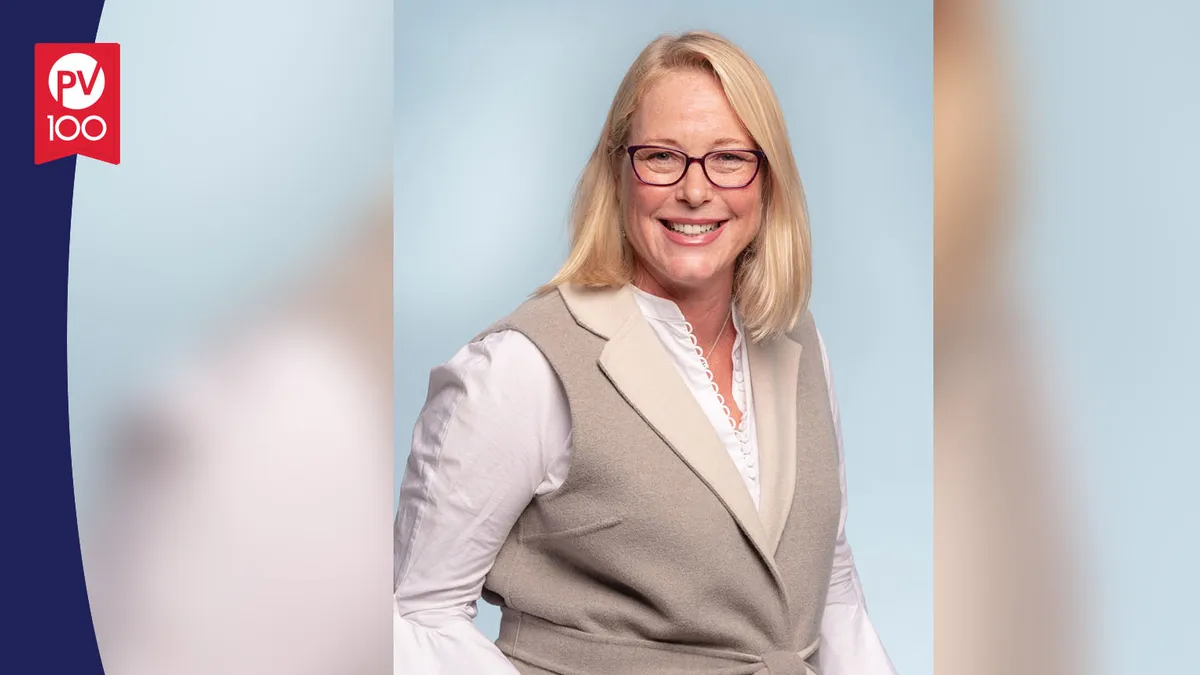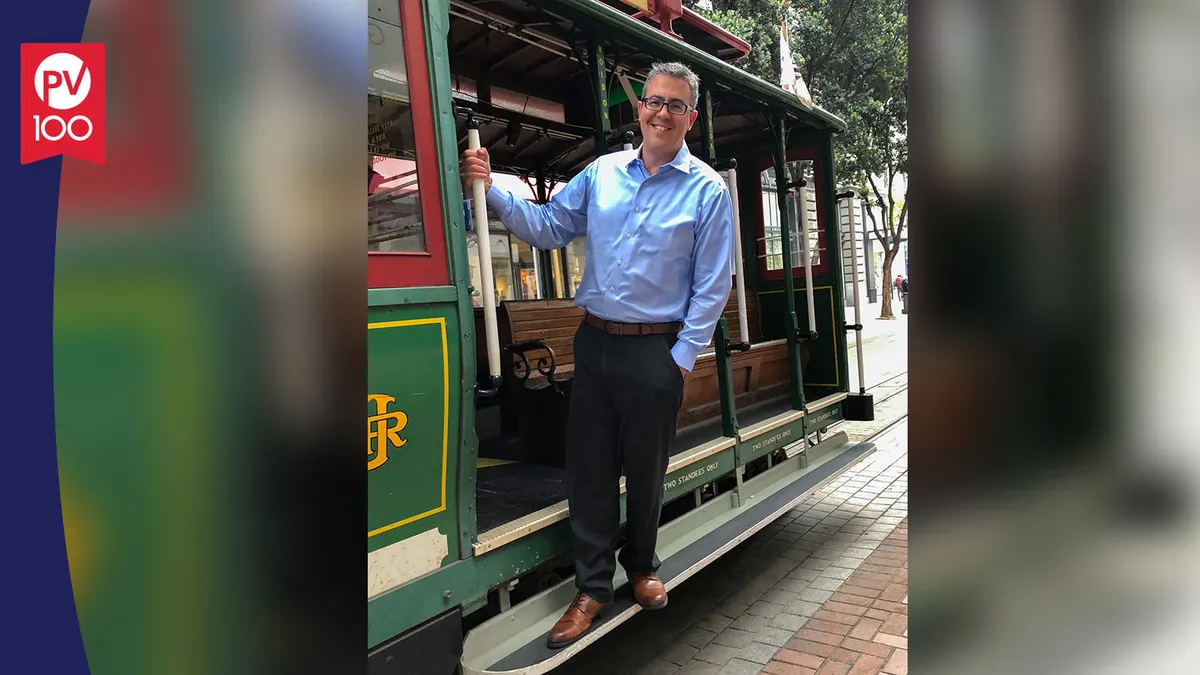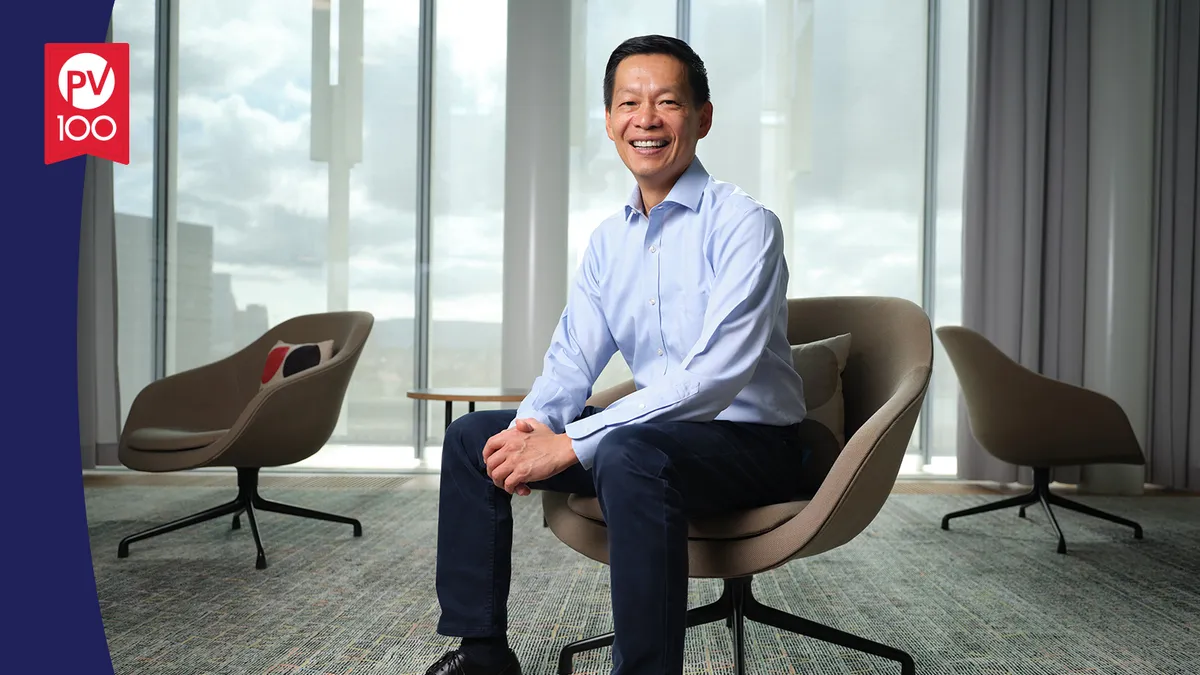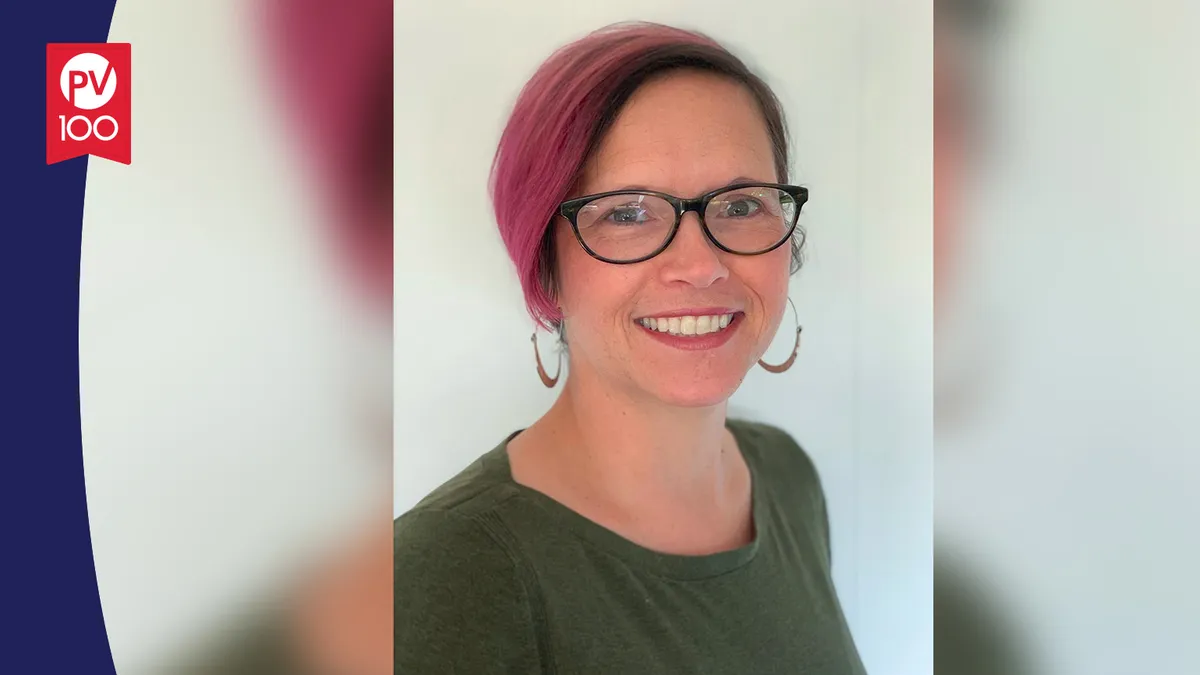Editor’s note: This story is part of our 2022 PharmaVoice 100 feature.
The technology that Armon Sharei built his company around has a simple premise: Send a cell through a small tube to "squeeze" and partially open the membrane, allowing for easier entry of biological materials useful for cell therapy.
Based on technology that Sharei developed during his Ph.D. candidacy in chemical engineering at MIT — while working under biopharma legends Klavs Jensen and Robert Langer — the Cell Squeeze platform became the basis of SQZ Biotech’s spinout from the university in 2013, with Sharei now at the helm as CEO and founder.
Cut to present day, and SQZ has raised more than $300 million through fundraising, struck a partnership with pharma giant Roche and launched an IPO in 2020.
Early on, SQZ's platform was dubbed a Scientific American Top 10 World Changing Idea, and the company was named a World Economic Forum Technology Pioneer. And Sharei likes to remind himself of these early days of the Cell Squeeze platform — in his office is a melted and half-burnt prototype of the glass tubes that he and his team shot cells through. It's a reminder "of all the failures we went through, some more dramatic than others, to get this far," he says.
For Sharei, the drive to develop better cell therapies comes not only from his scientific expertise but from a personal bout with the kind of disease he wants to help patients overcome.
"While building SQZ, Sharei was diagnosed with cancer, and now as a survivor, he knows first-hand the fear that comes from a cancer diagnosis and the effects on the body from round-after-round of systemic chemotherapy treatments used to fight the disease," one of Sharei's nominators says. “This experience has added to his belief that cell therapies offer a better way to treat patients — without toxic therapies like chemotherapy.”
SQZ is performing three early- to mid-phase trials in solid tumors that are positive for human papillomavirus.
And at the end of last year, SQZ demonstrated that the platform could bring about a radiographic and immune response as well as improve symptoms in cancer patients. In fact, using the Cell Squeeze technique, which allows for the delivery of nucleic acids through the perforated cell membrane, the cells could be more easily engineered and administered to the patient within about a week.
"Always move toward what you think is best for long-term impact — scientific trends and business cycles will come and go, but if you keep pointing your company and team towards the right final destination, you will pull it through."
Armon Sharei
CEO, co-founder, SQZ Biotech
Sharei looks to advances in science as an objective way to change the world for the better.
"Governments and businesses will always rise and fall but children will continue to be saved by vaccines and humans will continue to fly — once you make an advance through science, no one can take it back," Sharei says.
For inspiration, Sharei looks to the simplicity of a brand like Google, which he says "is colorful and doesn't take itself too seriously, but represents clear technical excellence with world changing impact."
Cell therapy can be prohibitively complex and costly, but Sharei's straightforward and inexpensive approach has given the industry a new way of looking at the field.
"Cell therapies can be a transformational new modality," Sharei says. "With SQZ, we want to unlock their true potential by enabling engineering of many sophisticated functions in a simple and cost-effective format."



